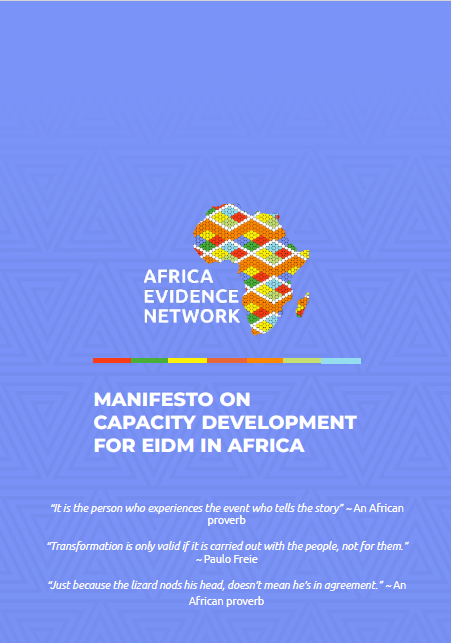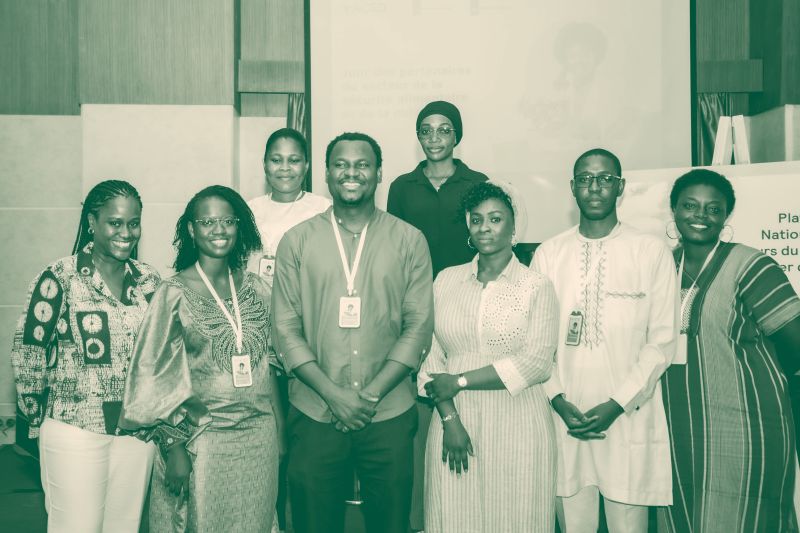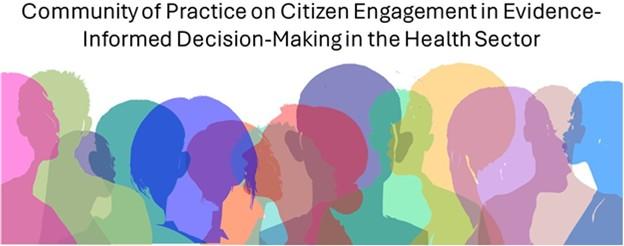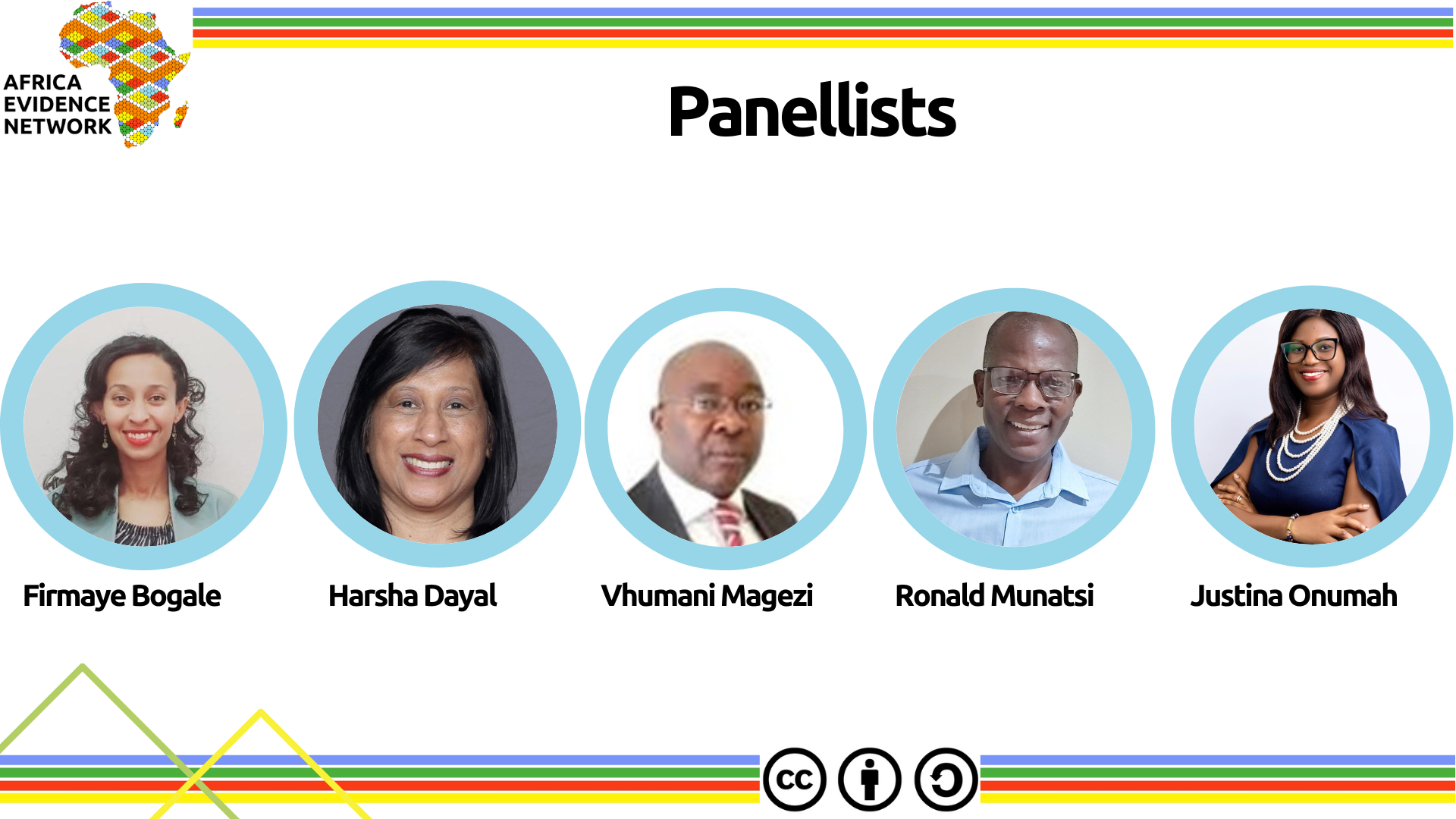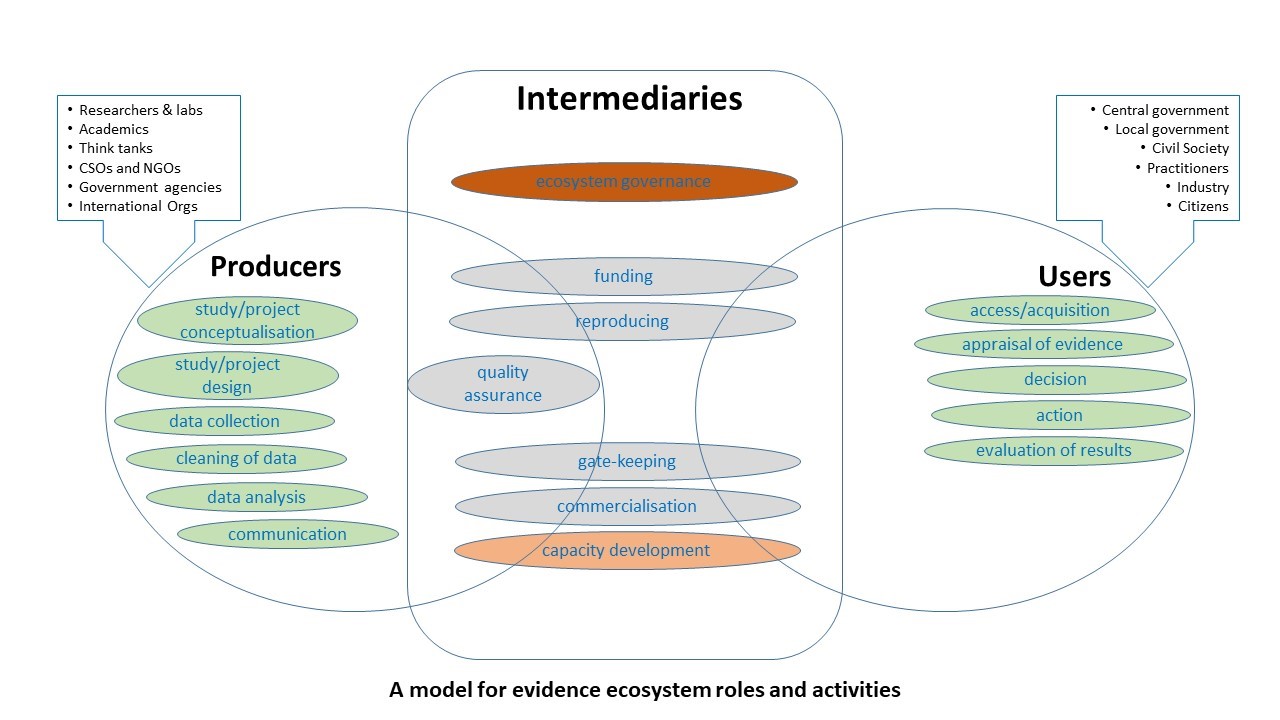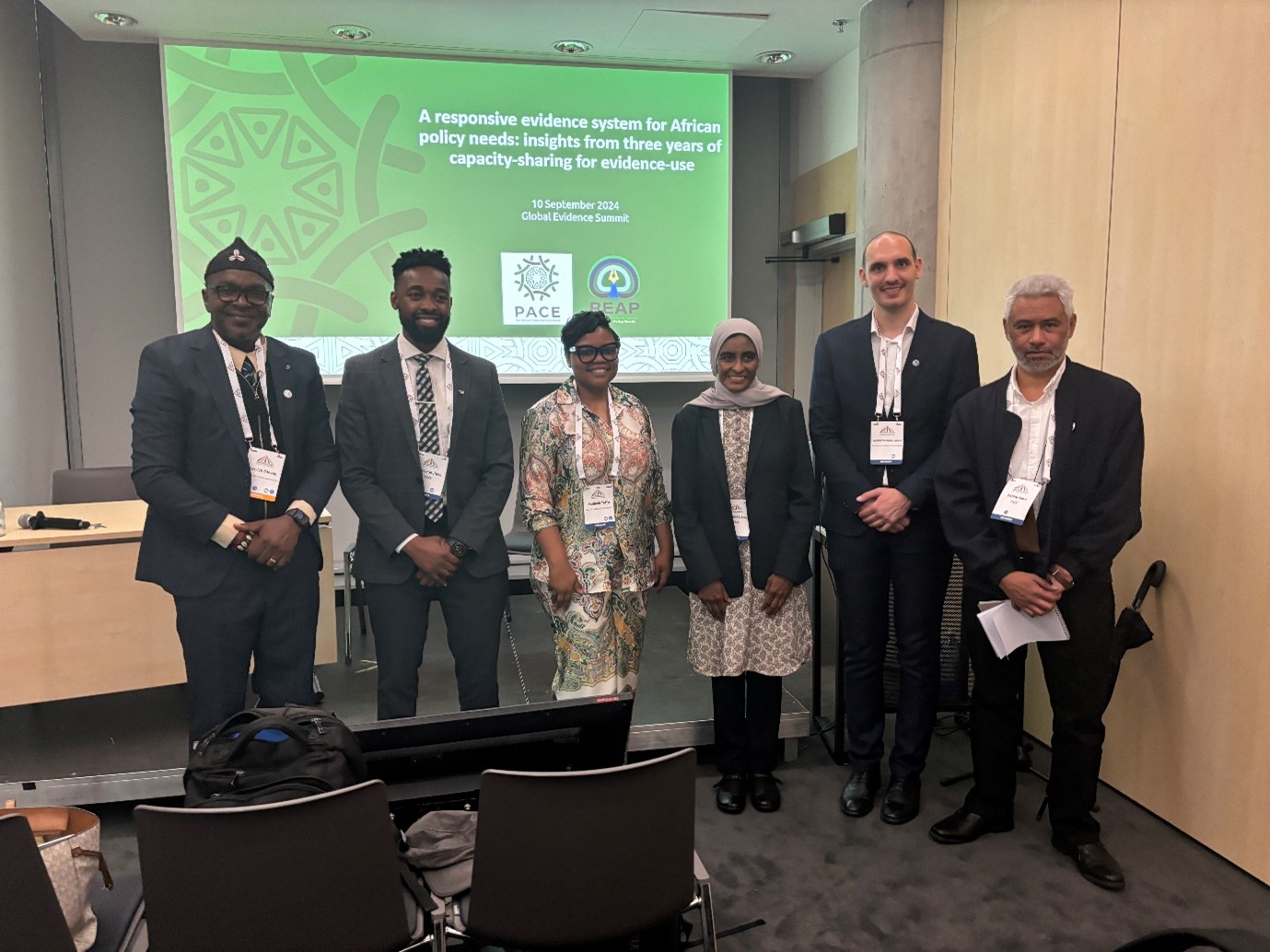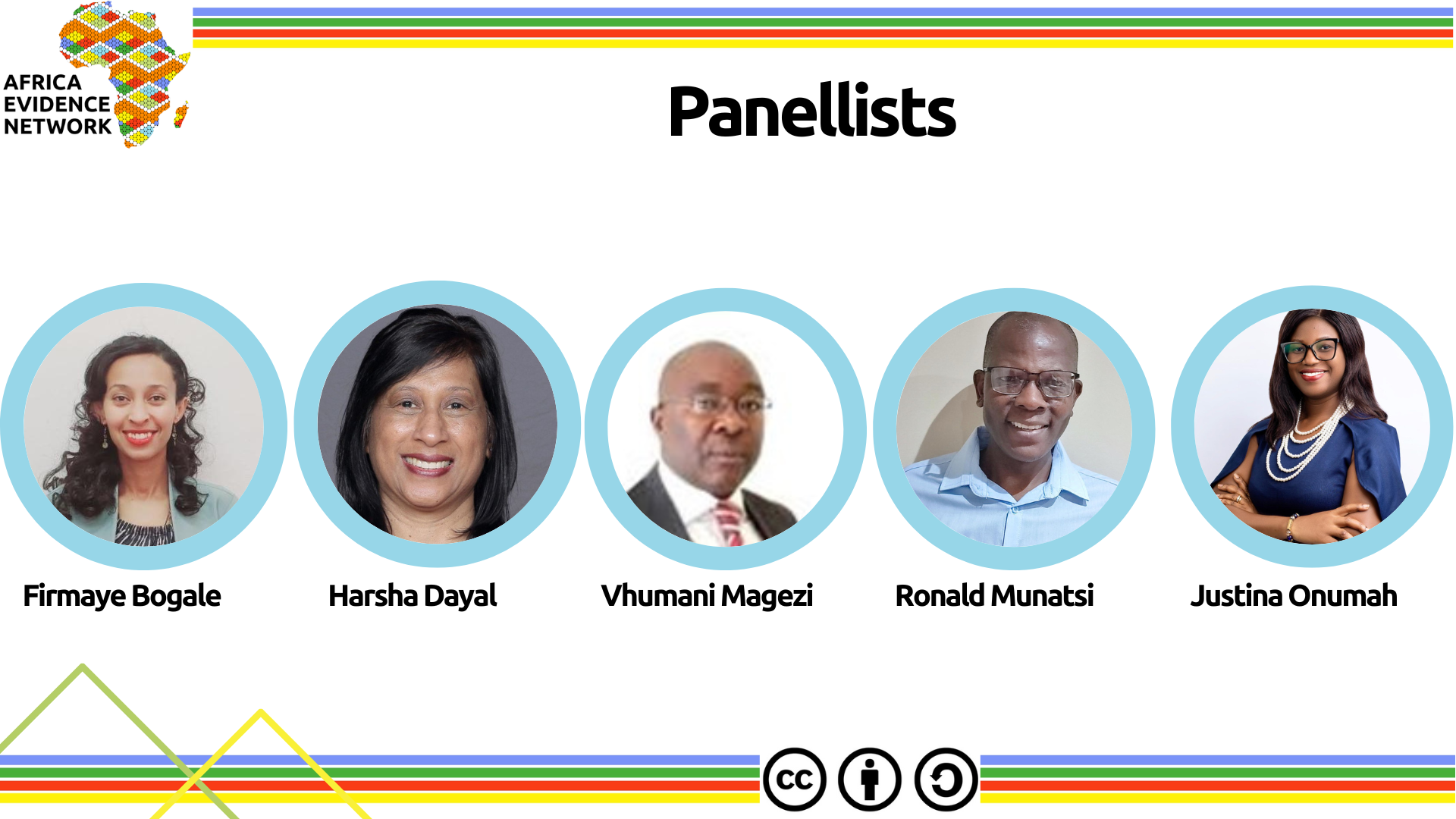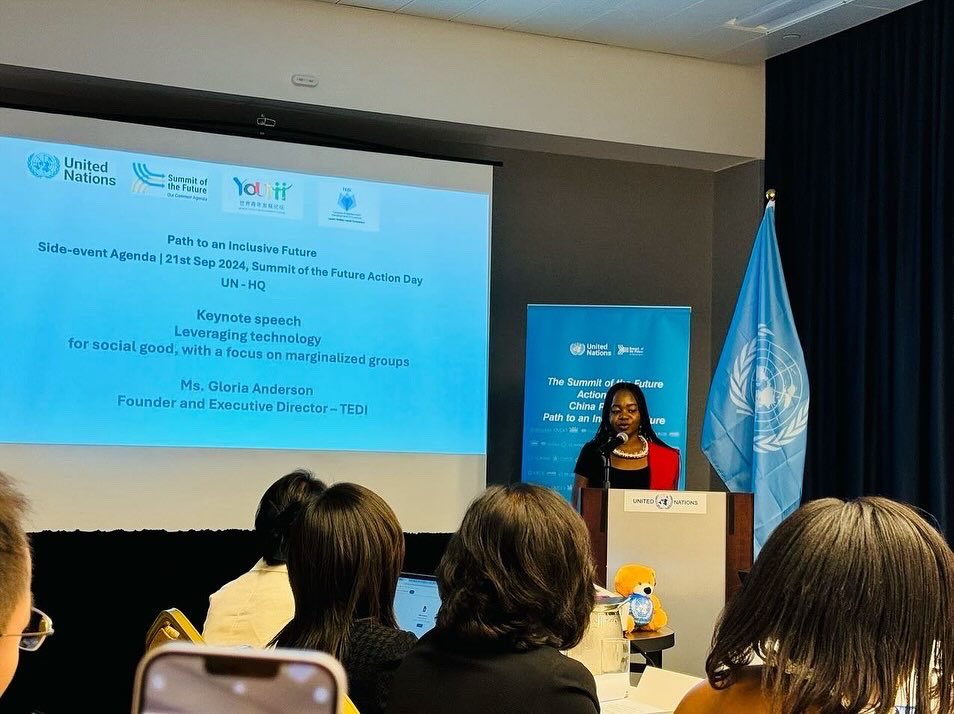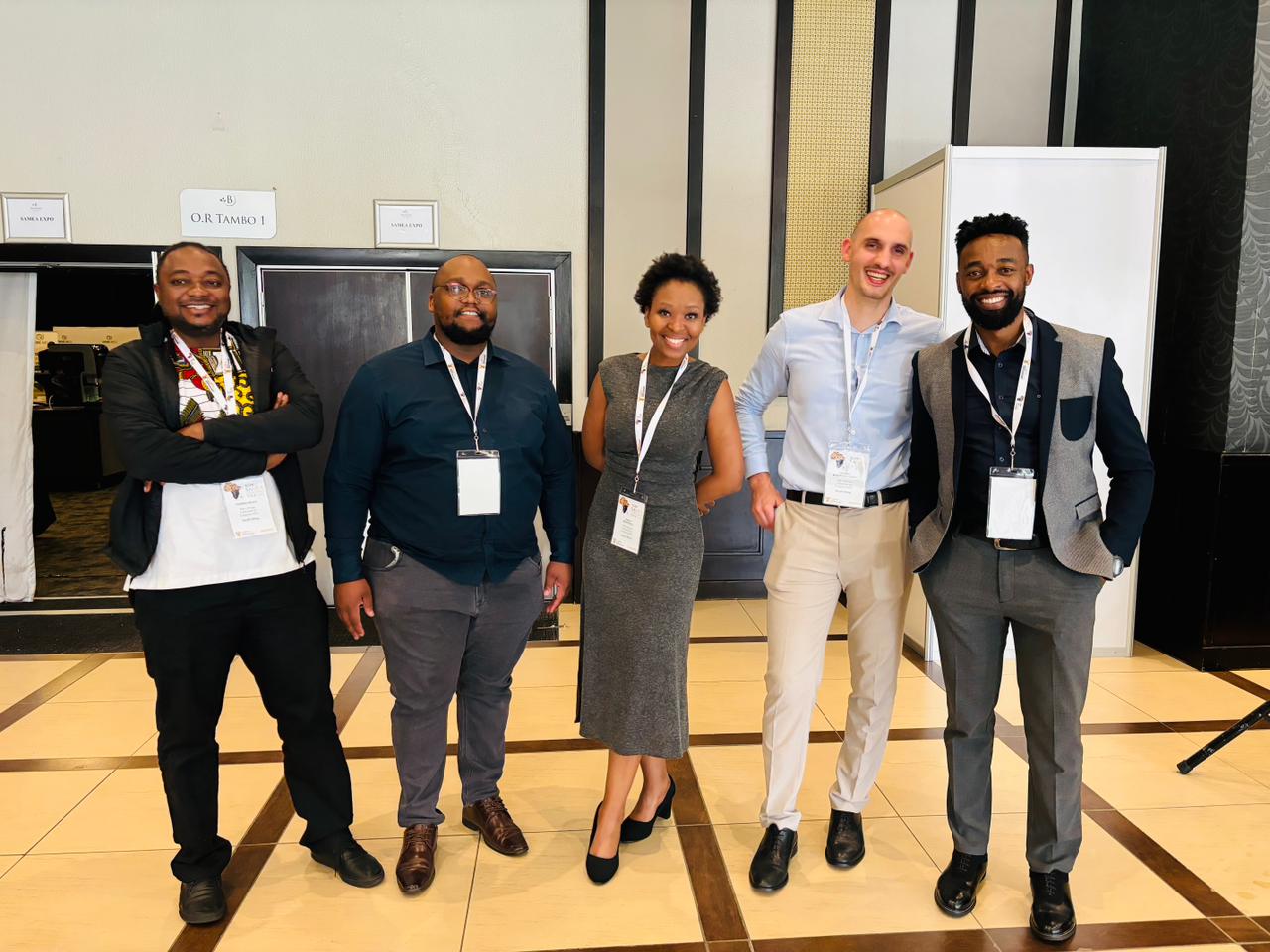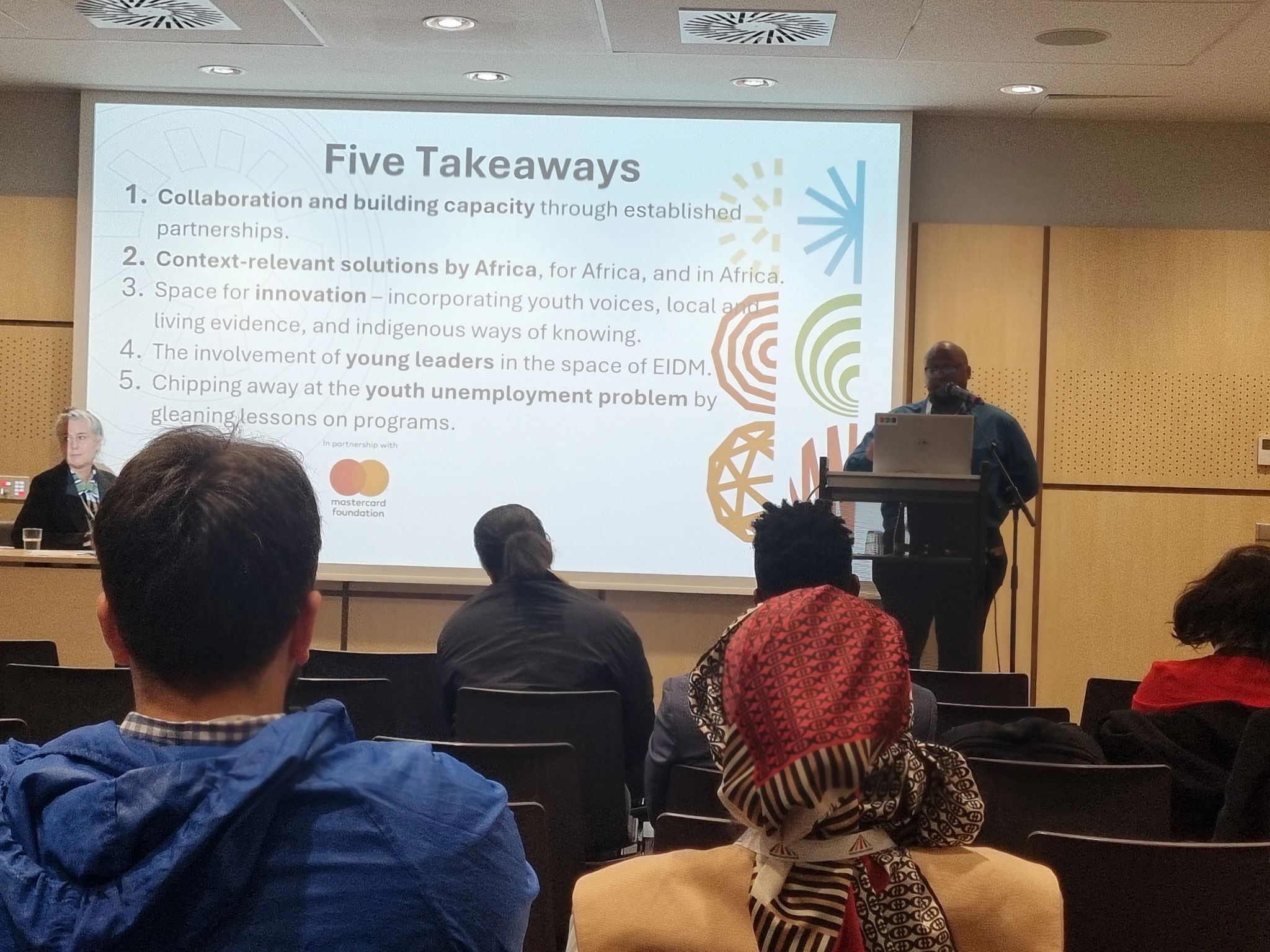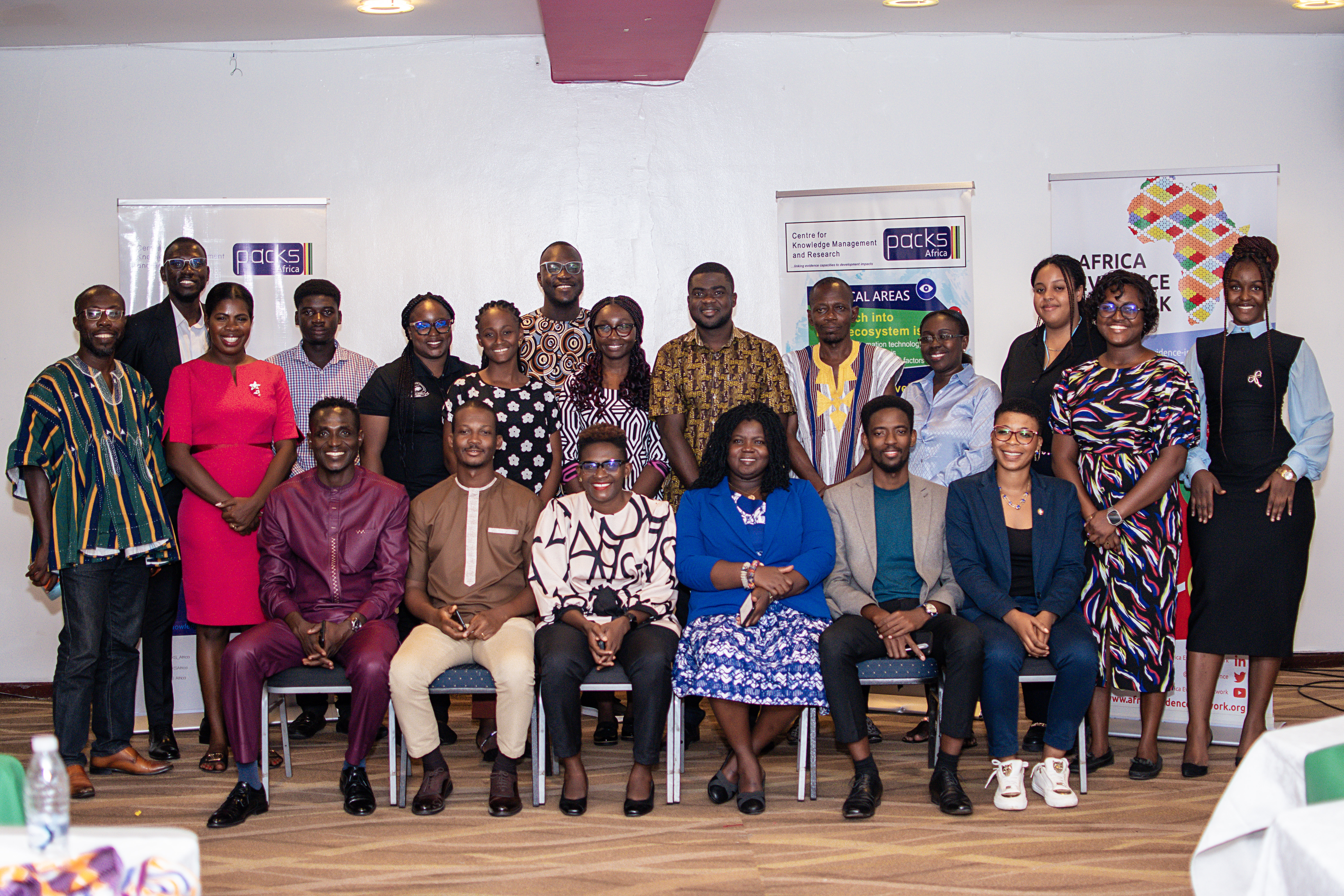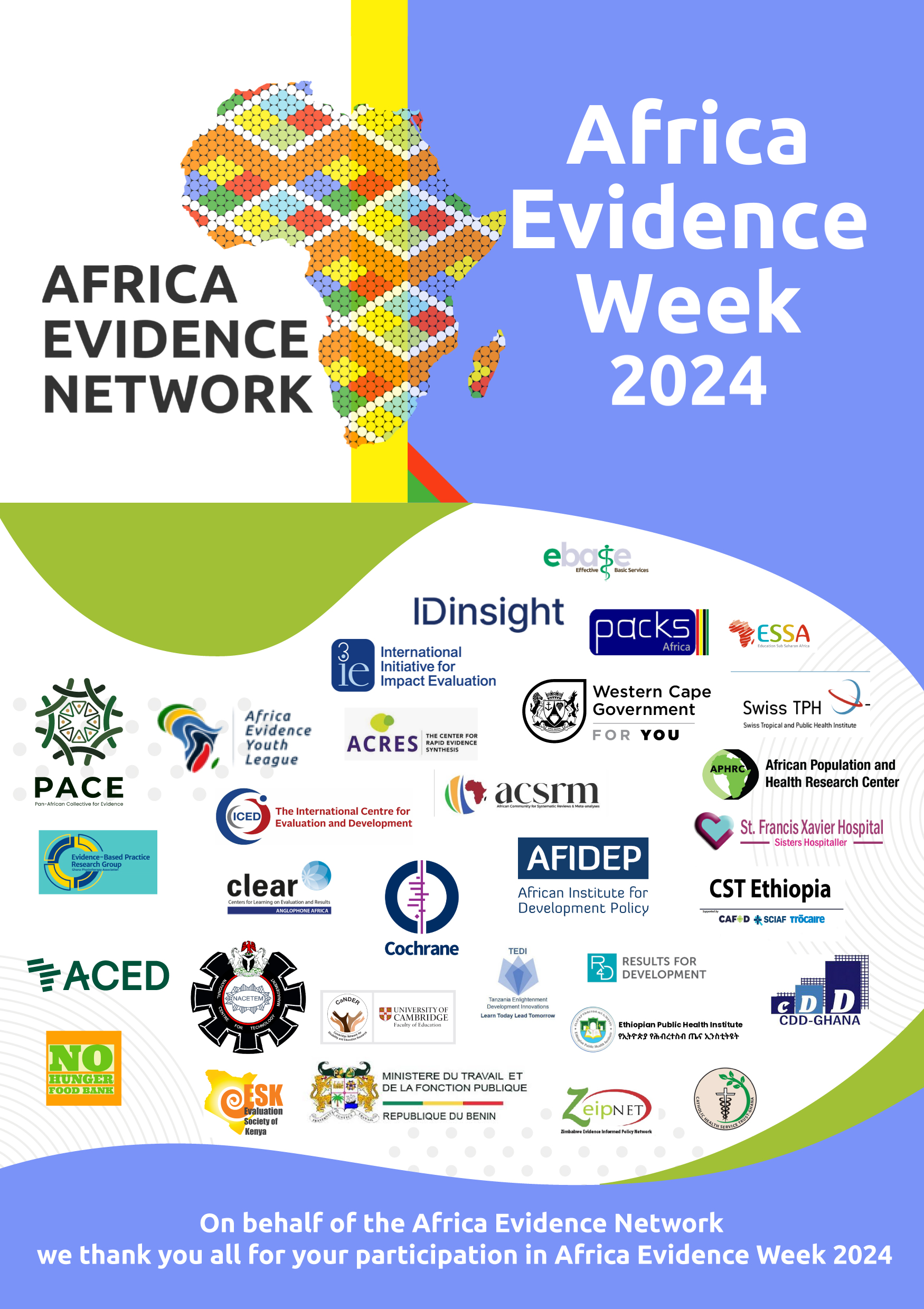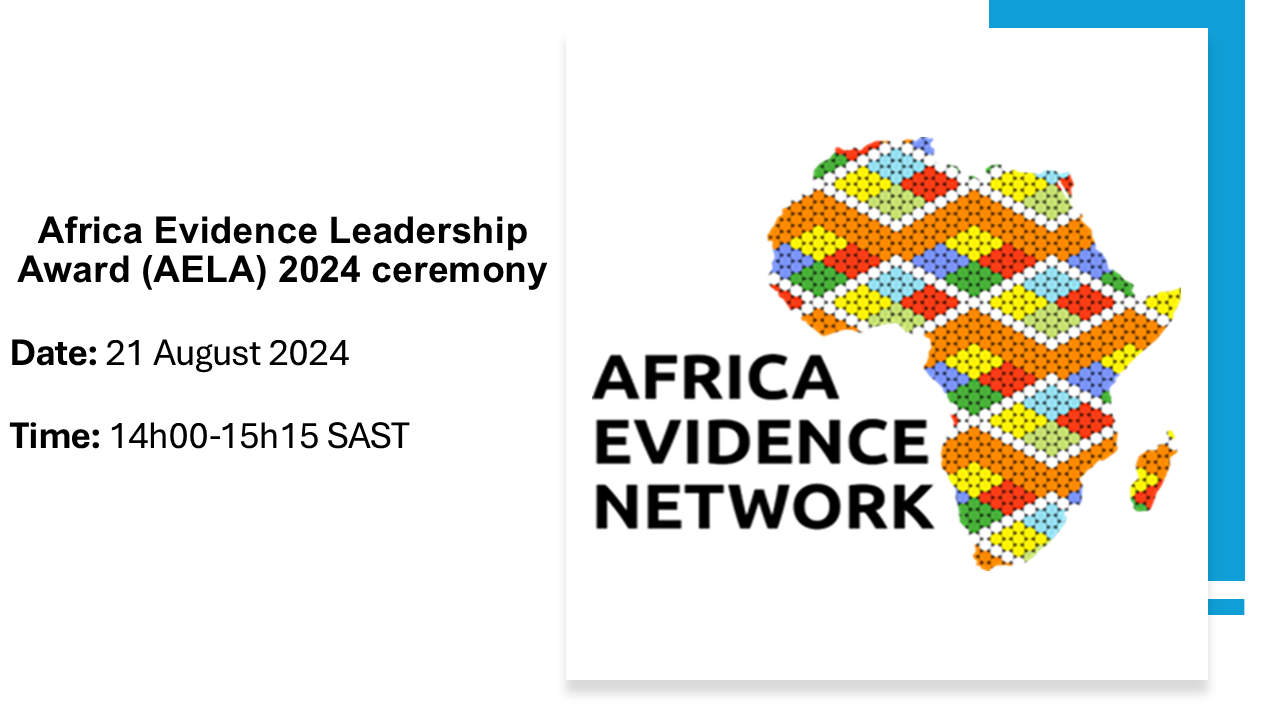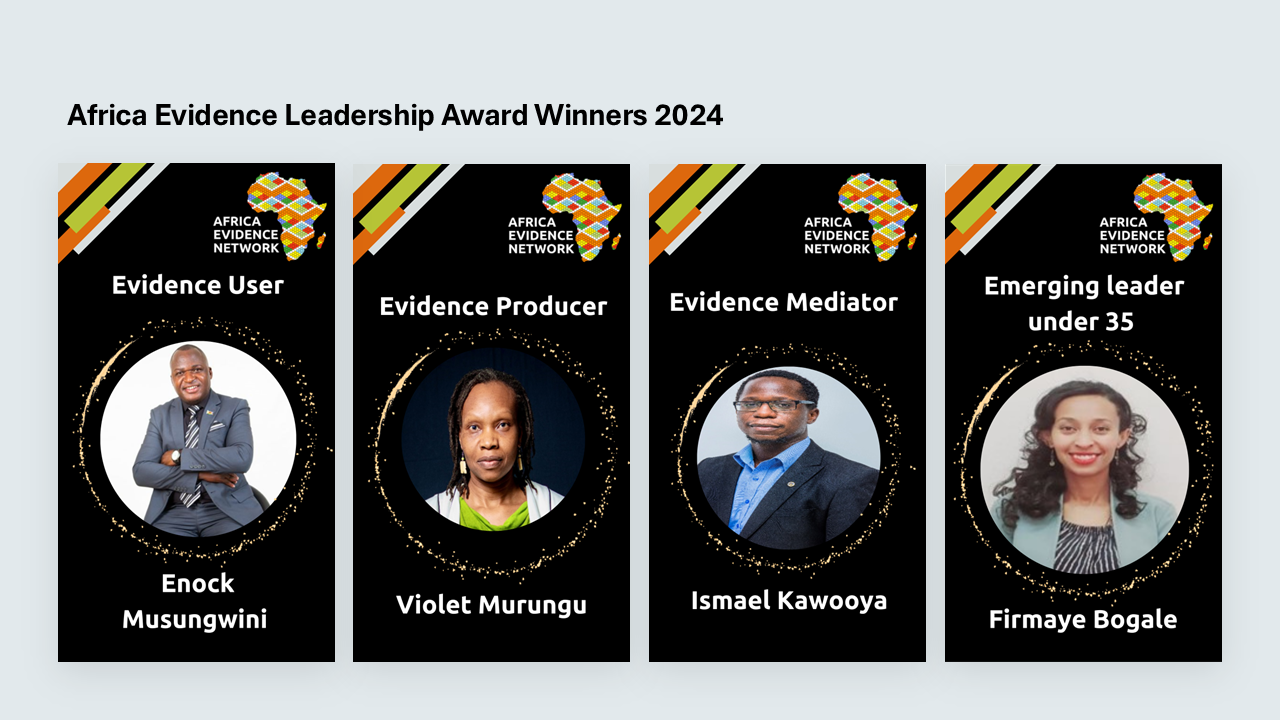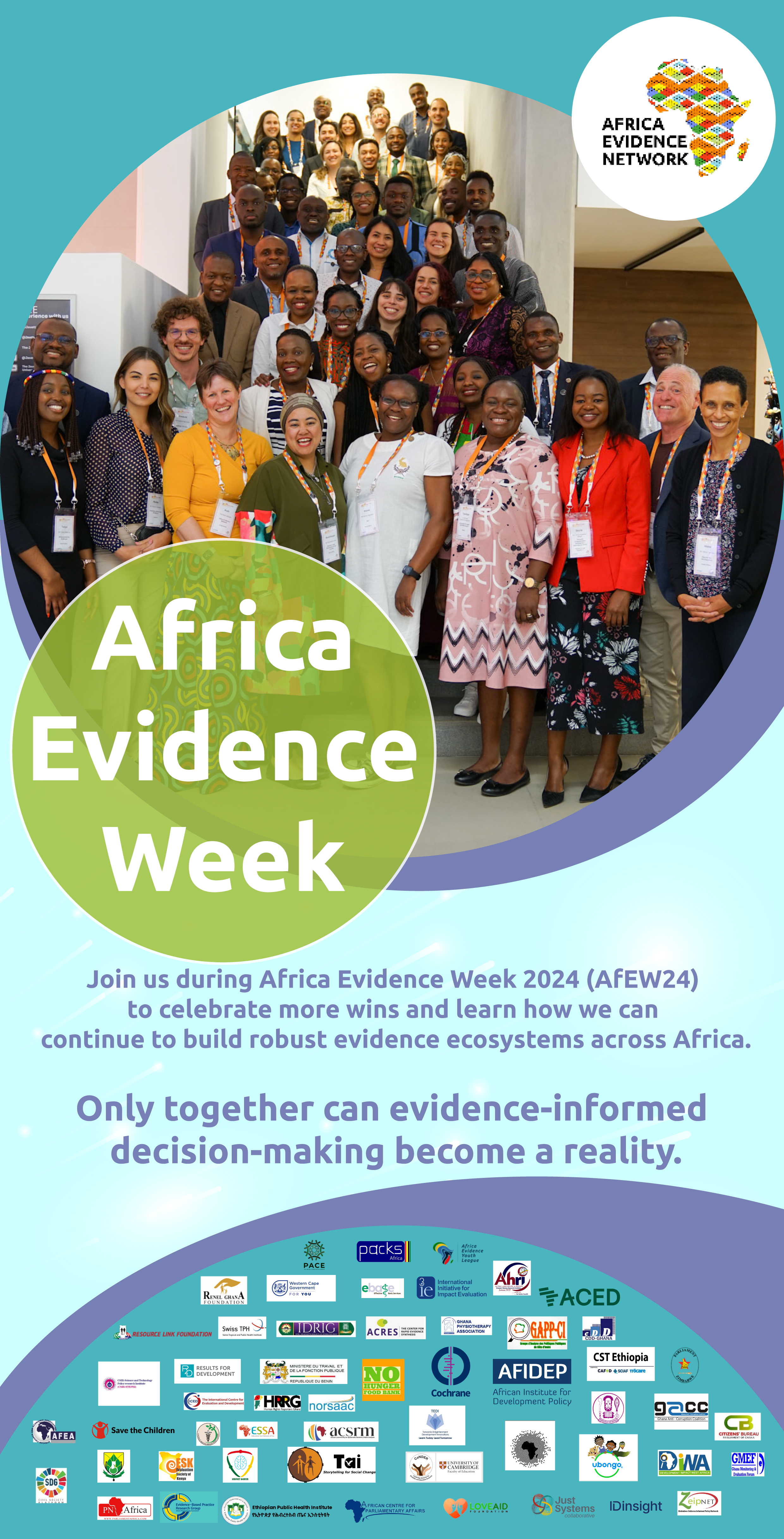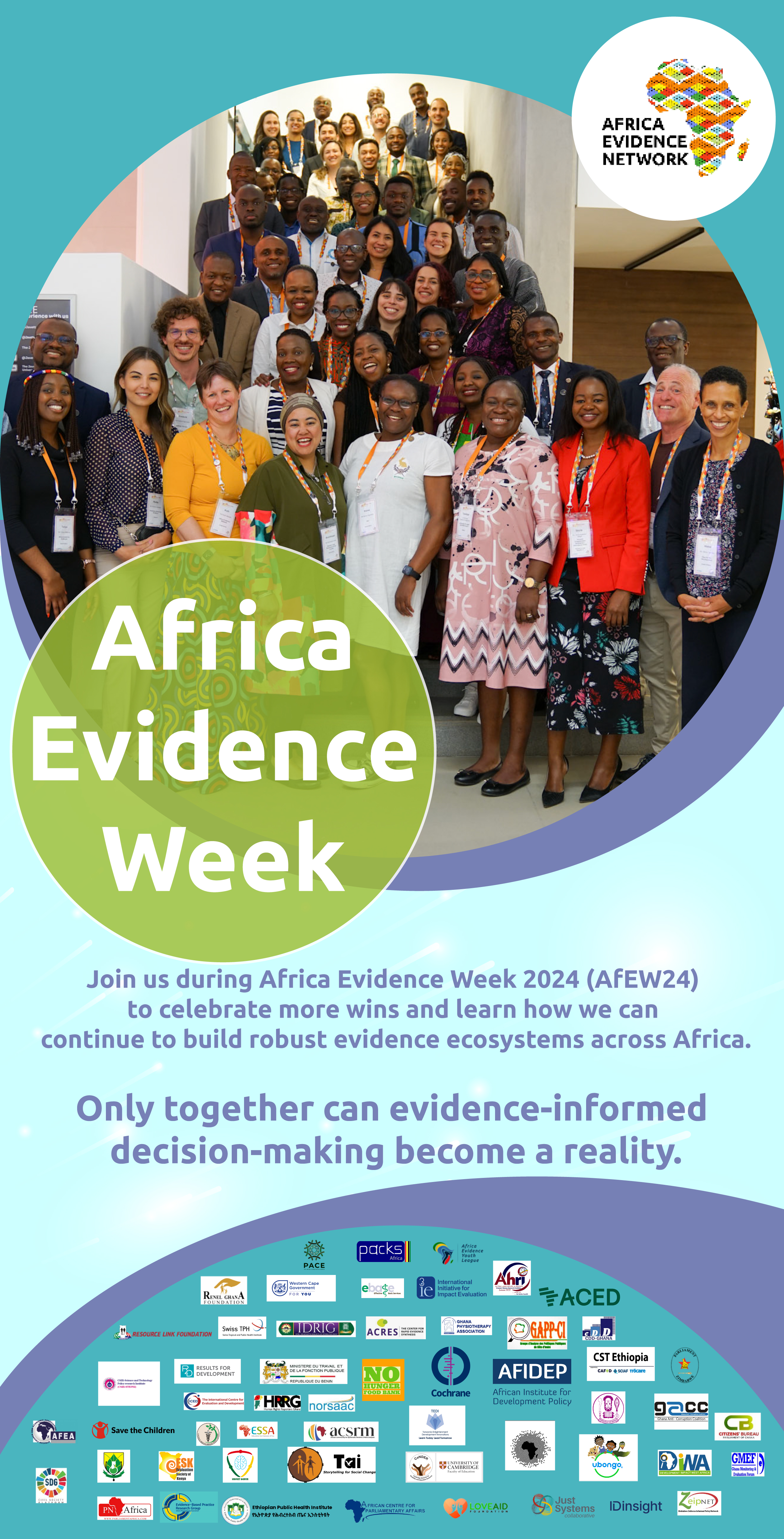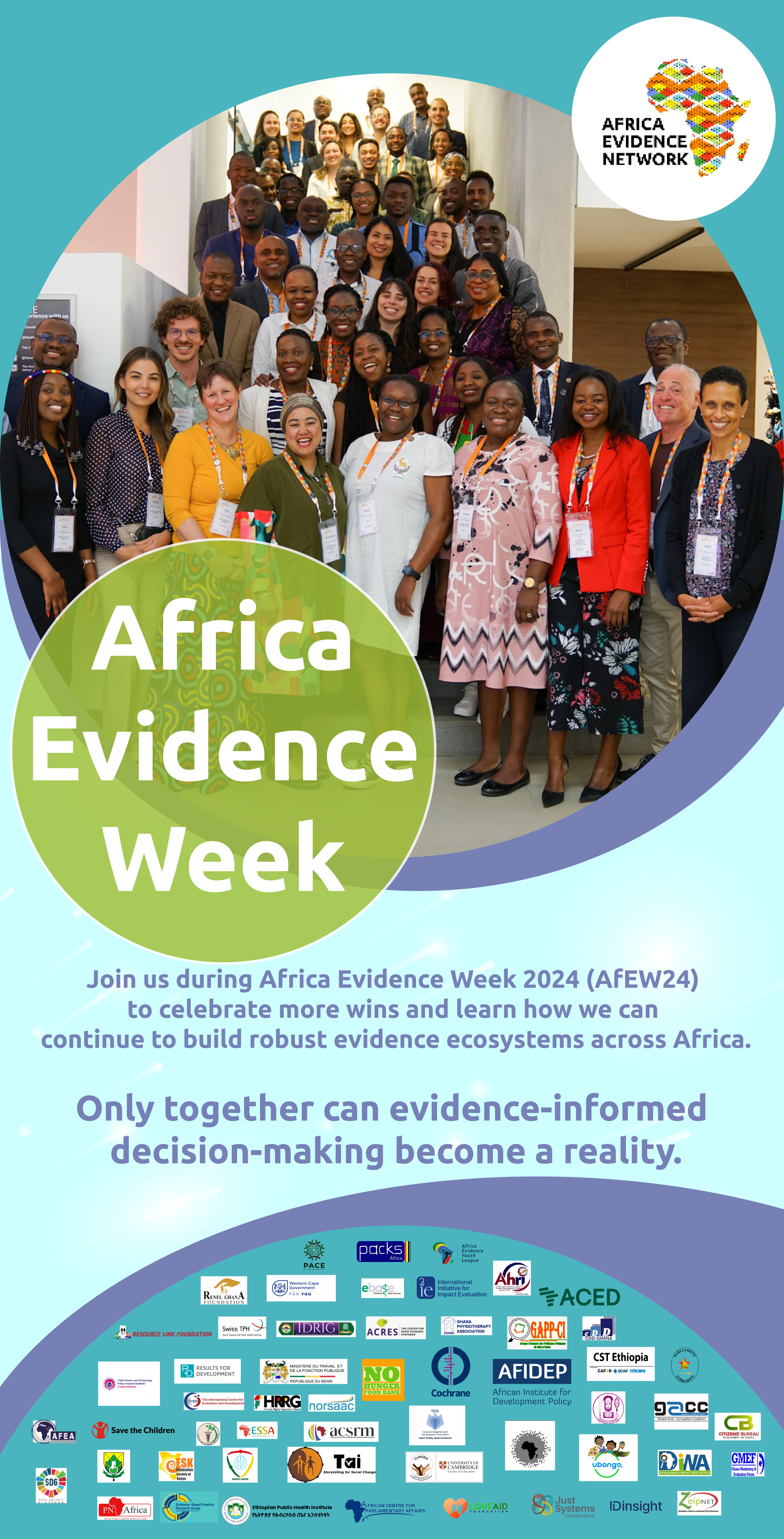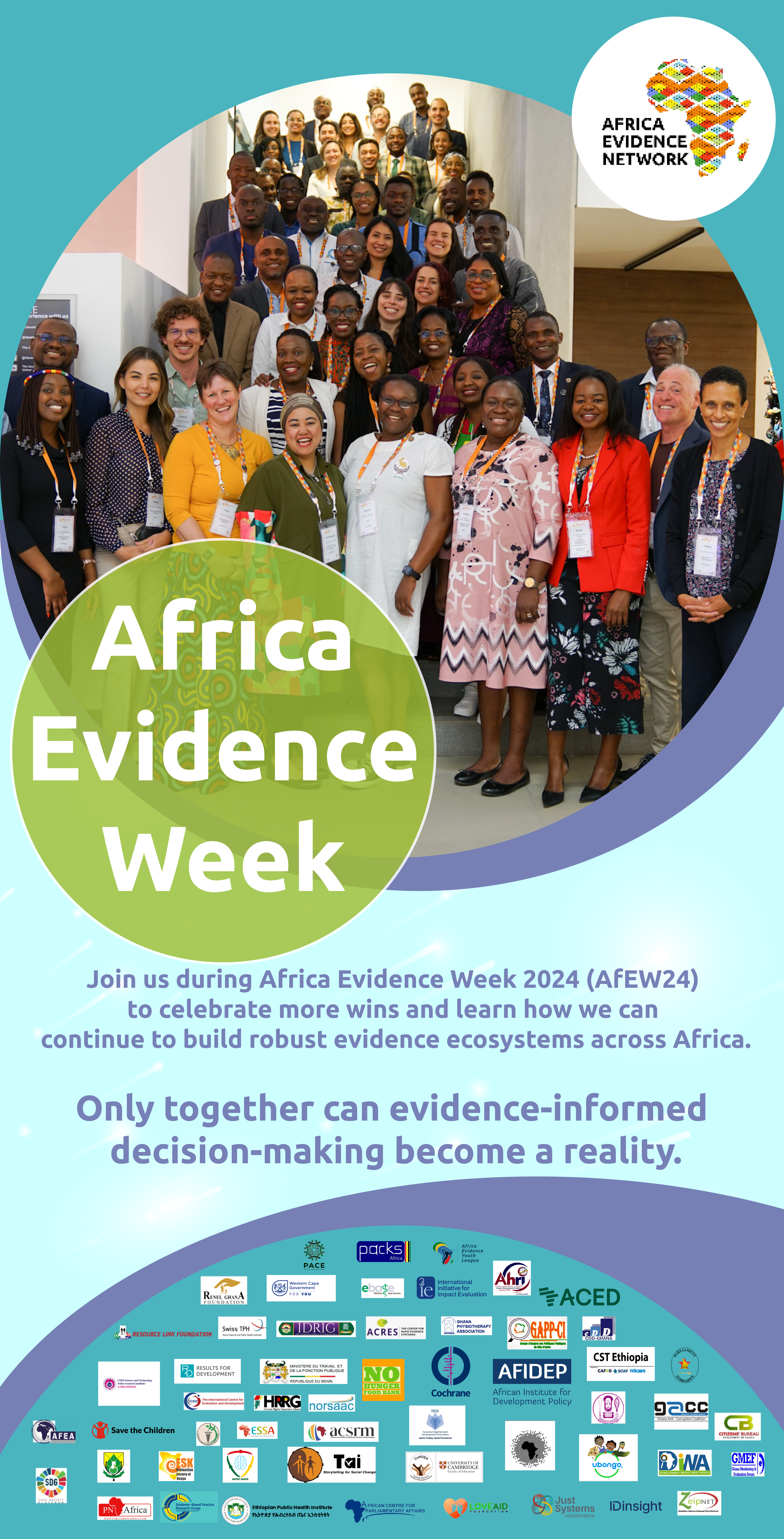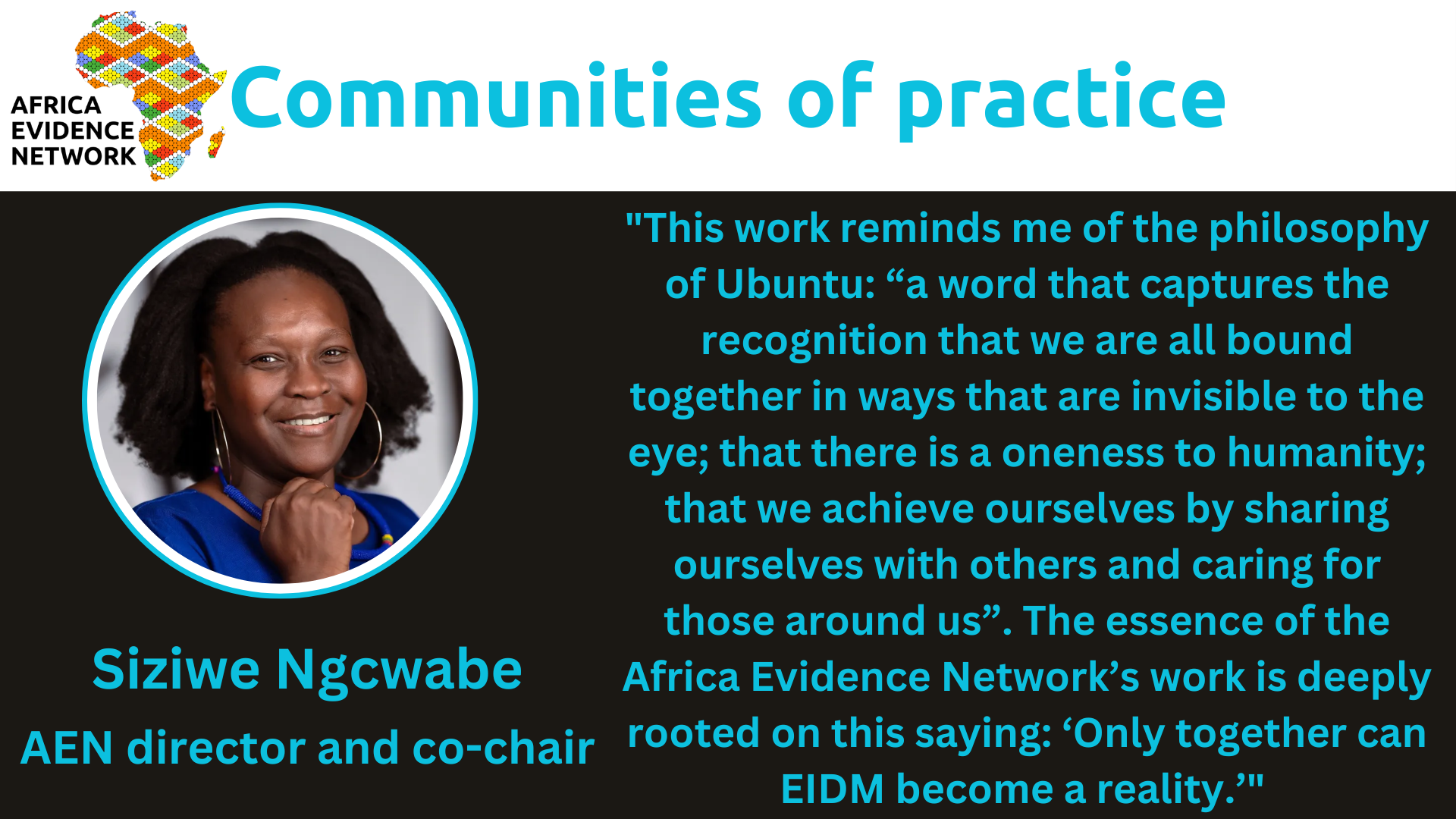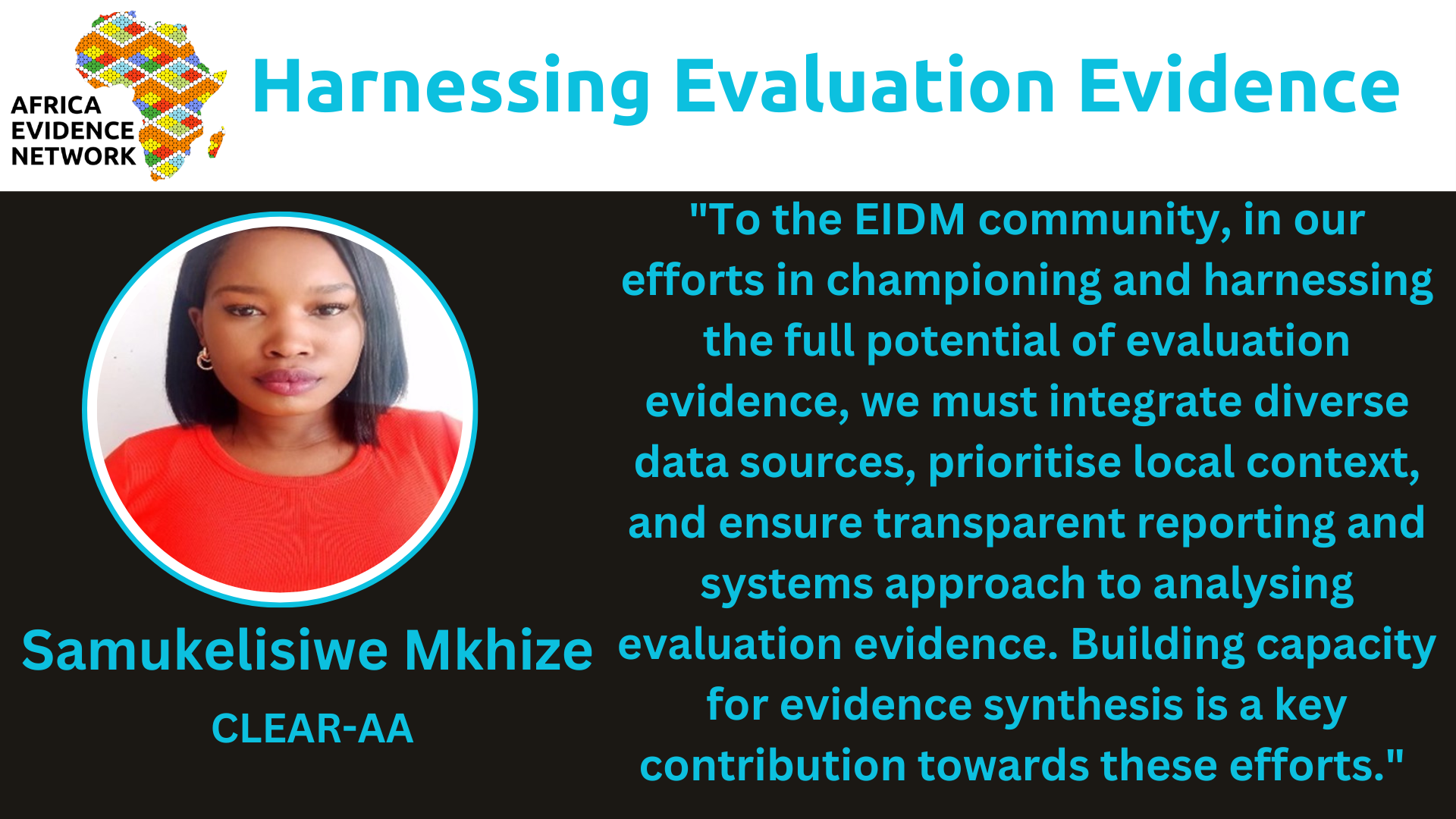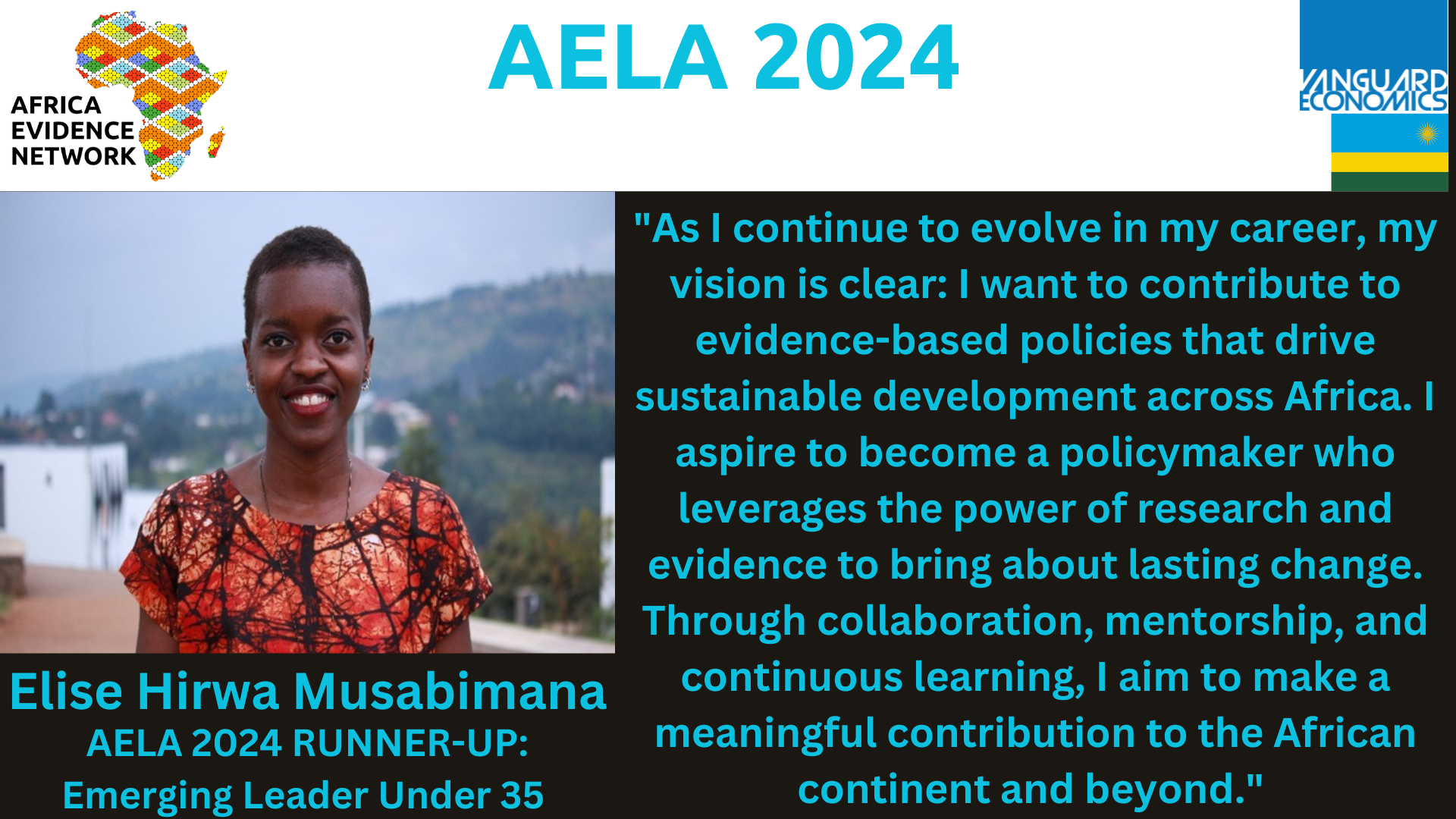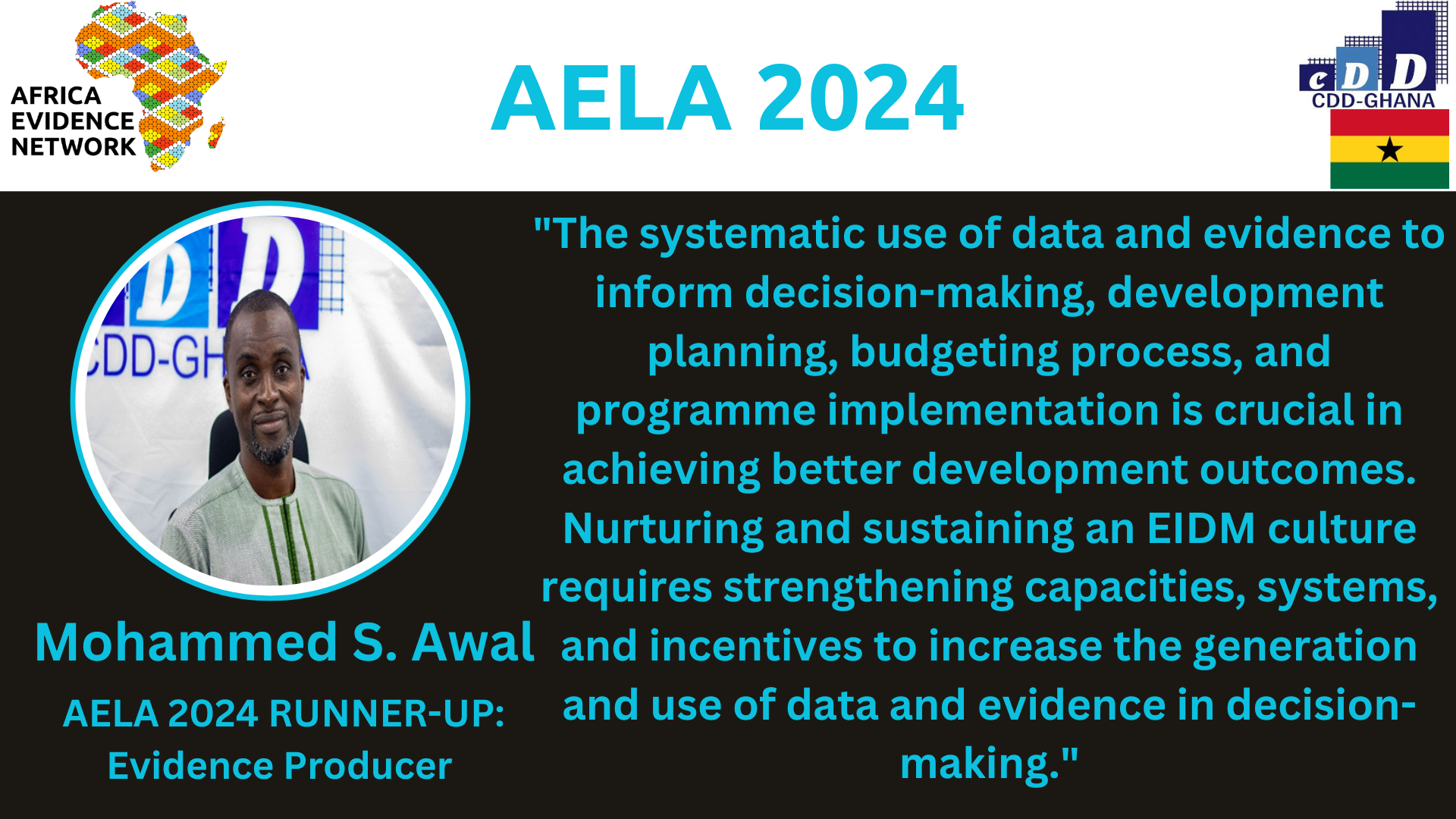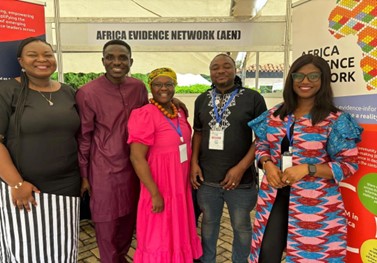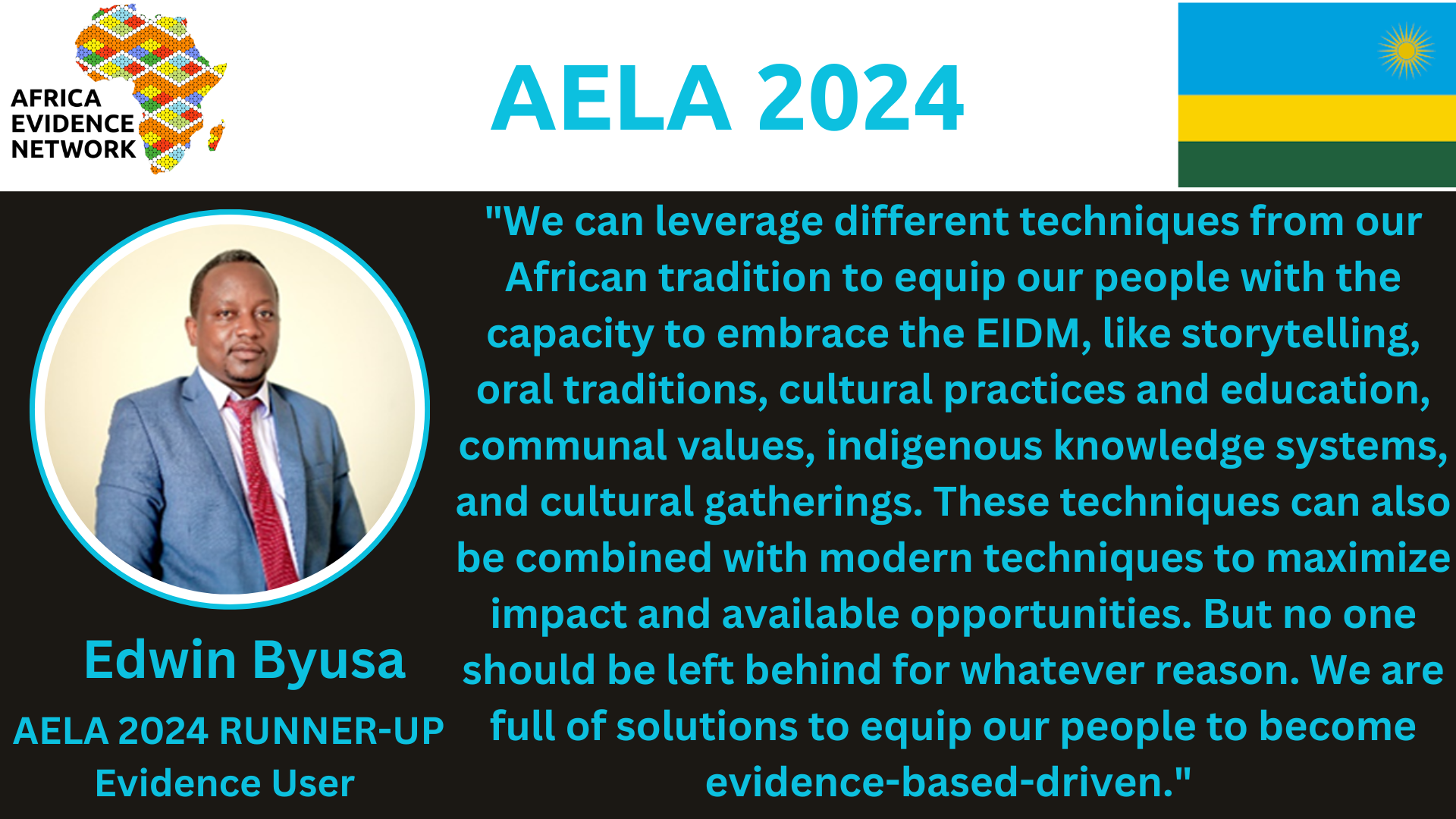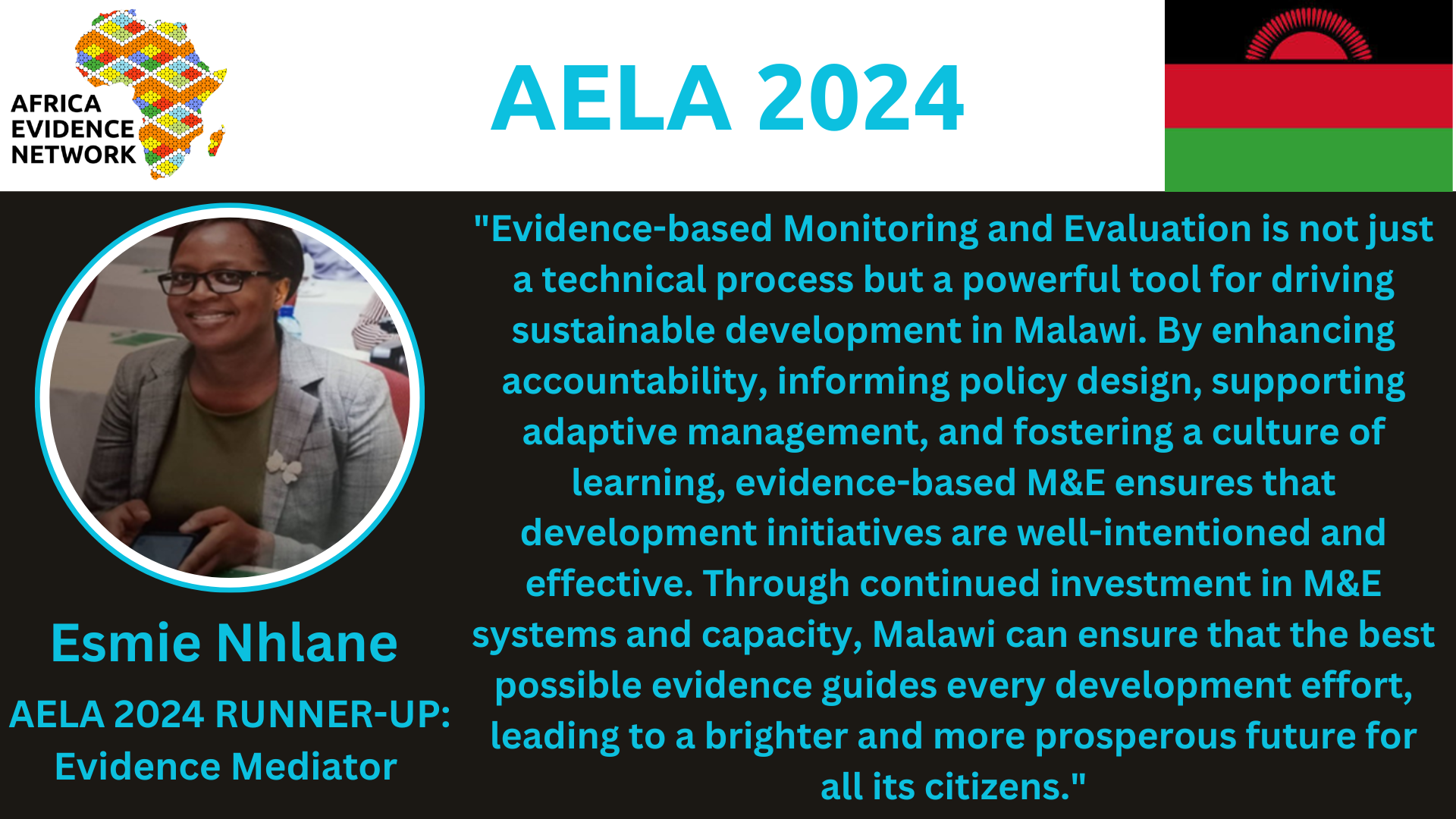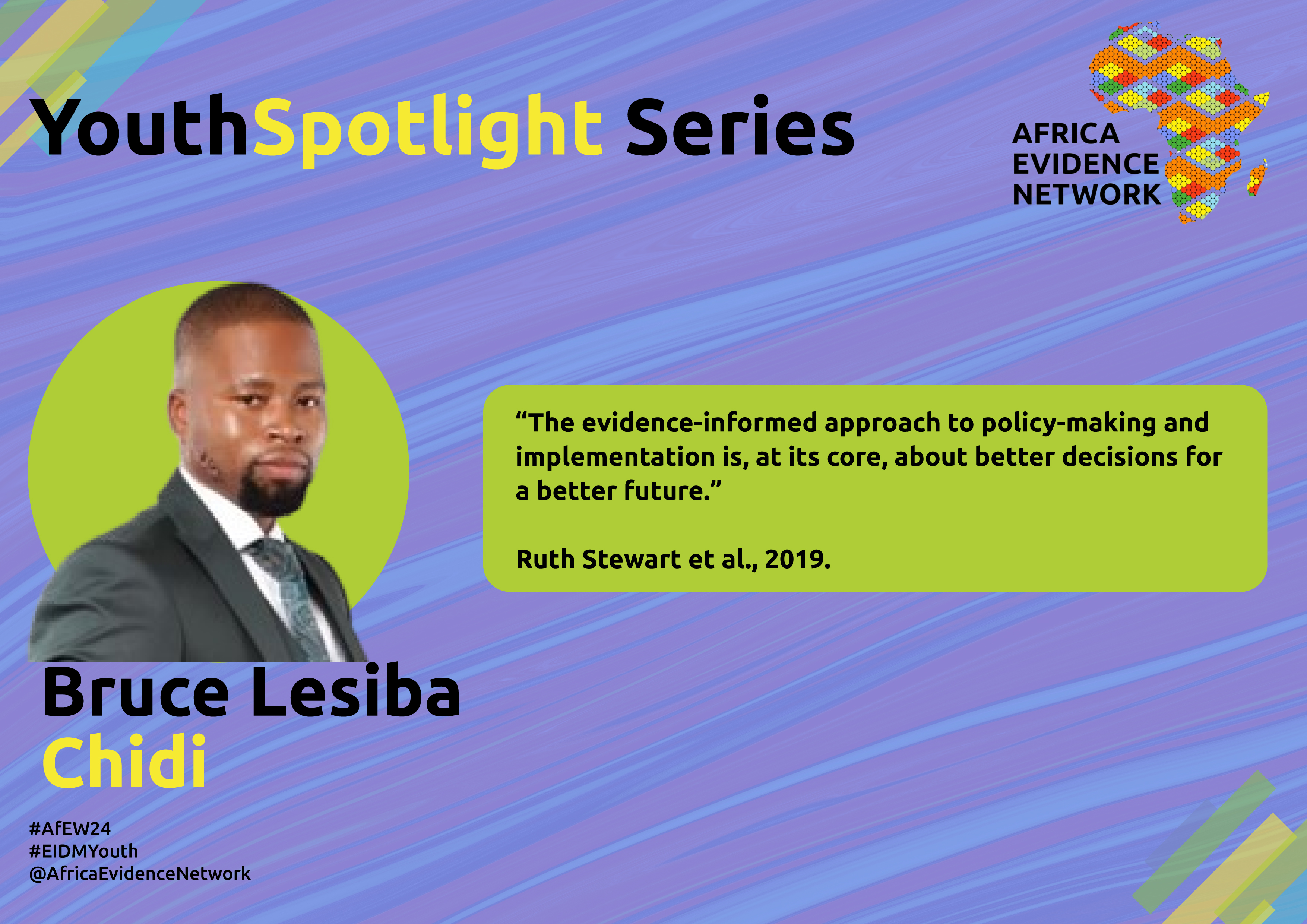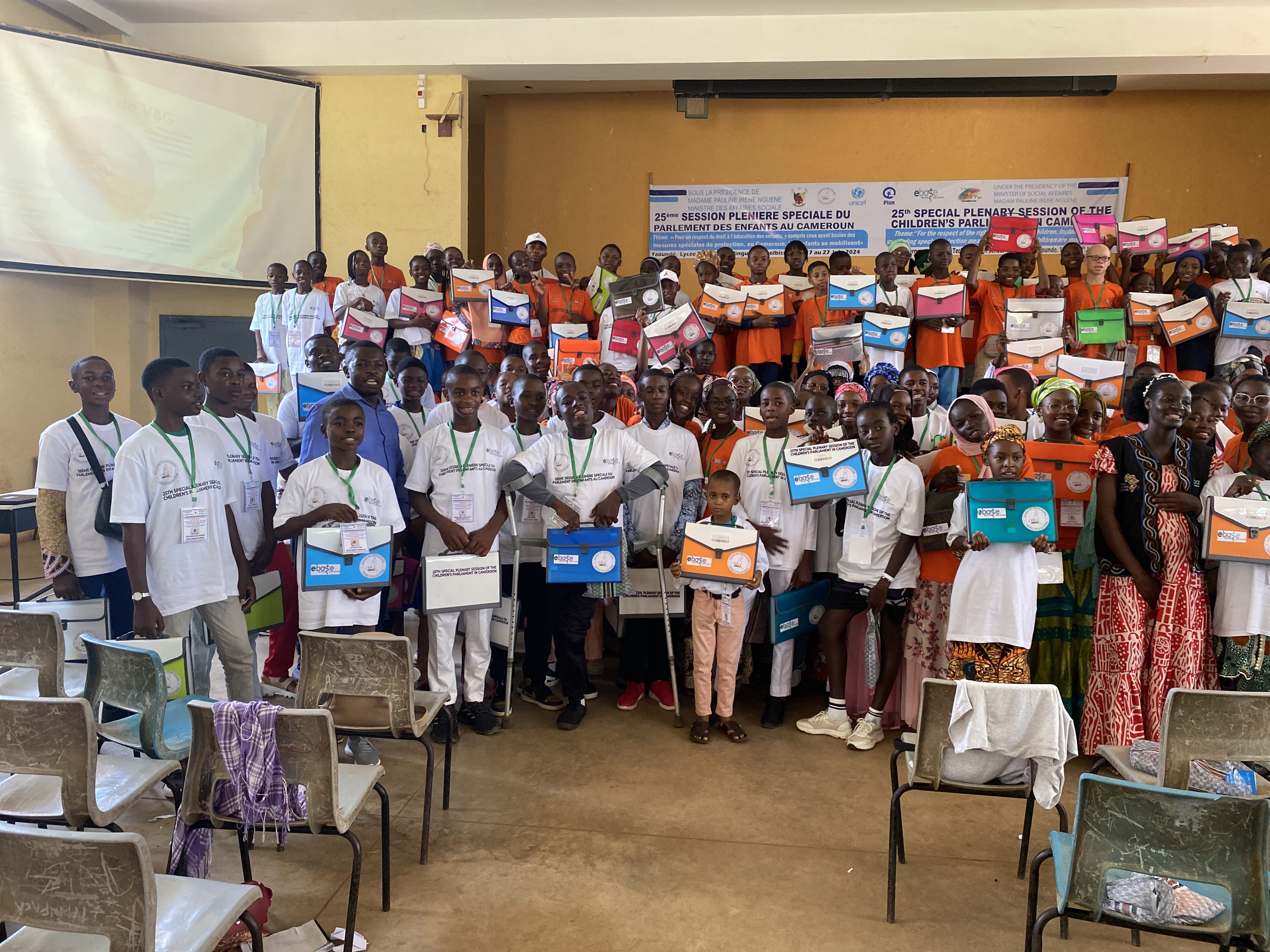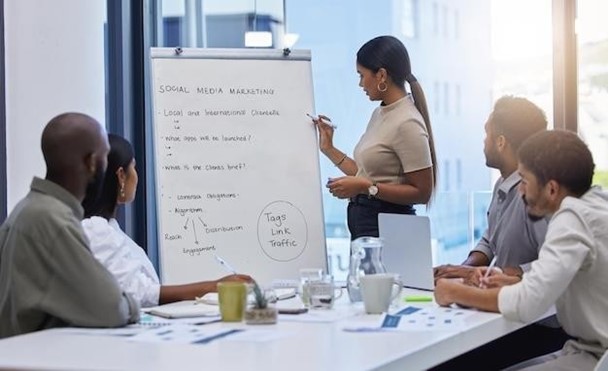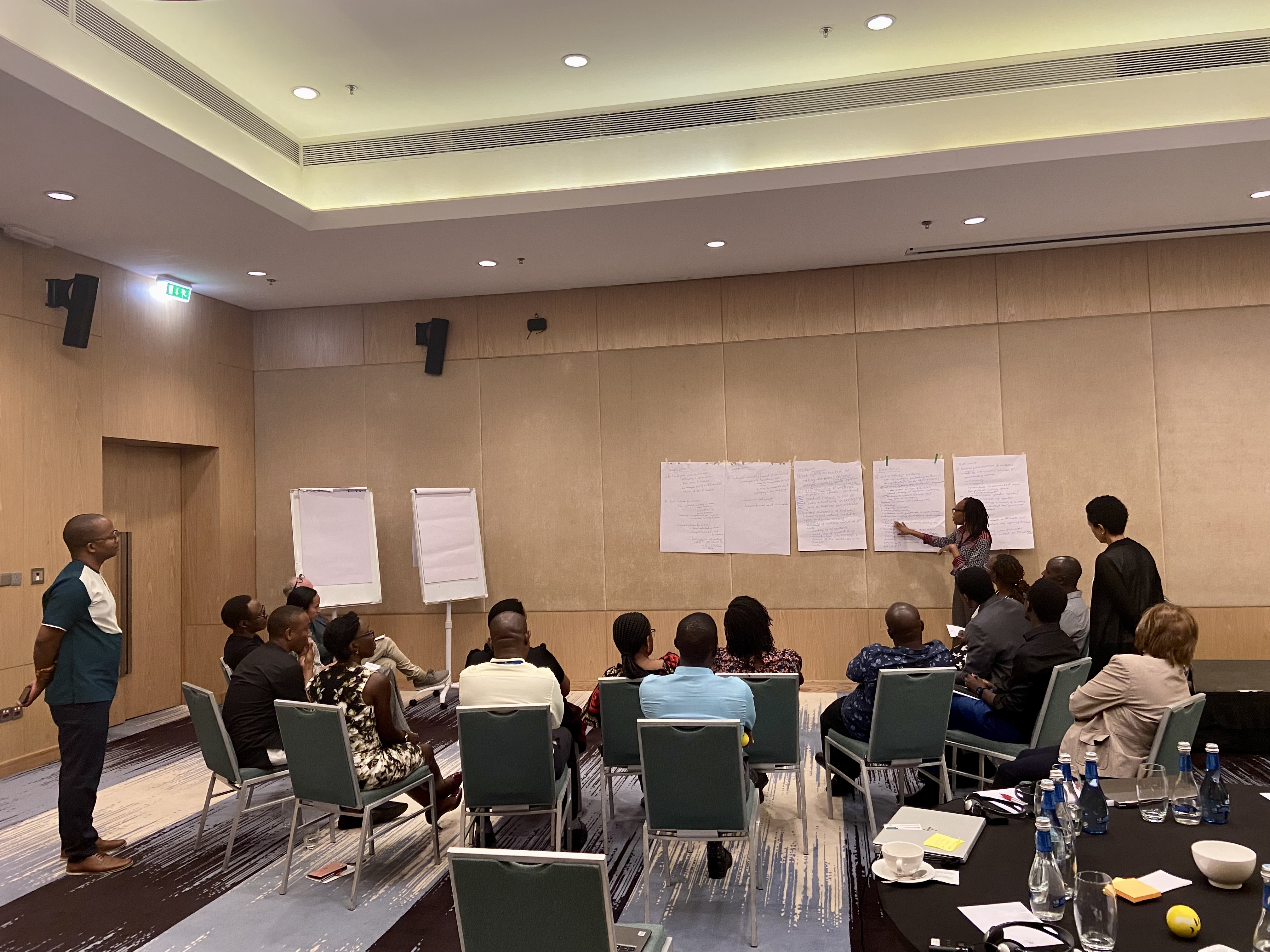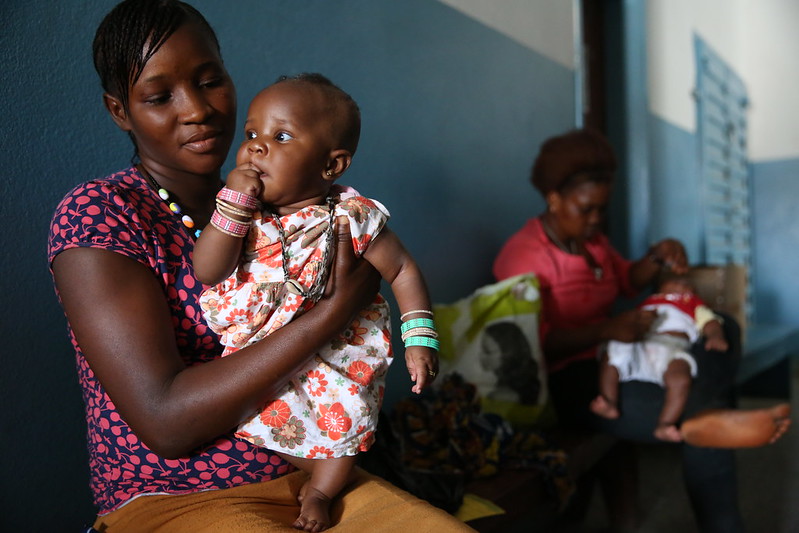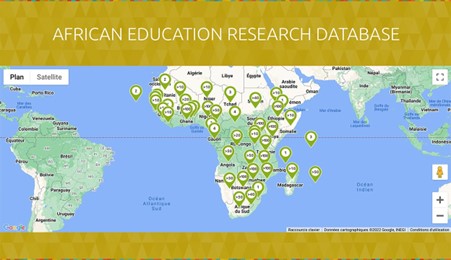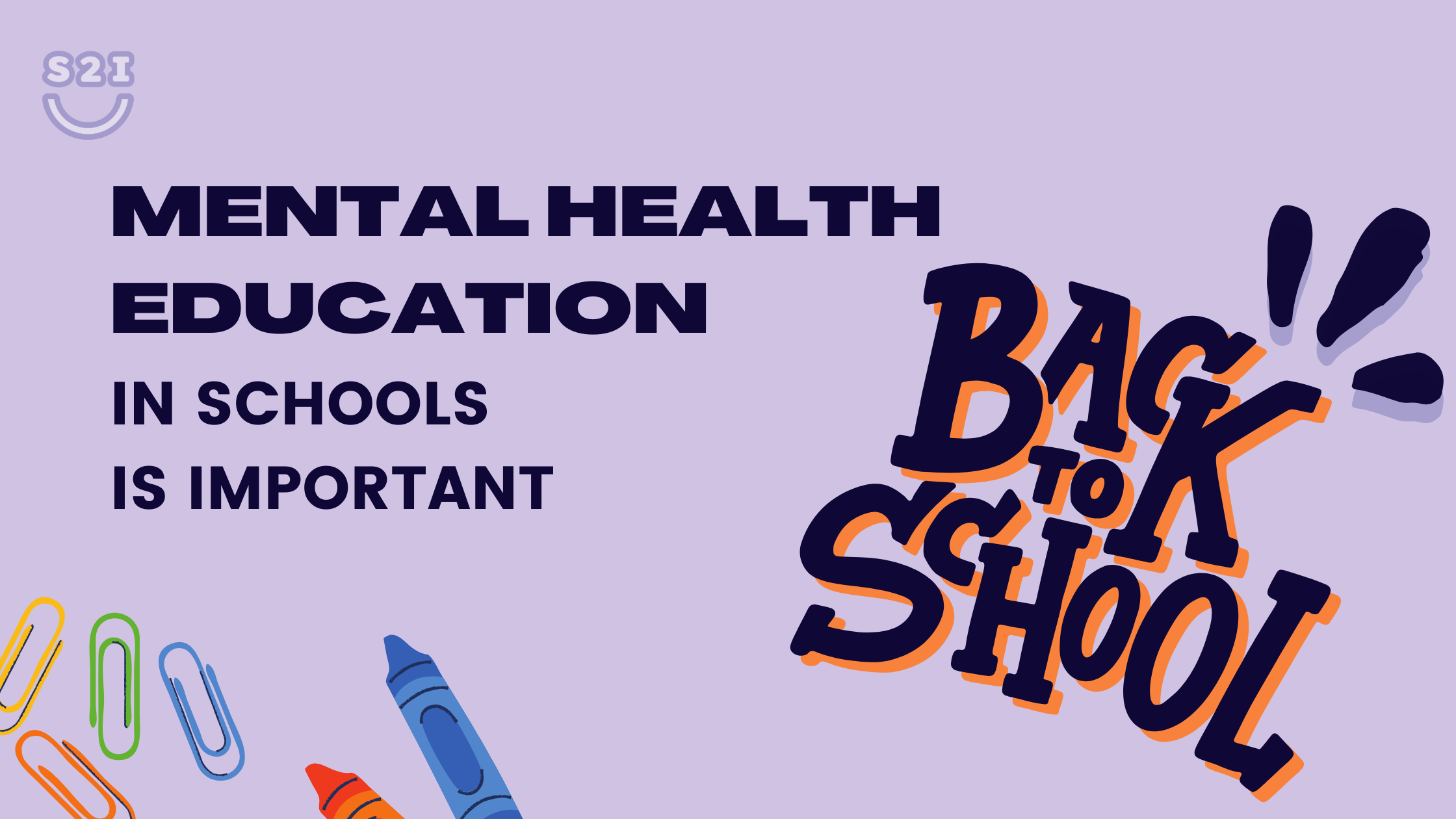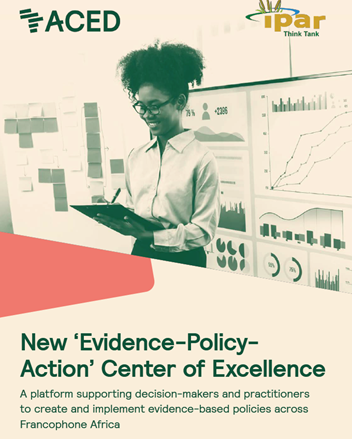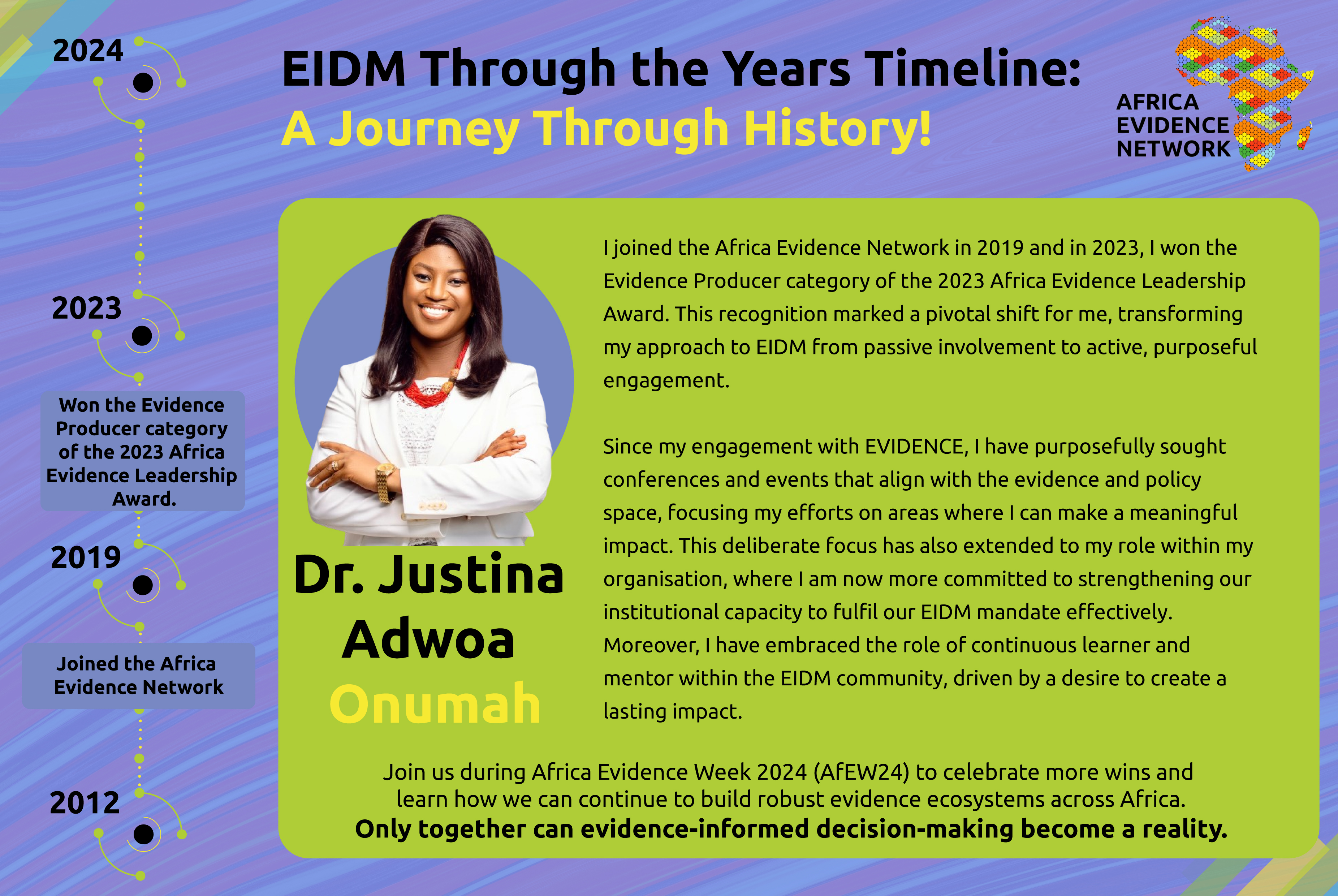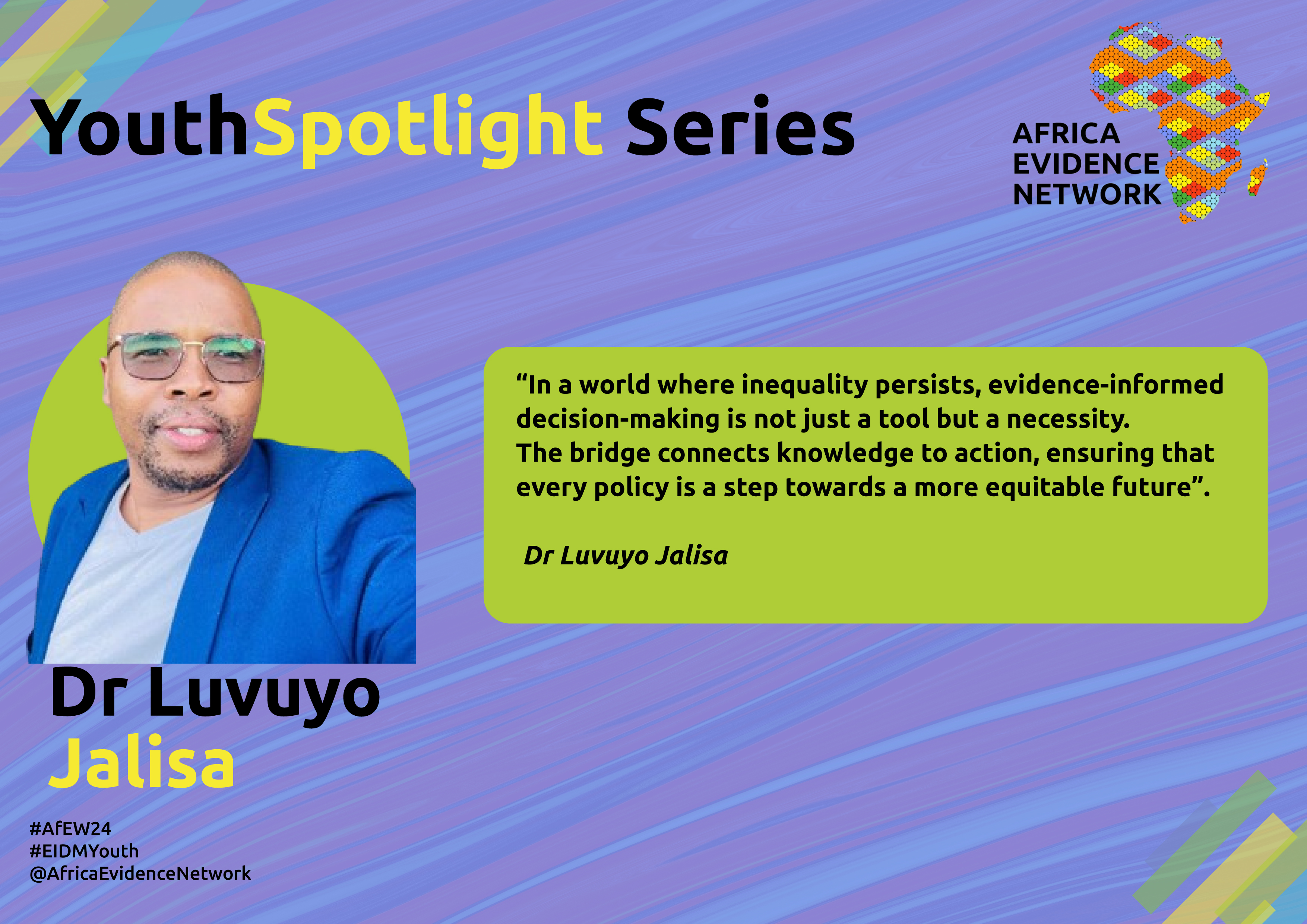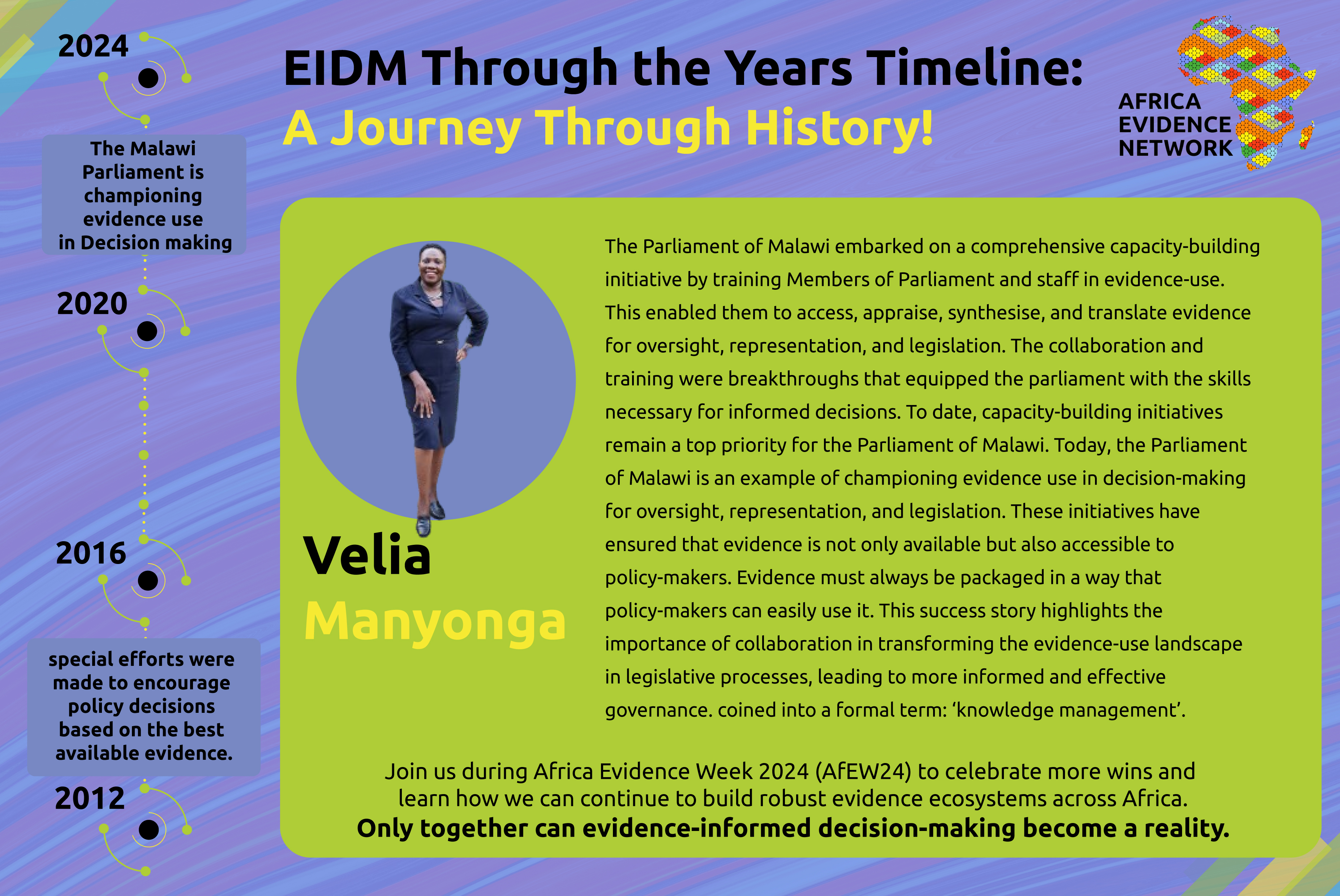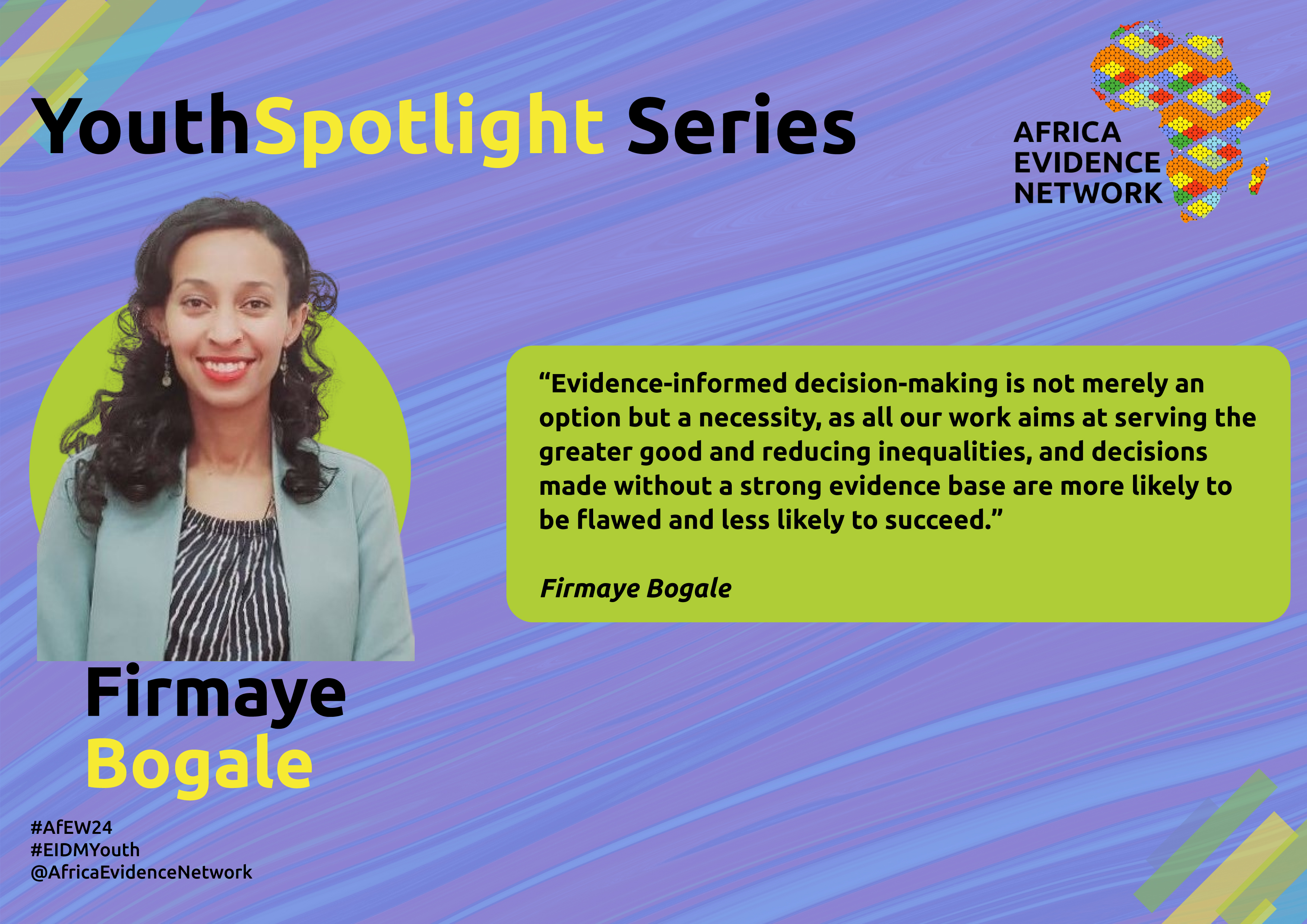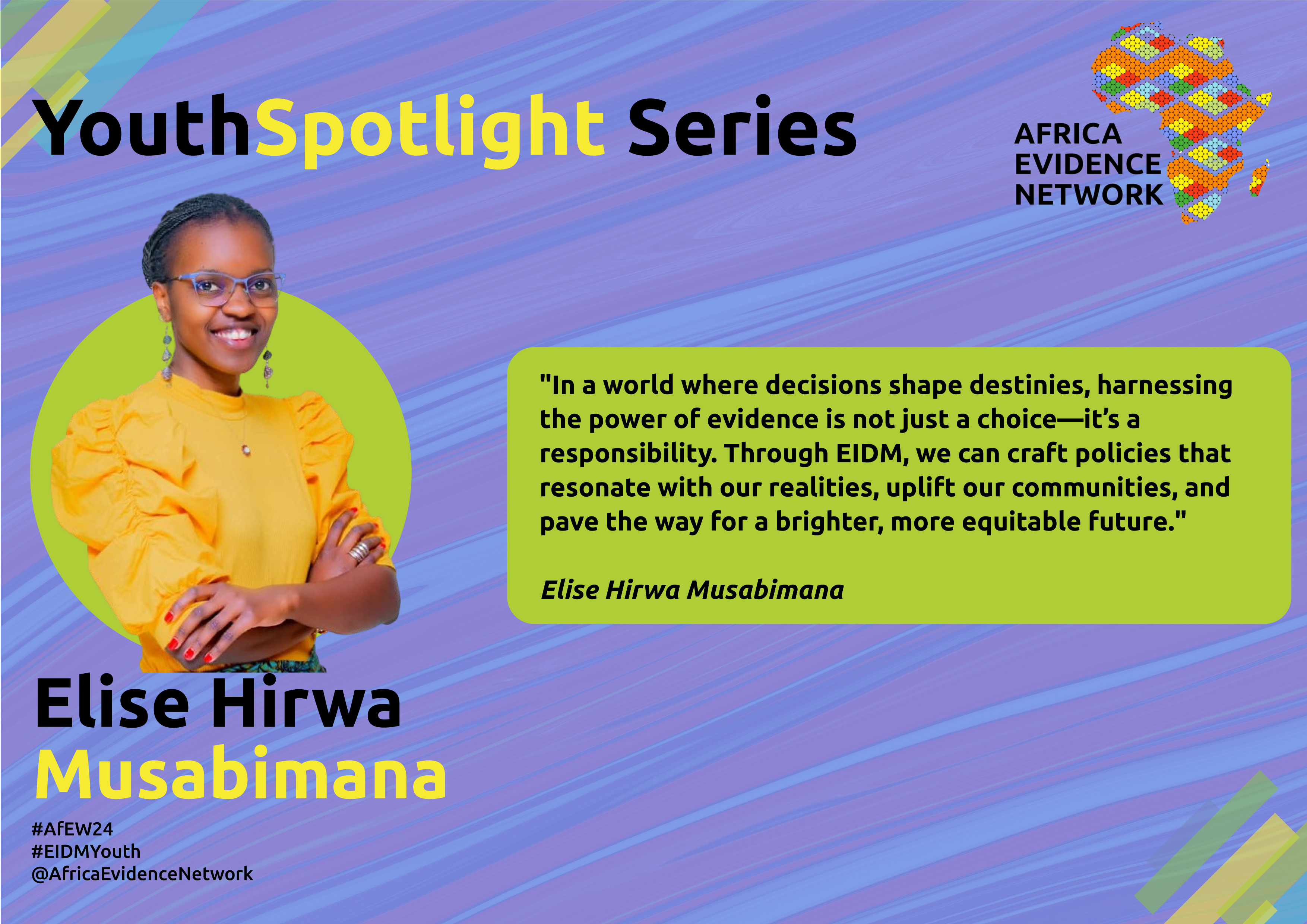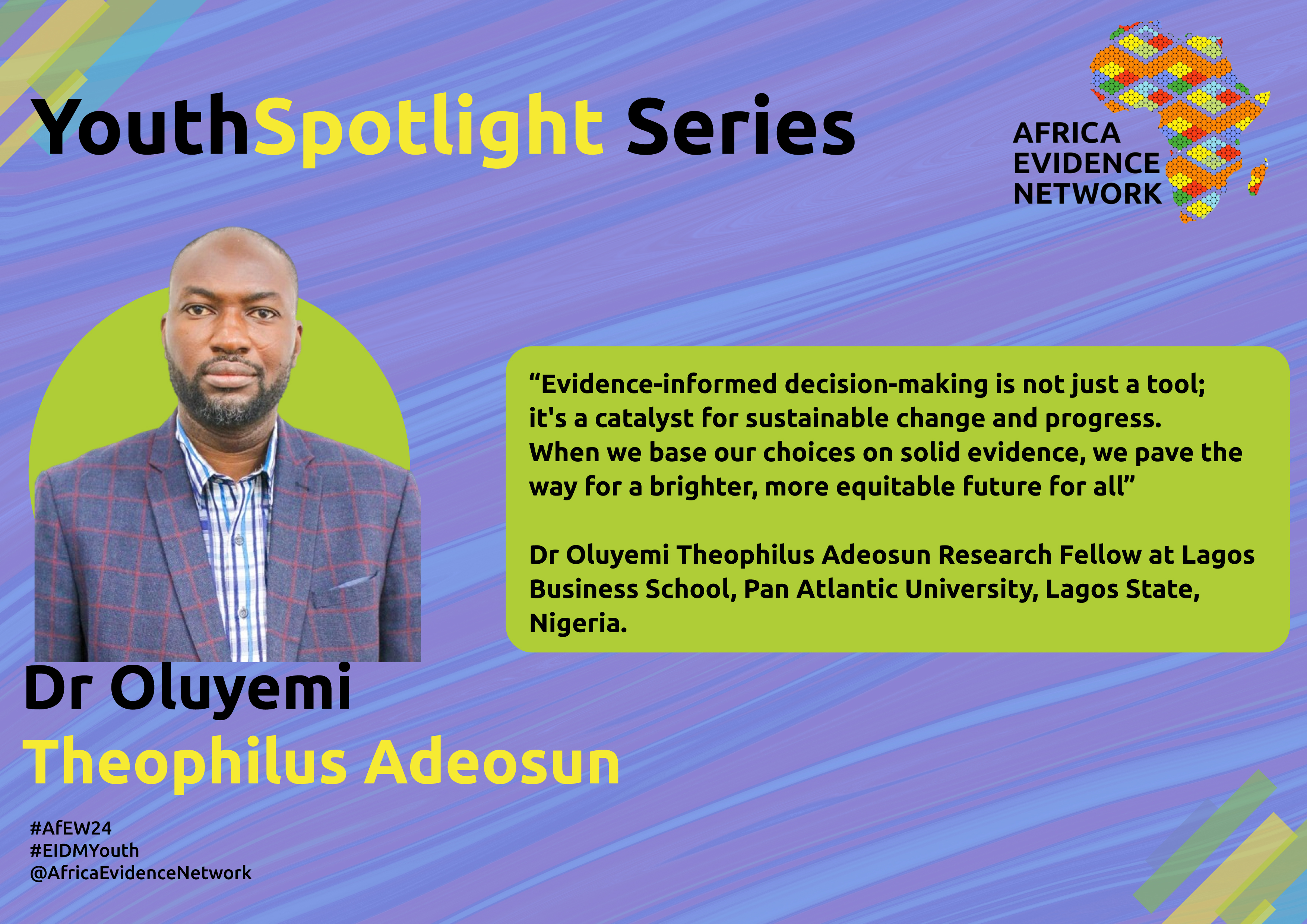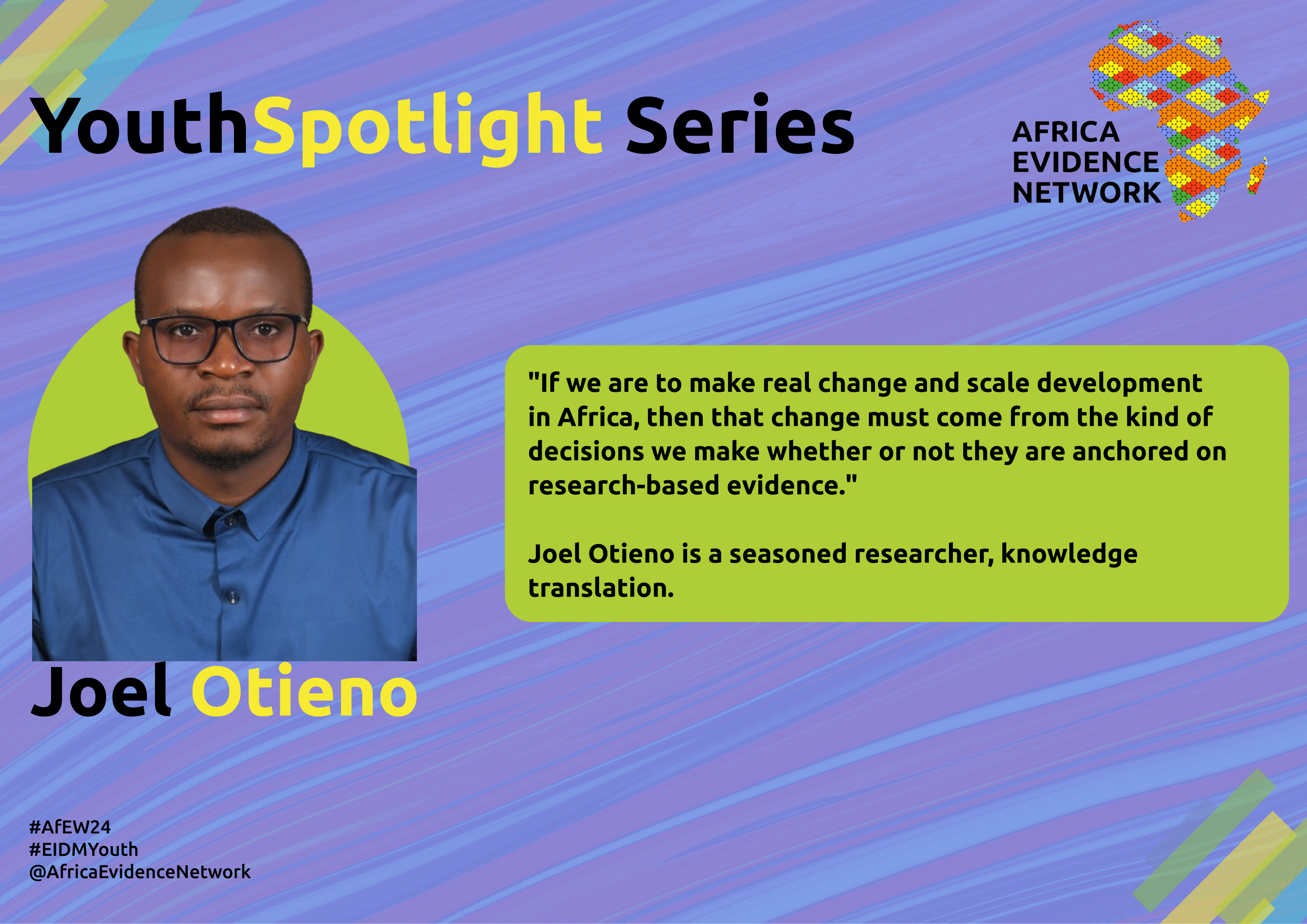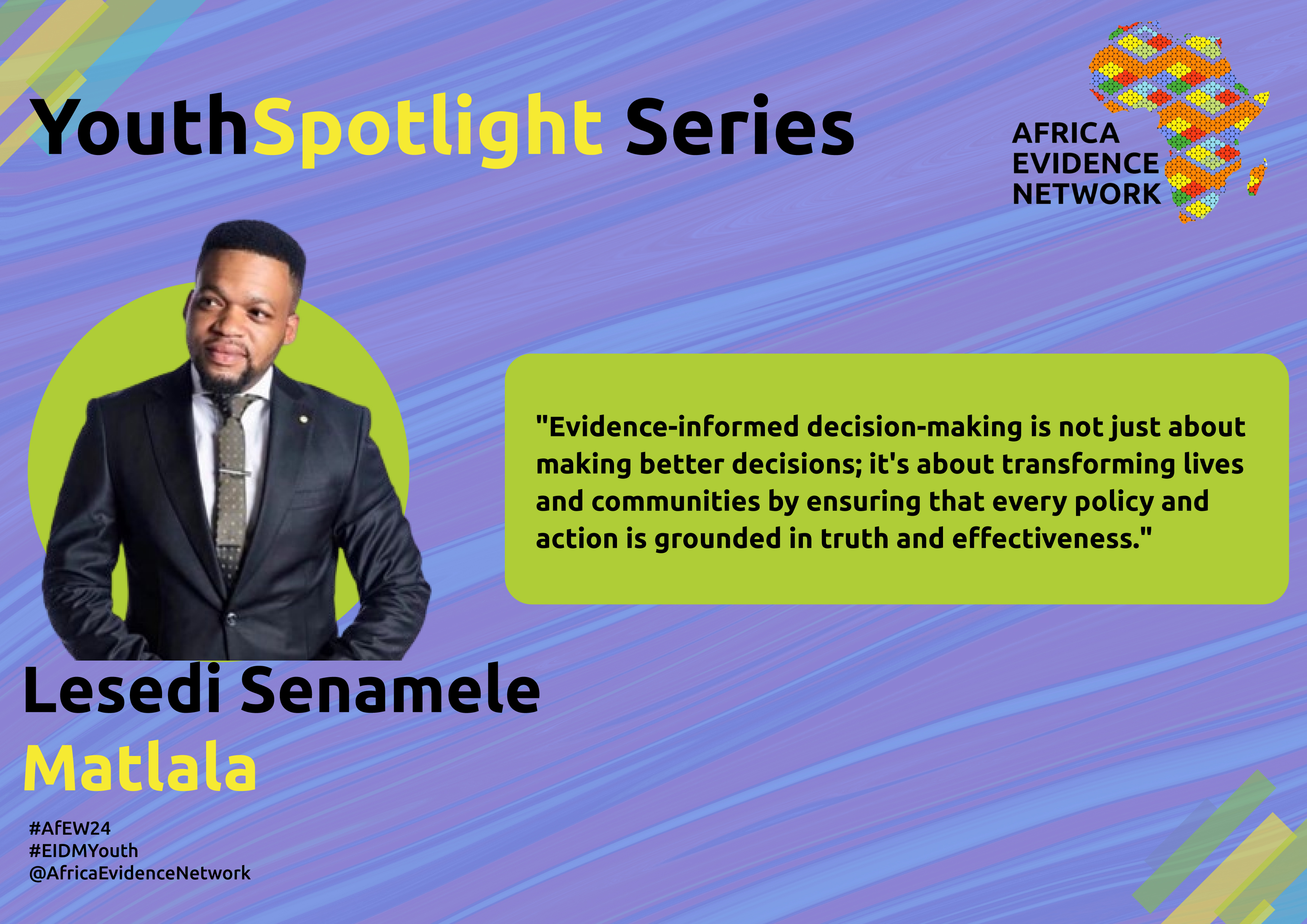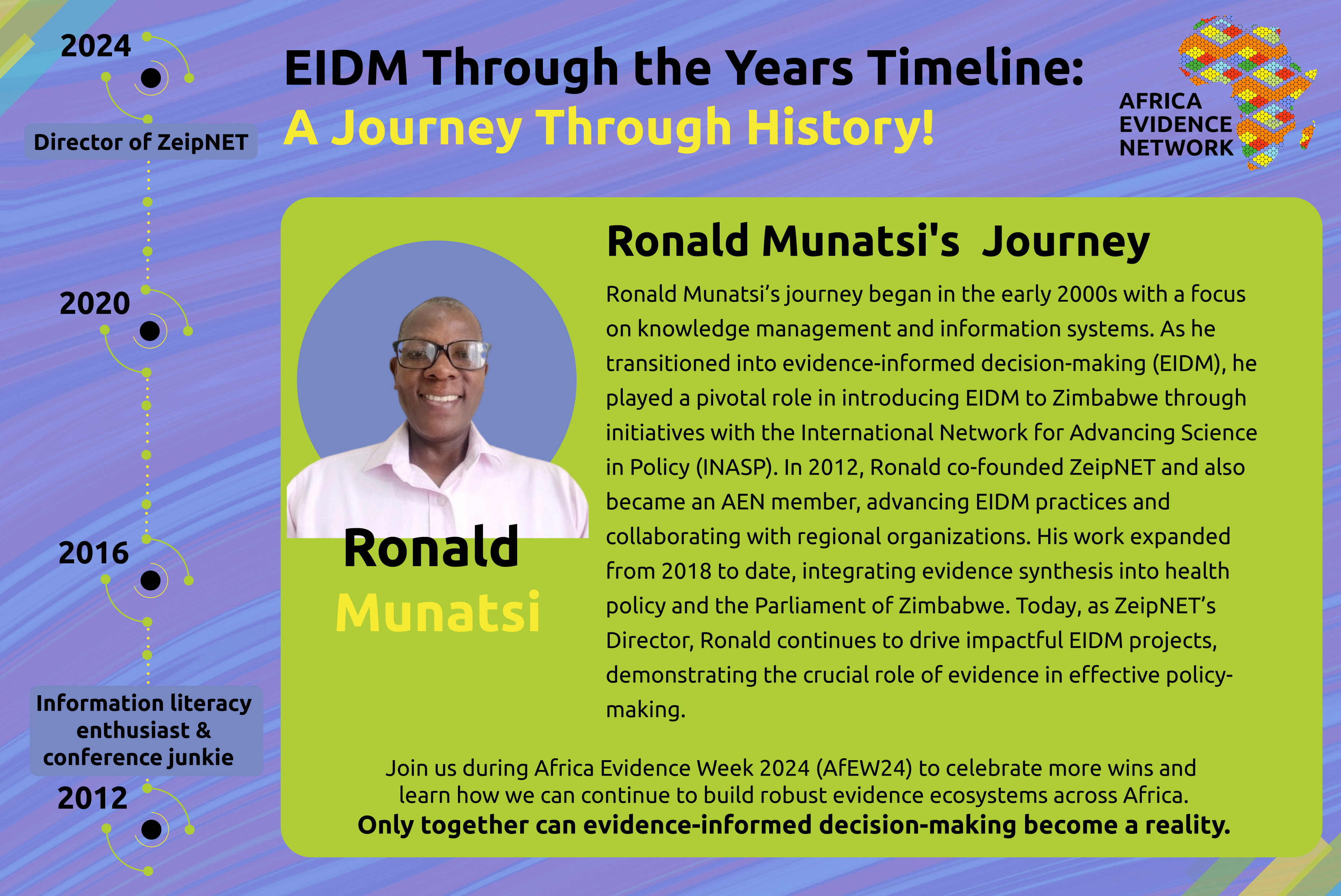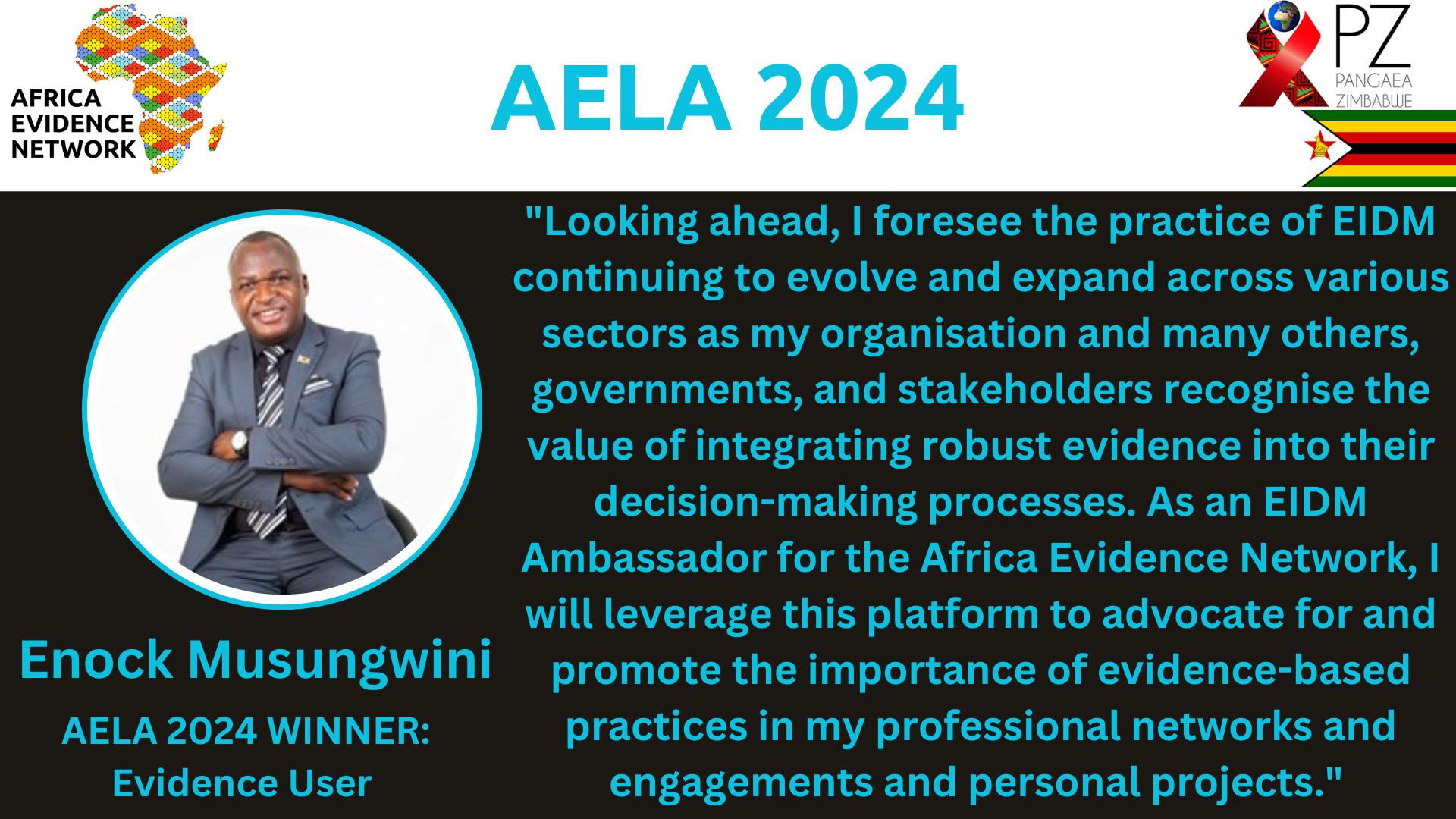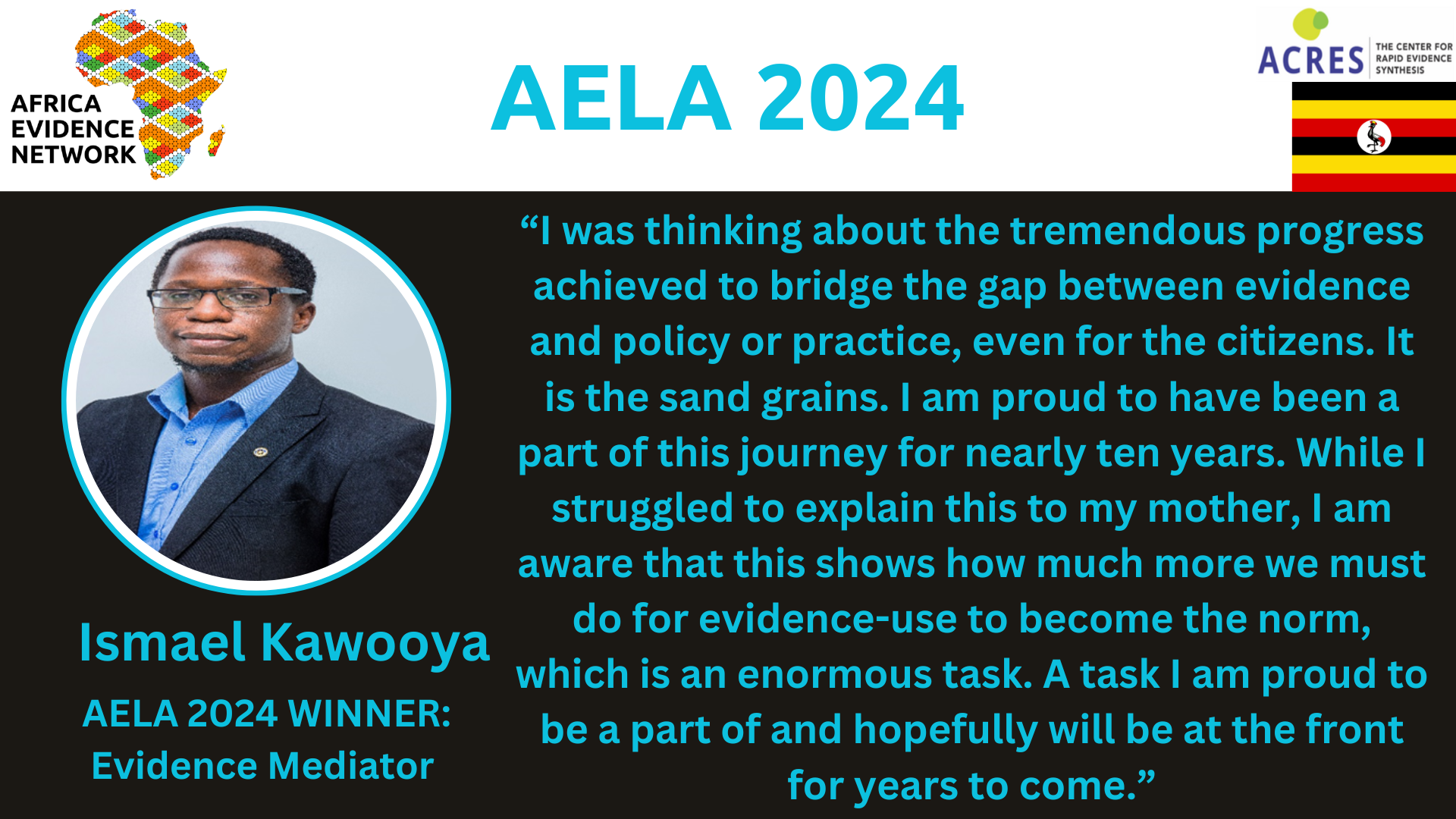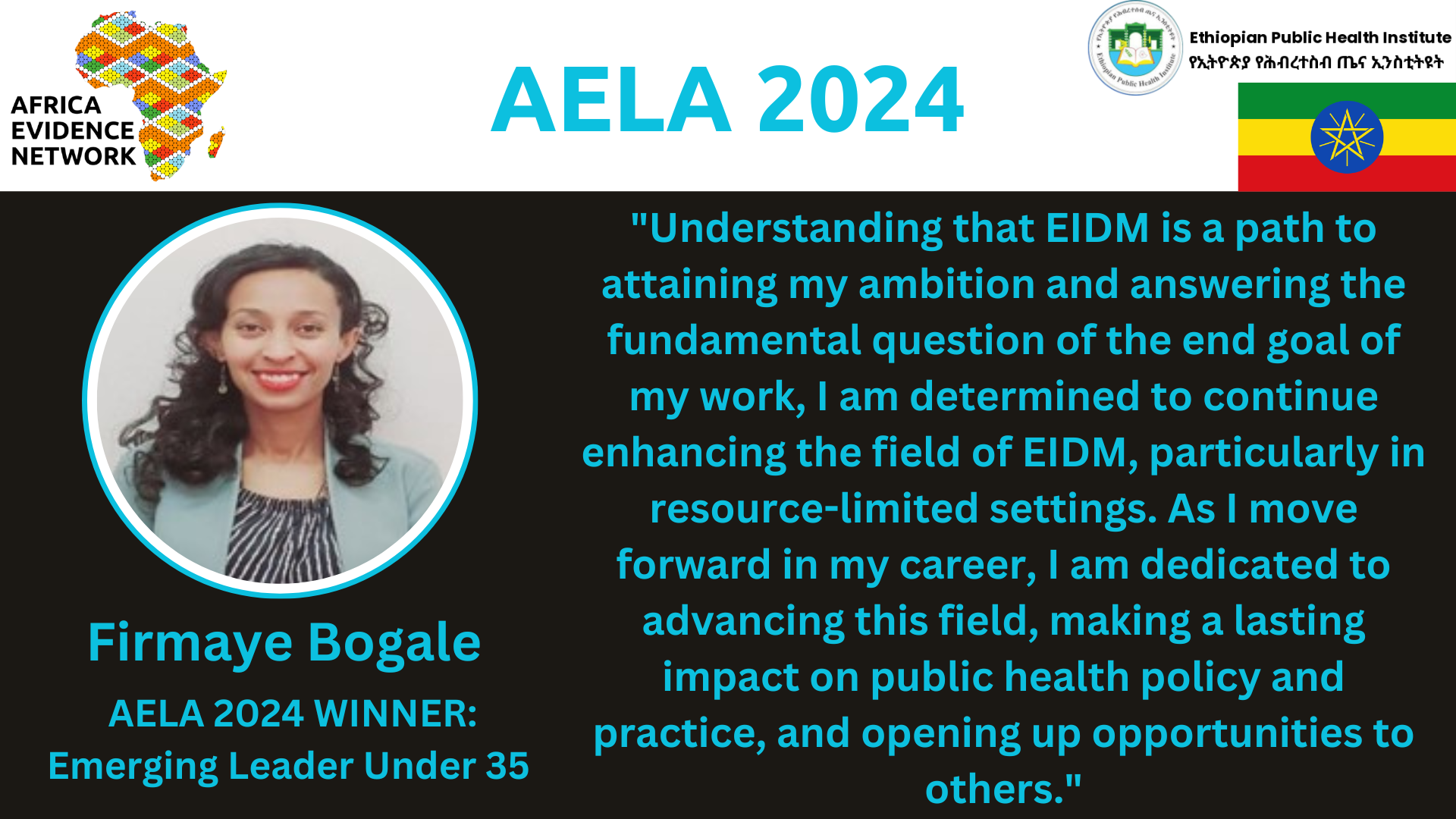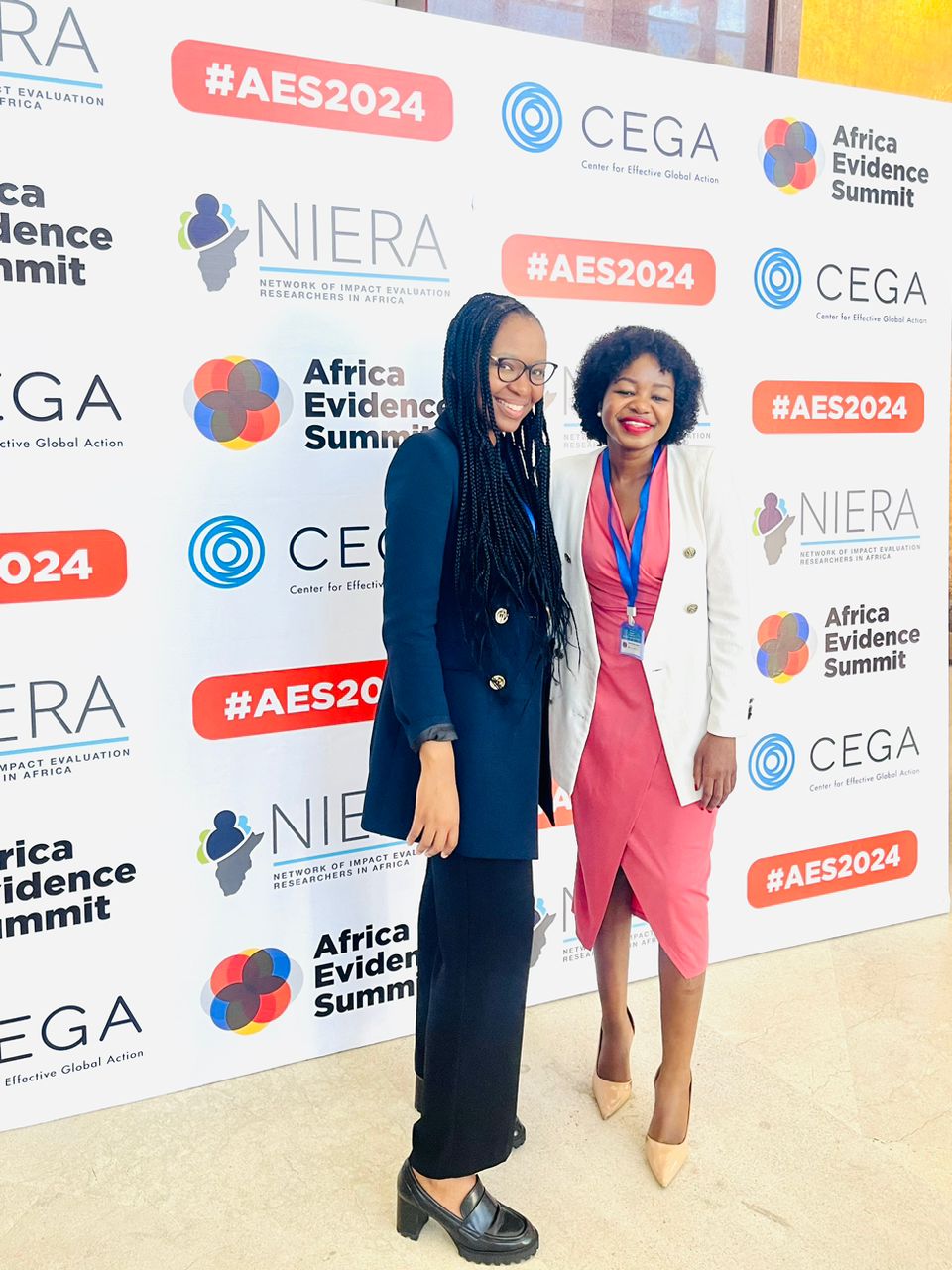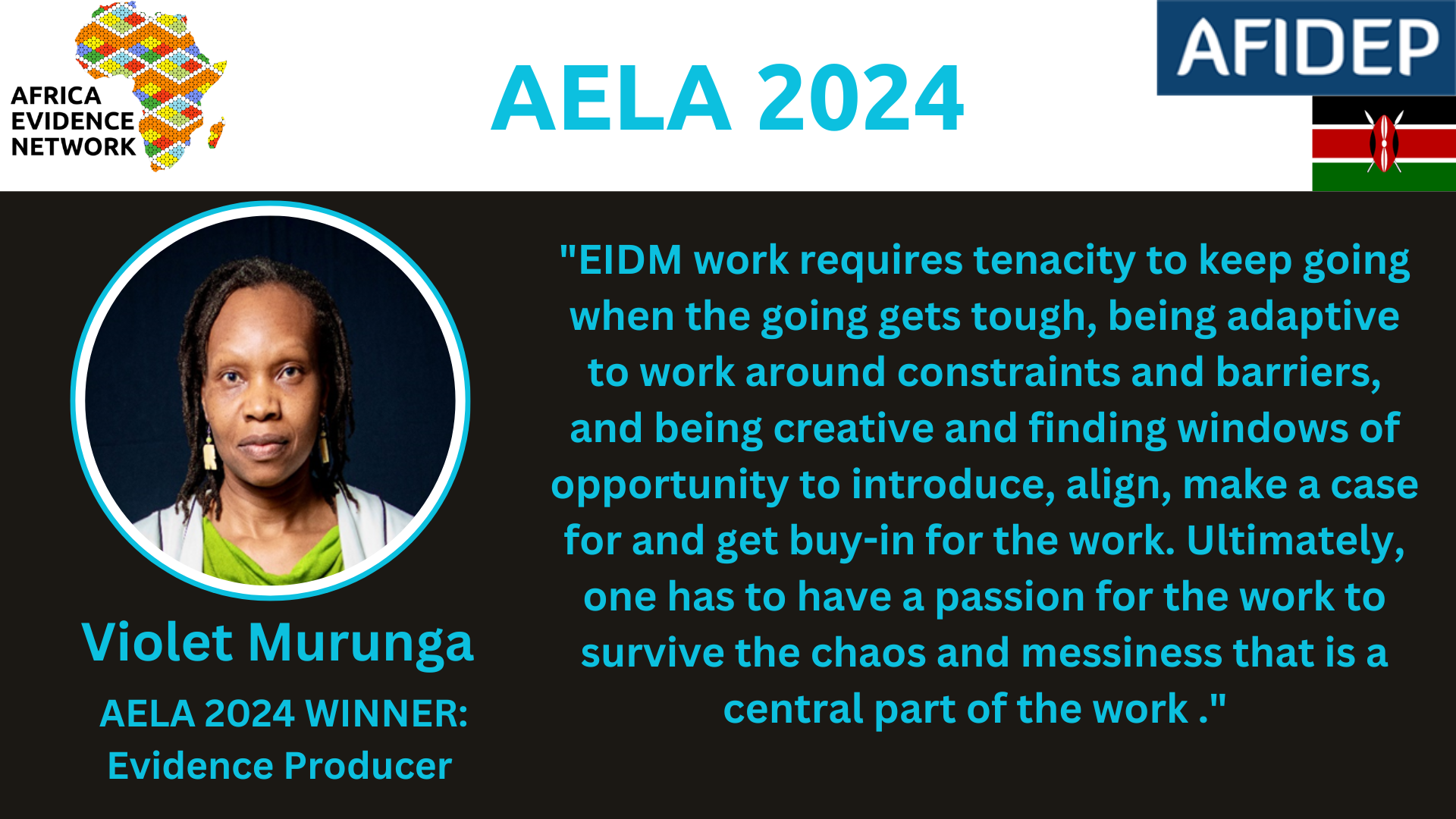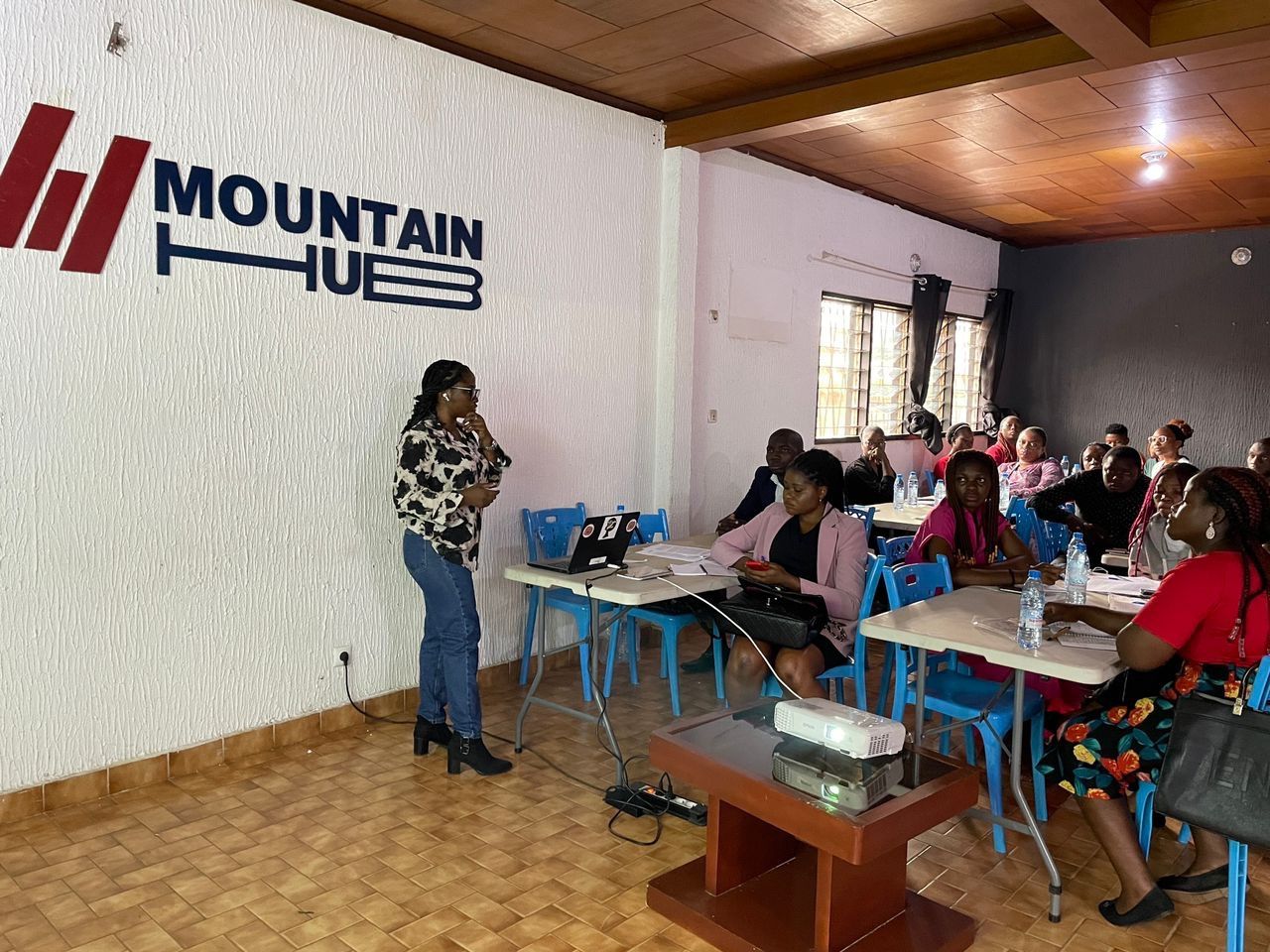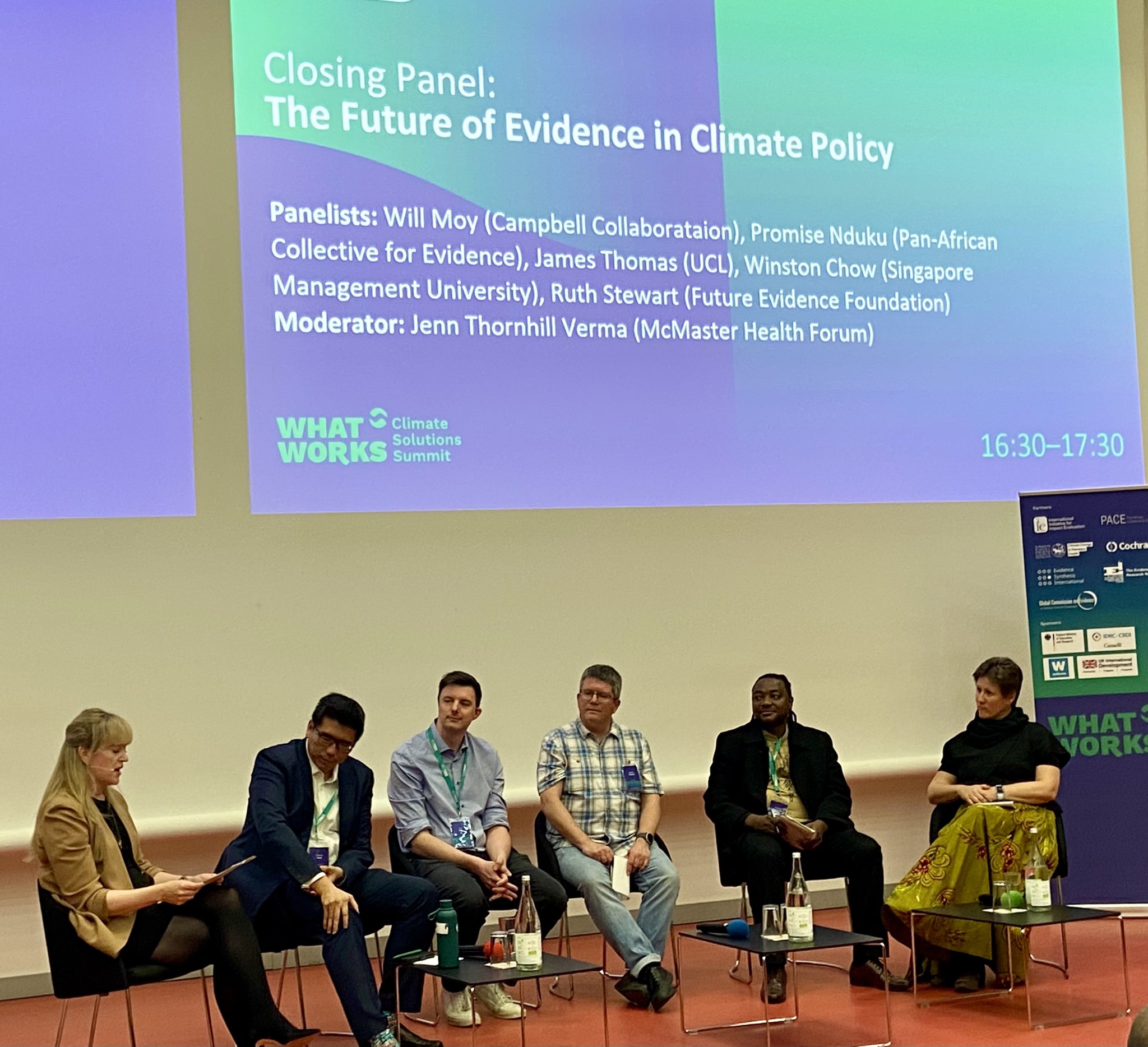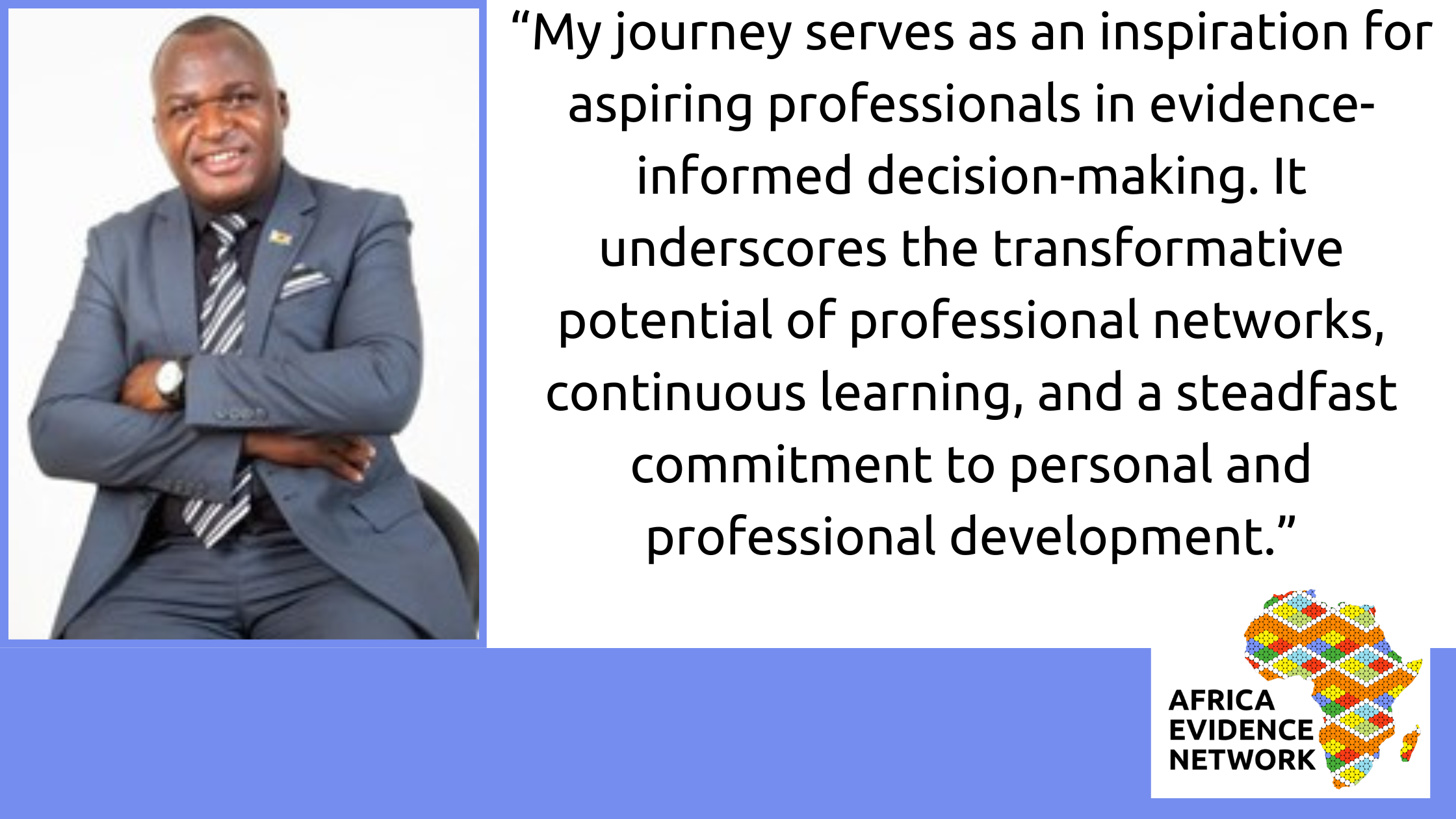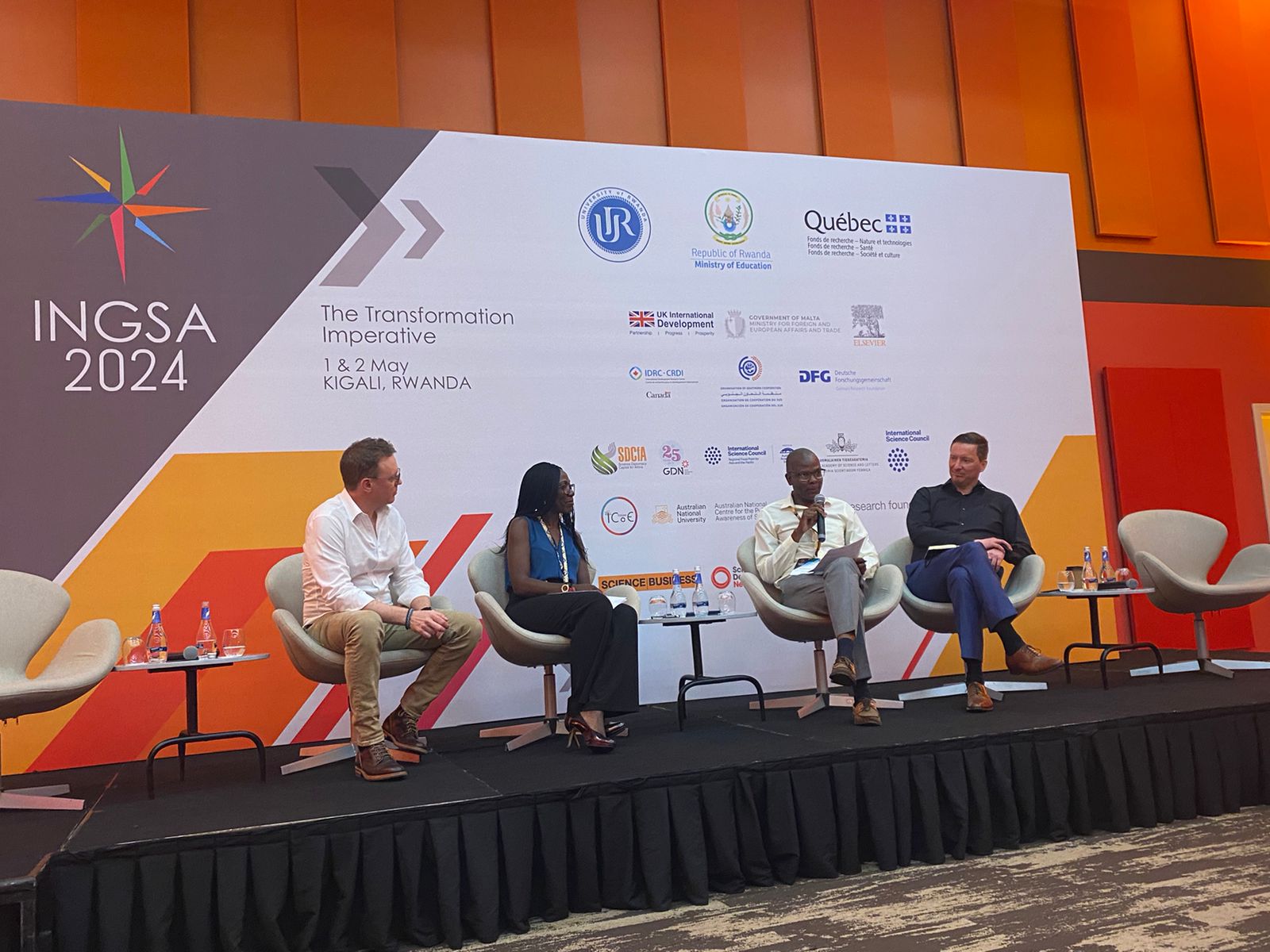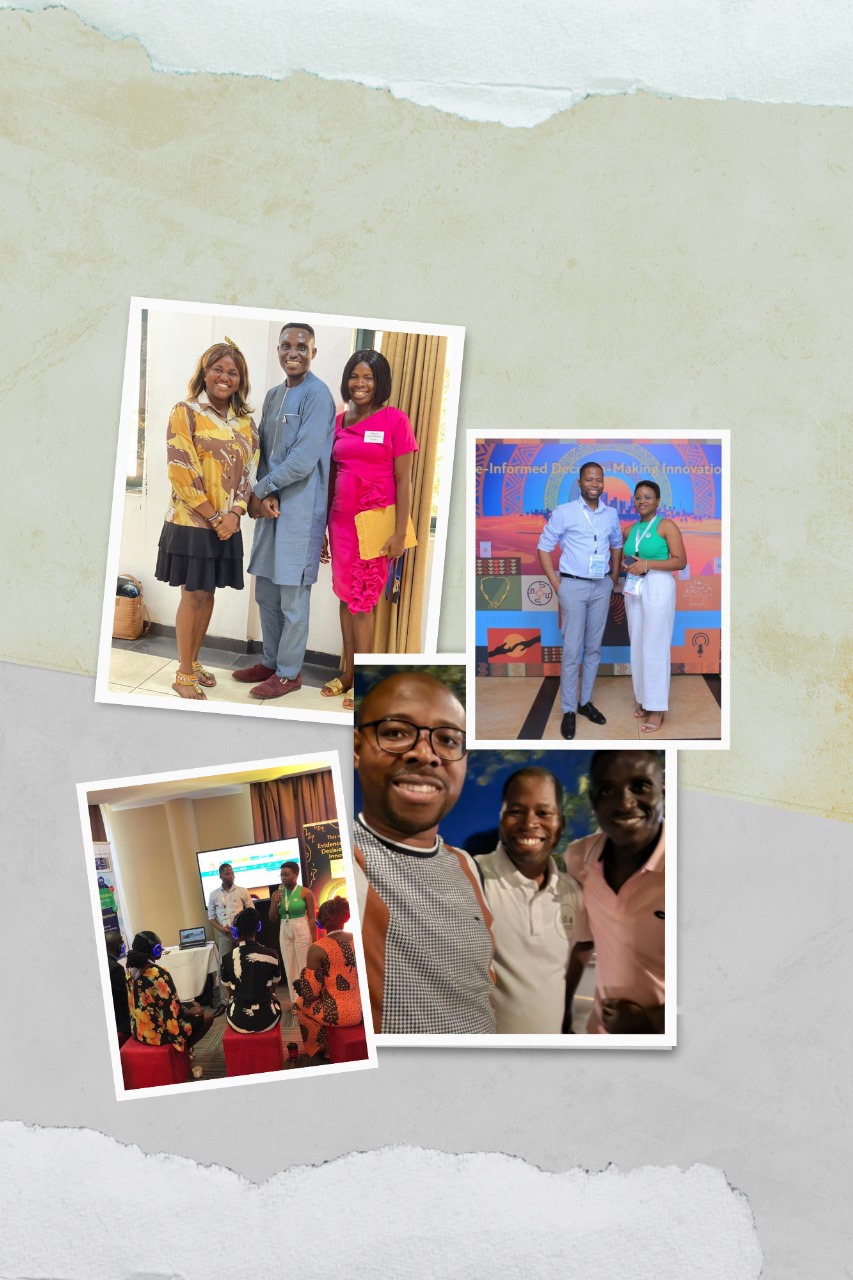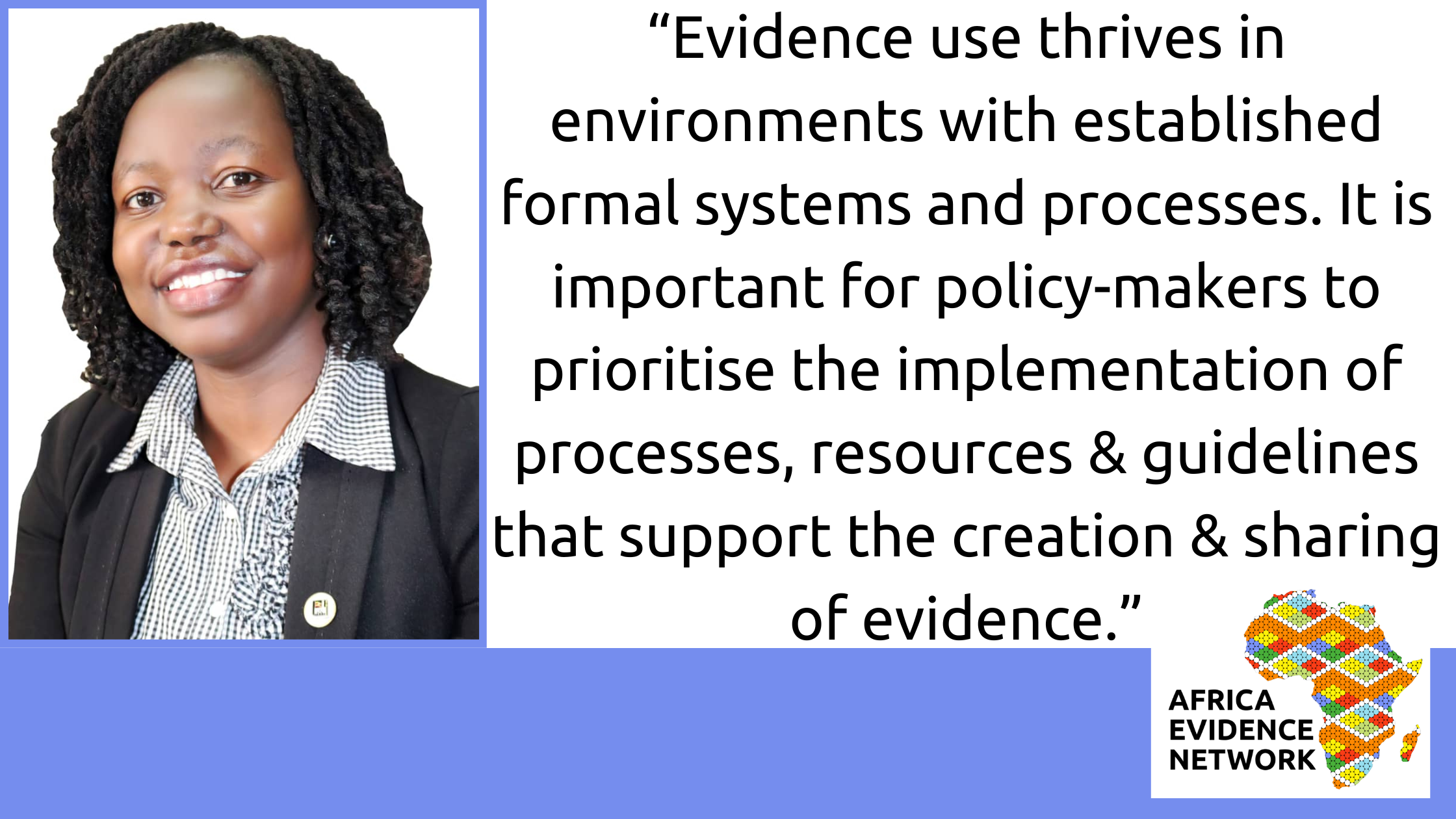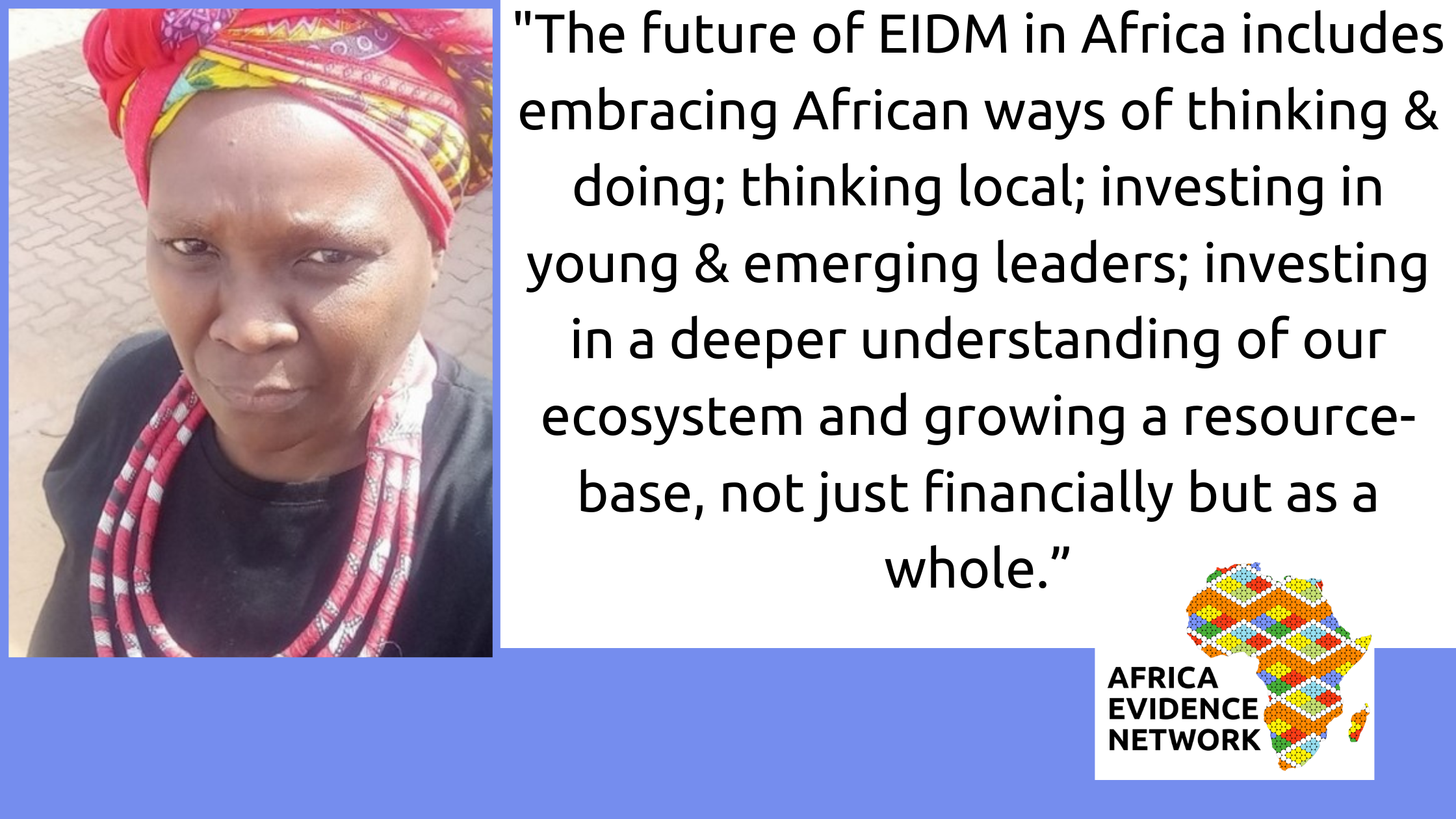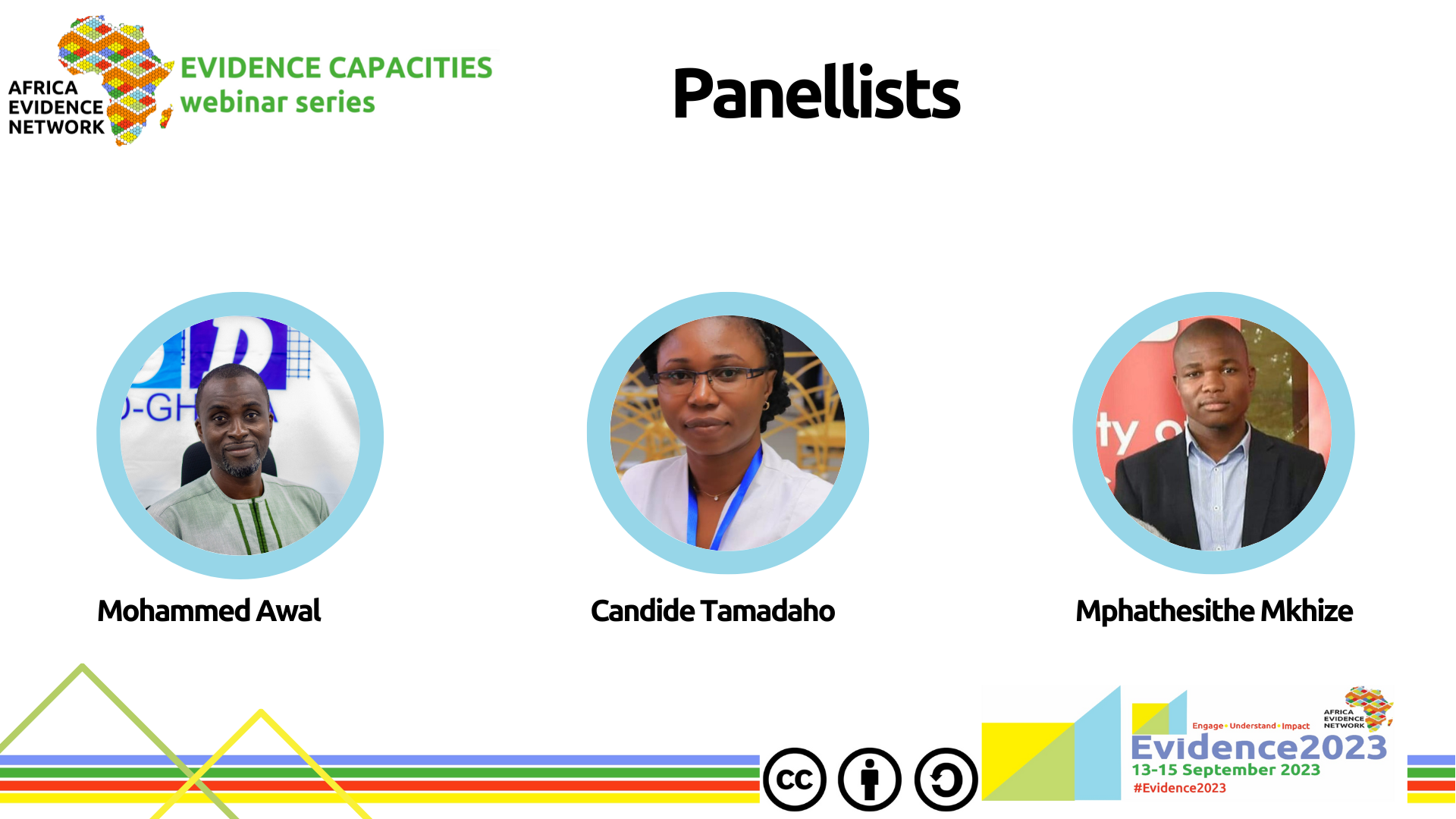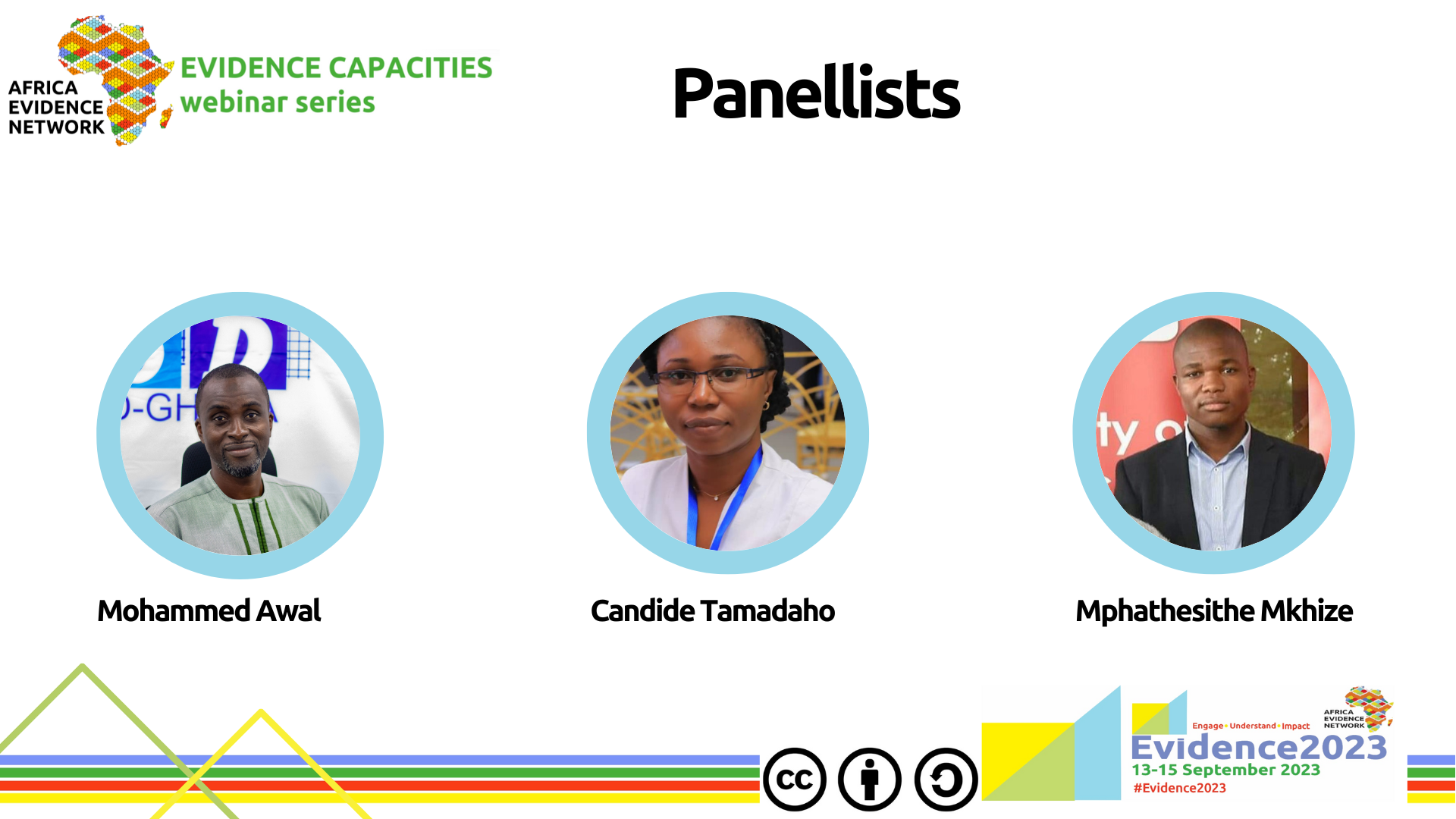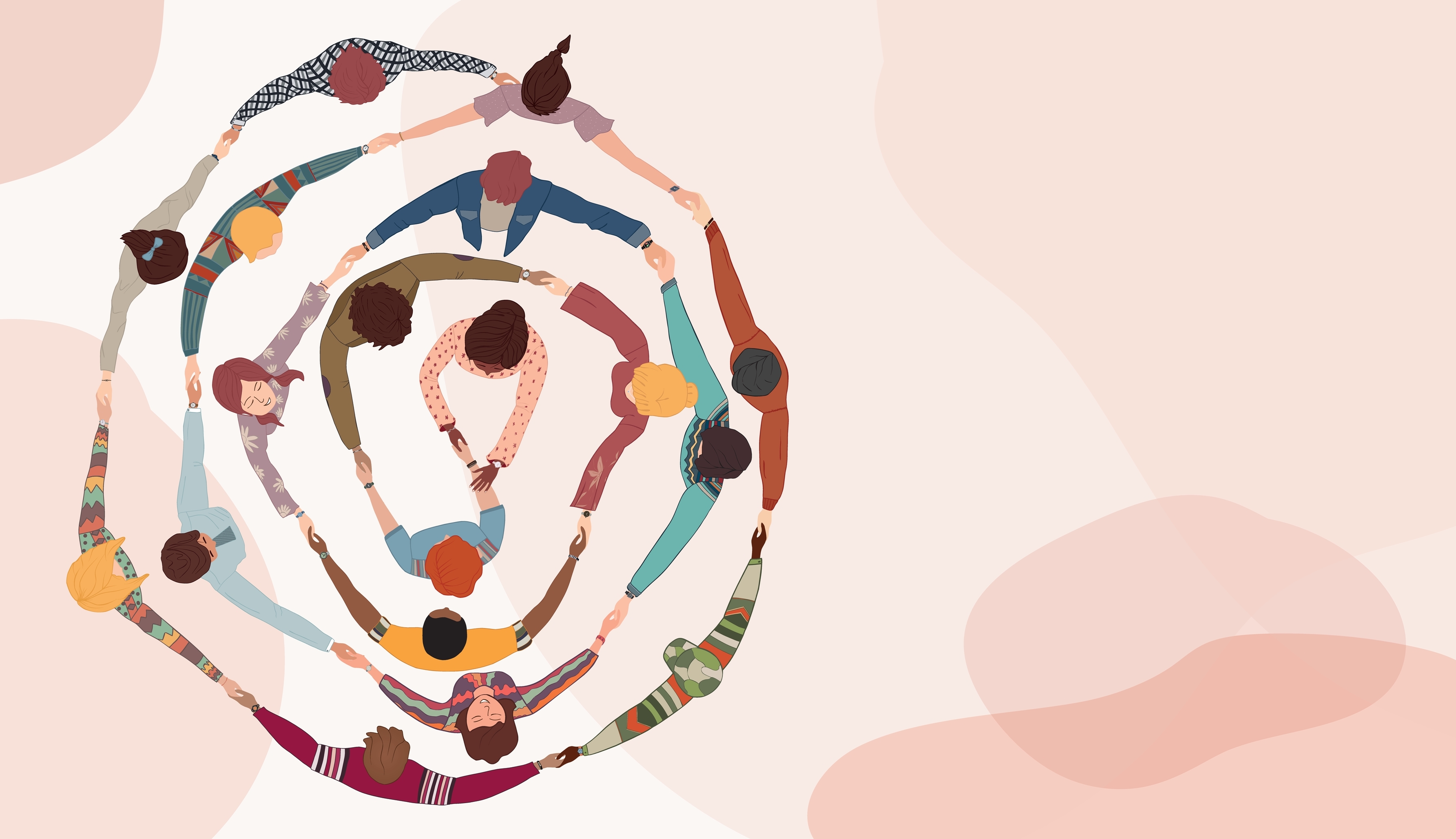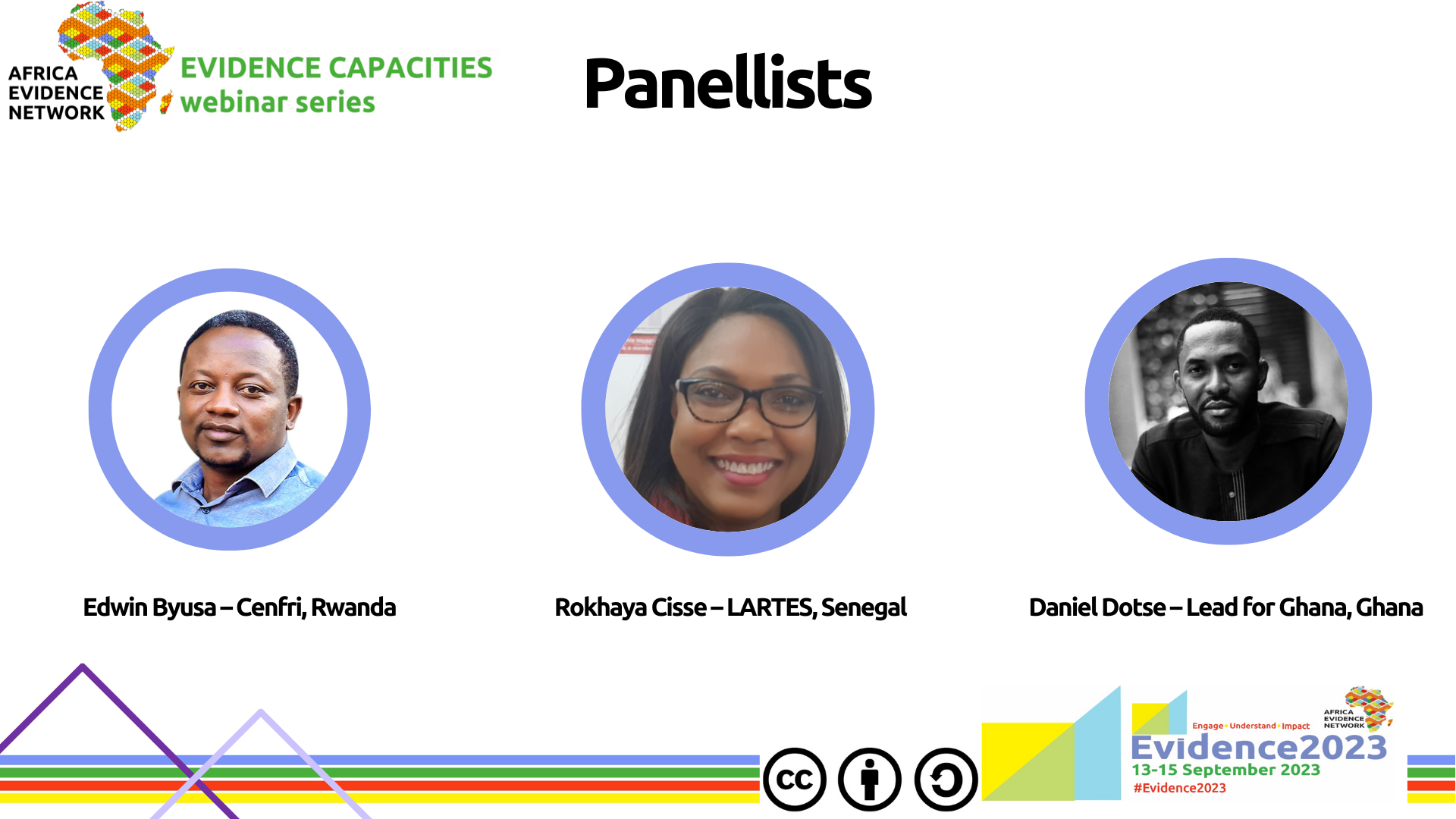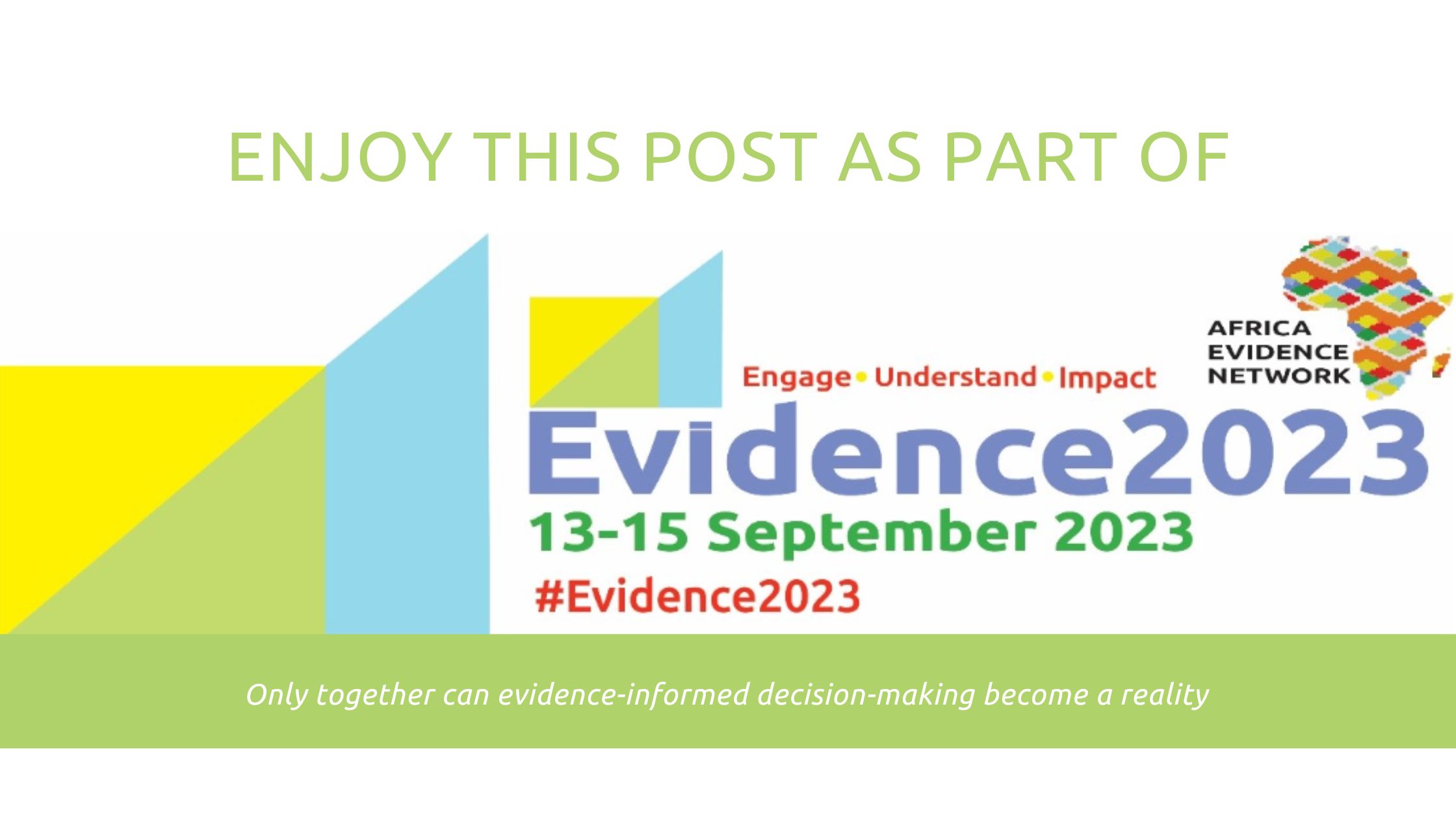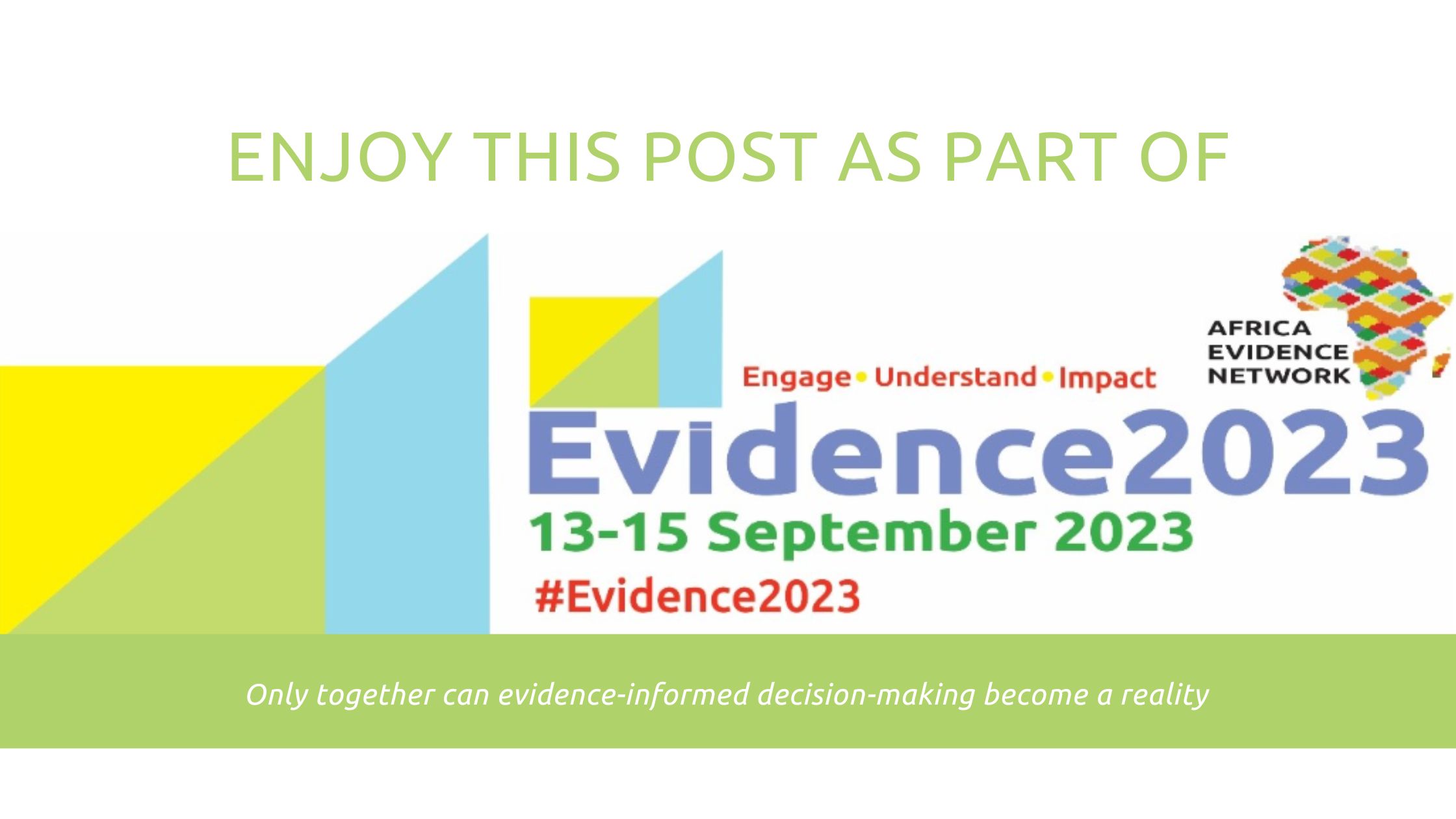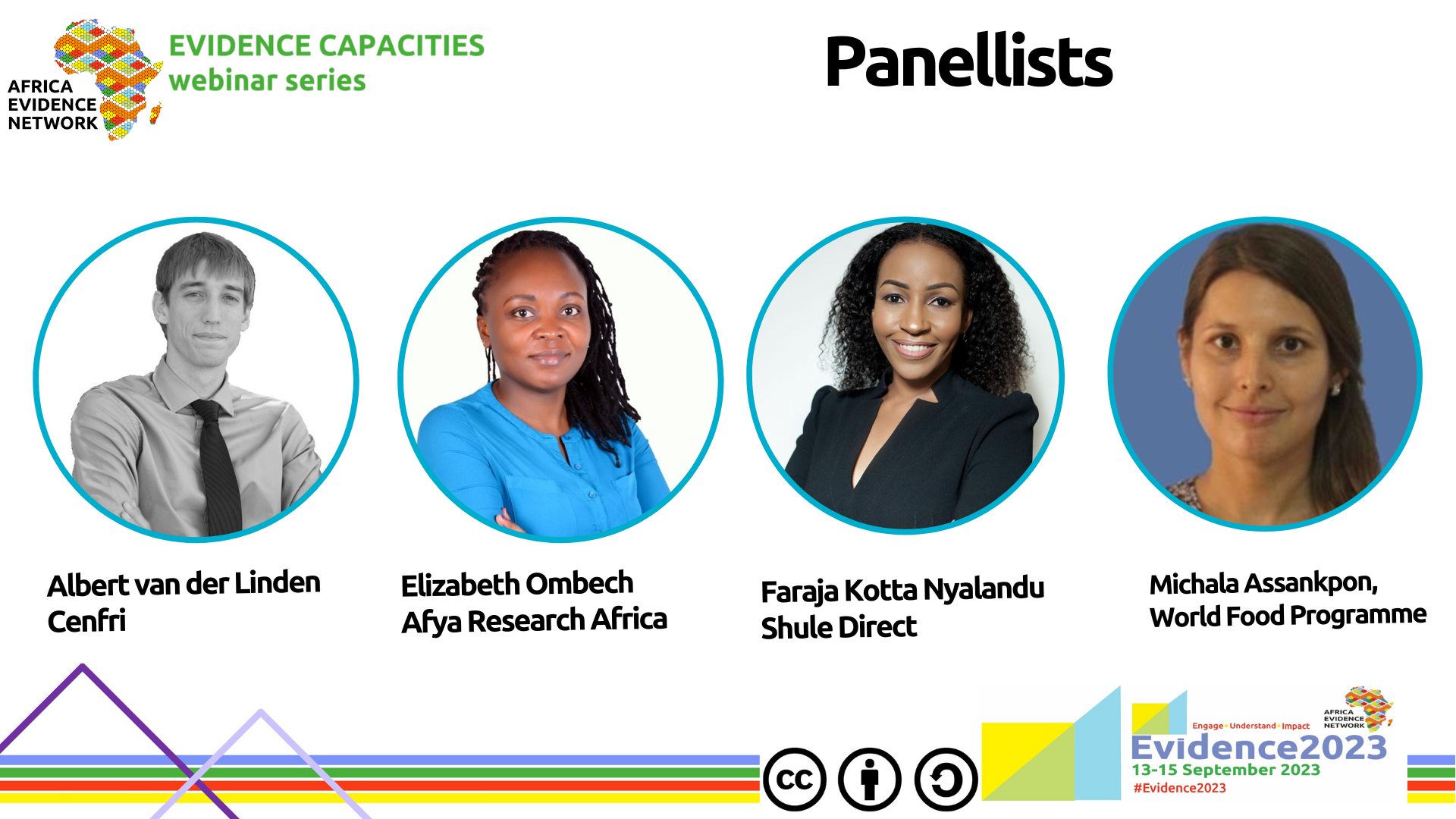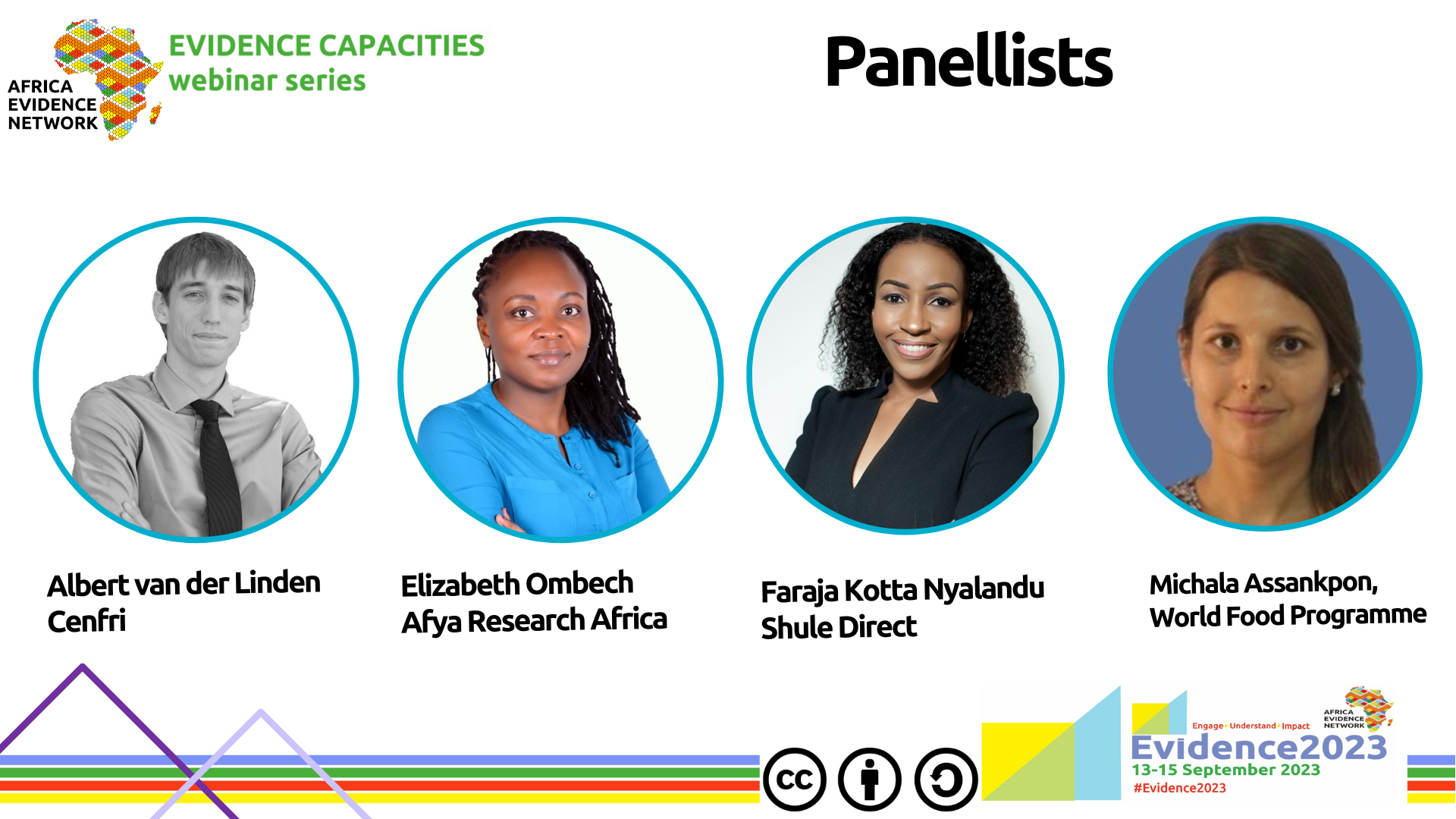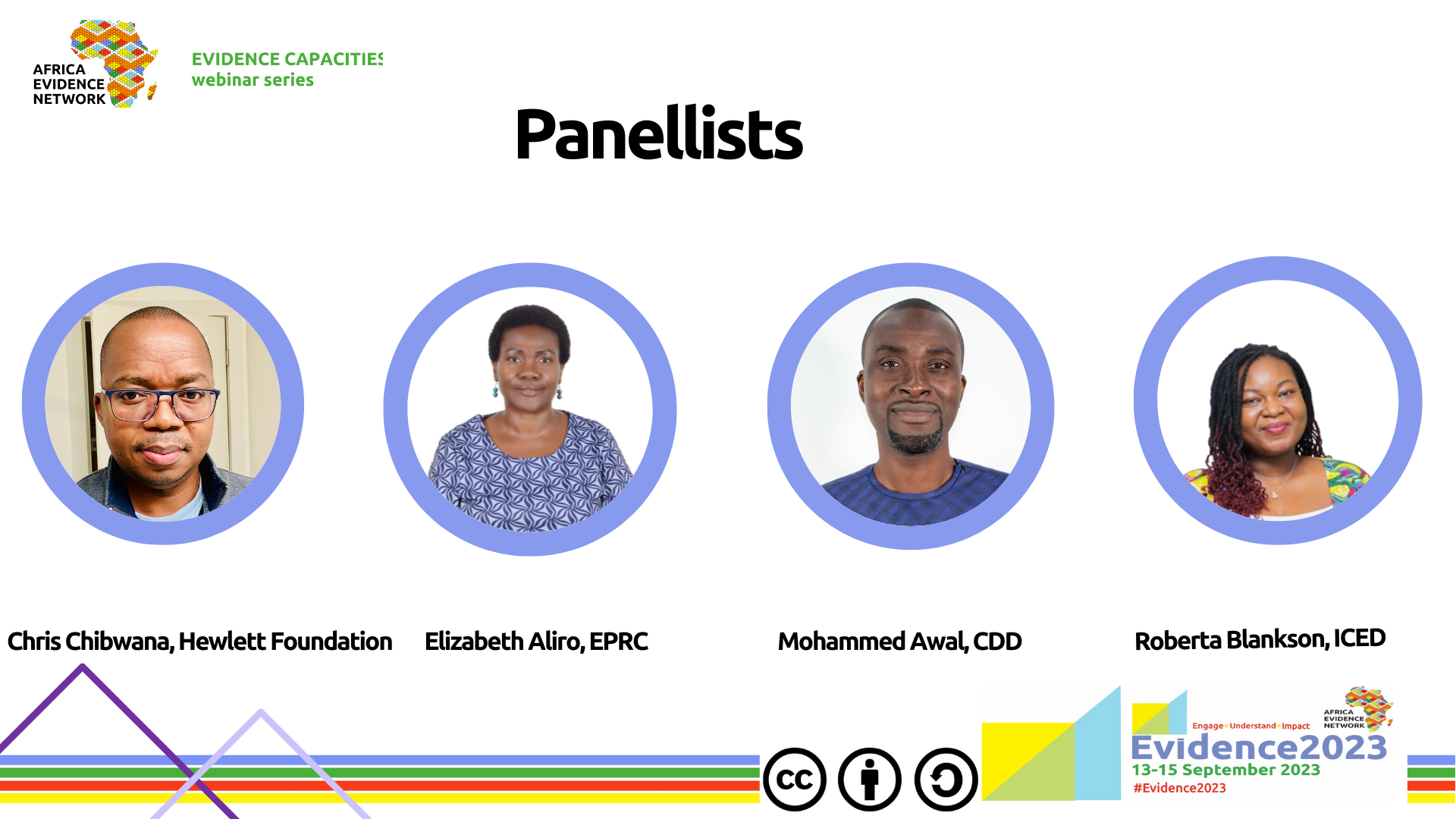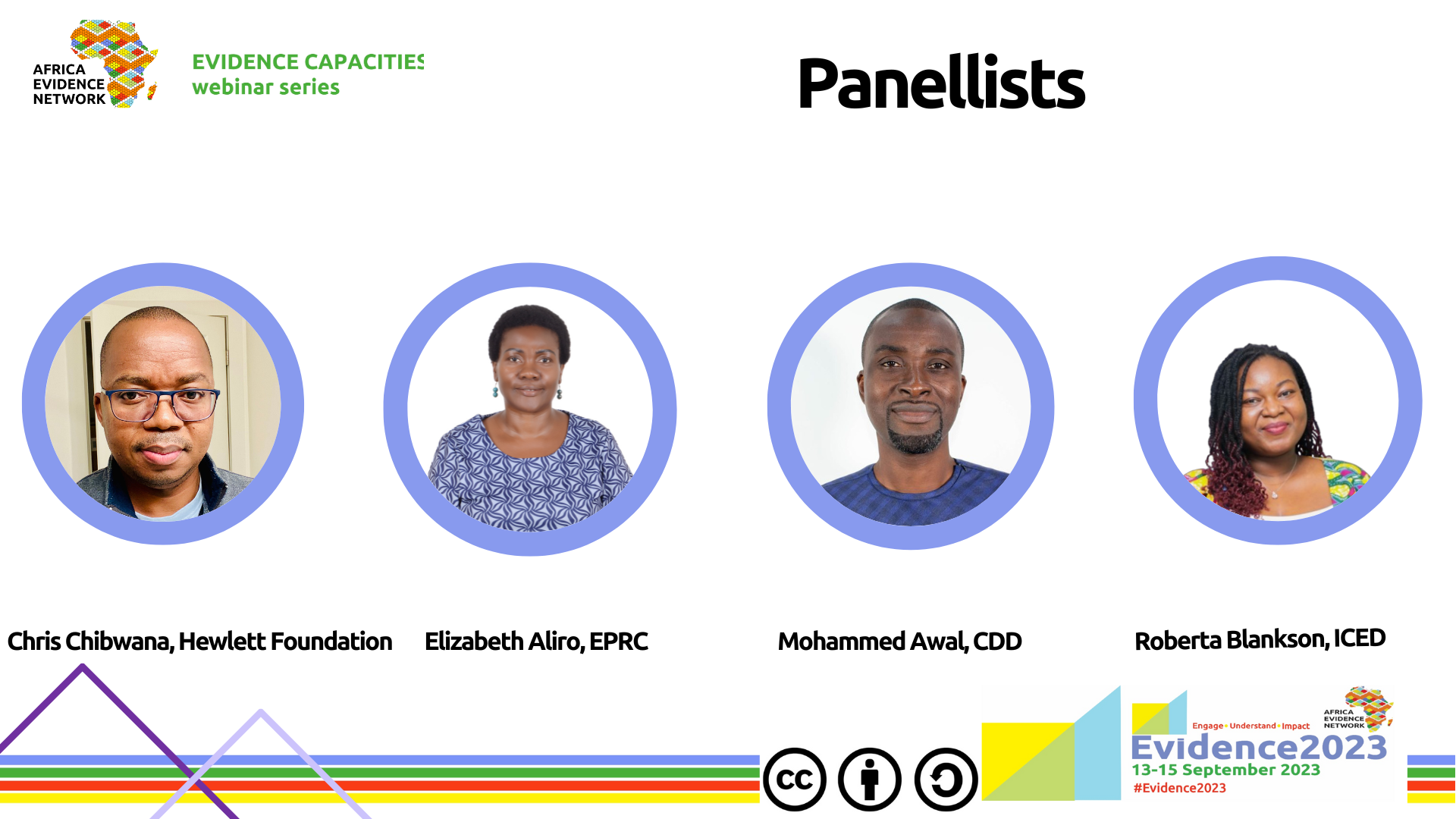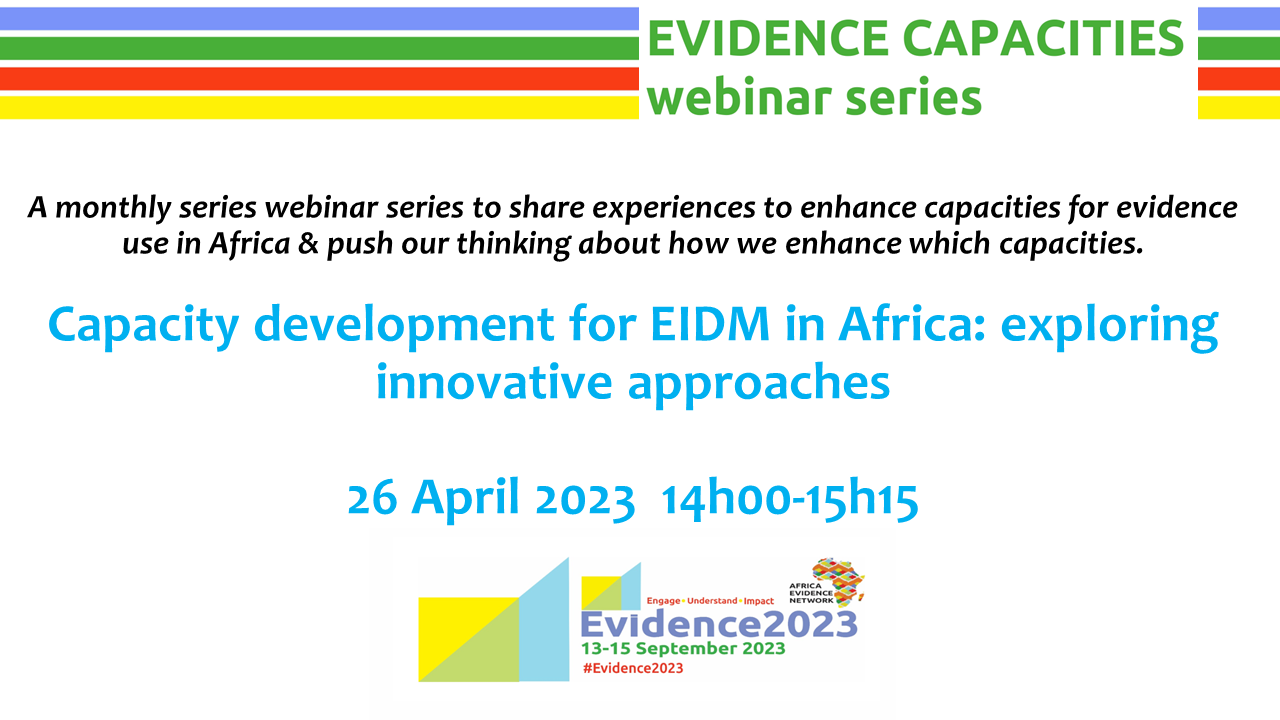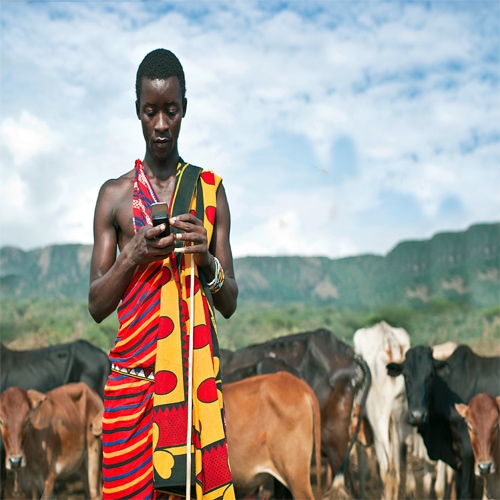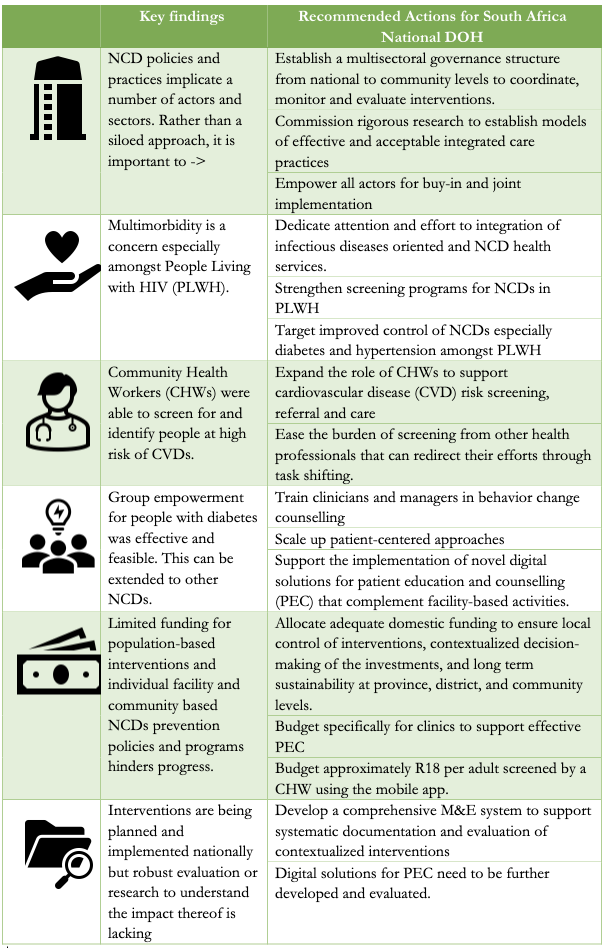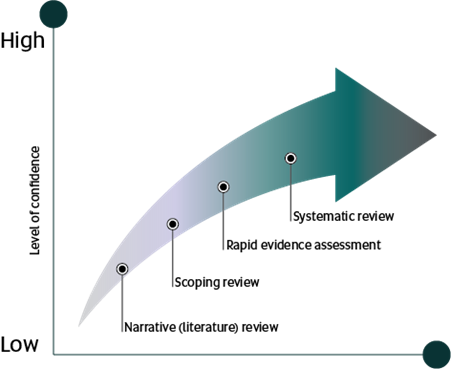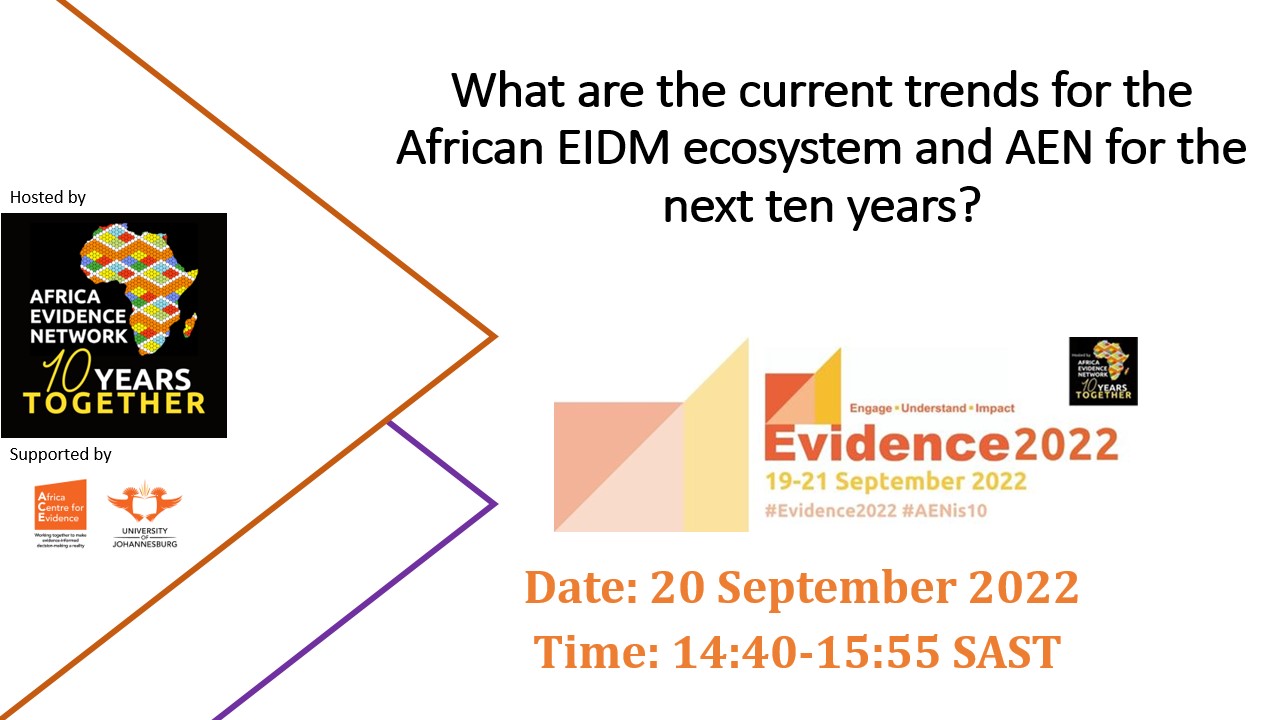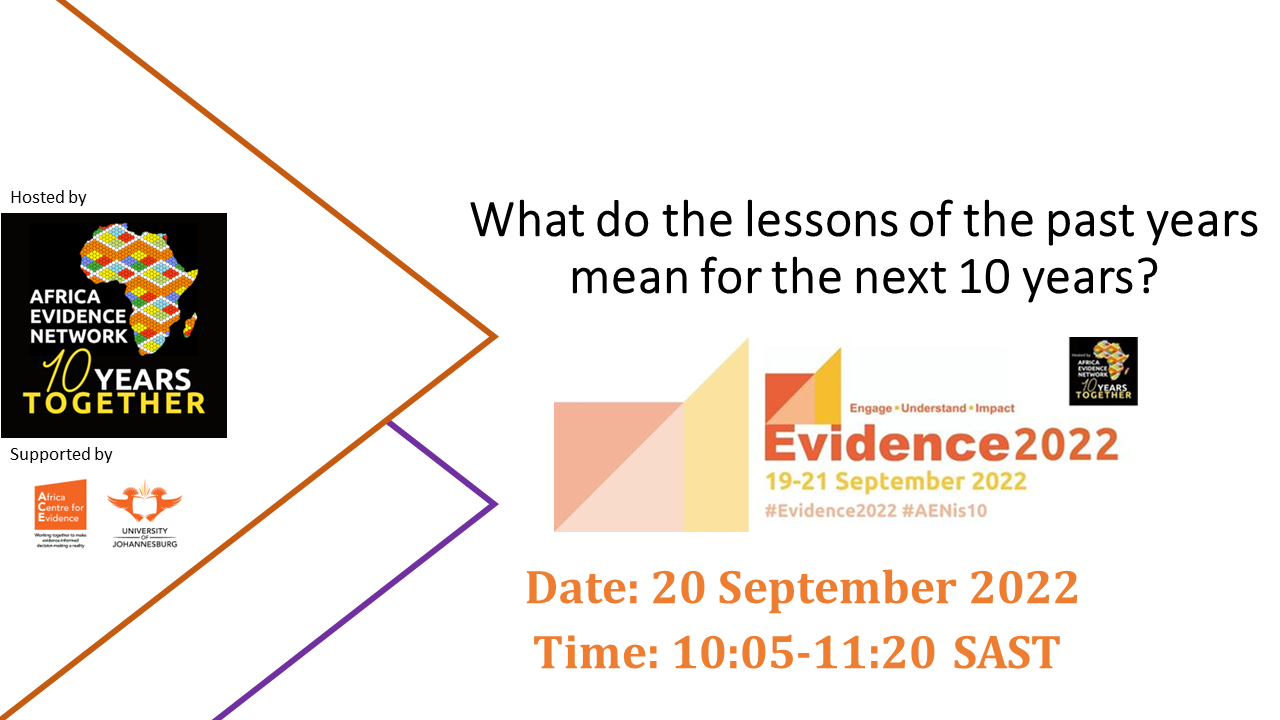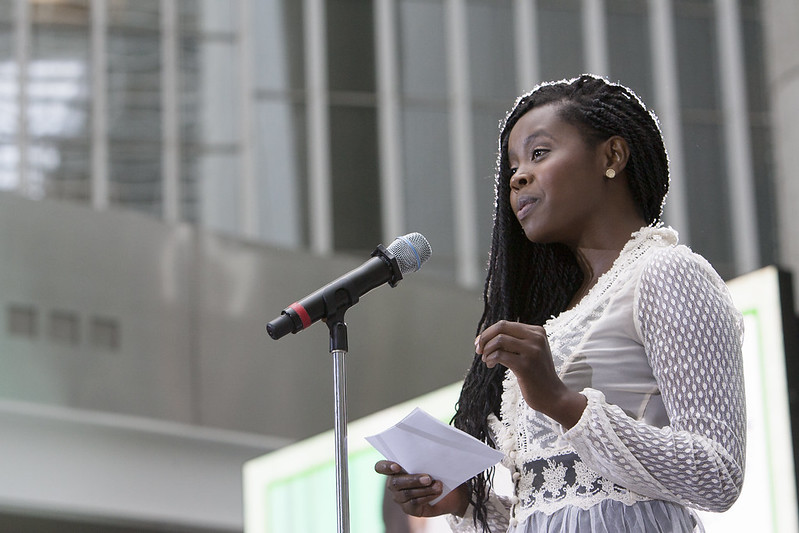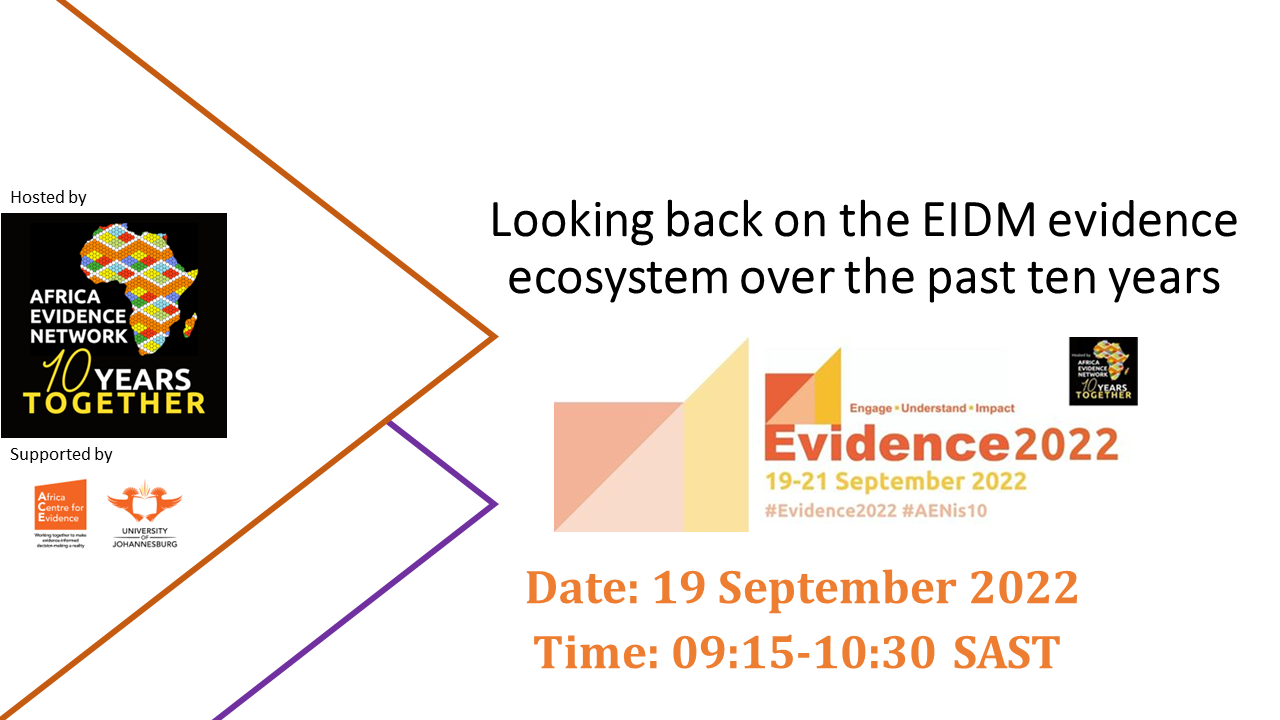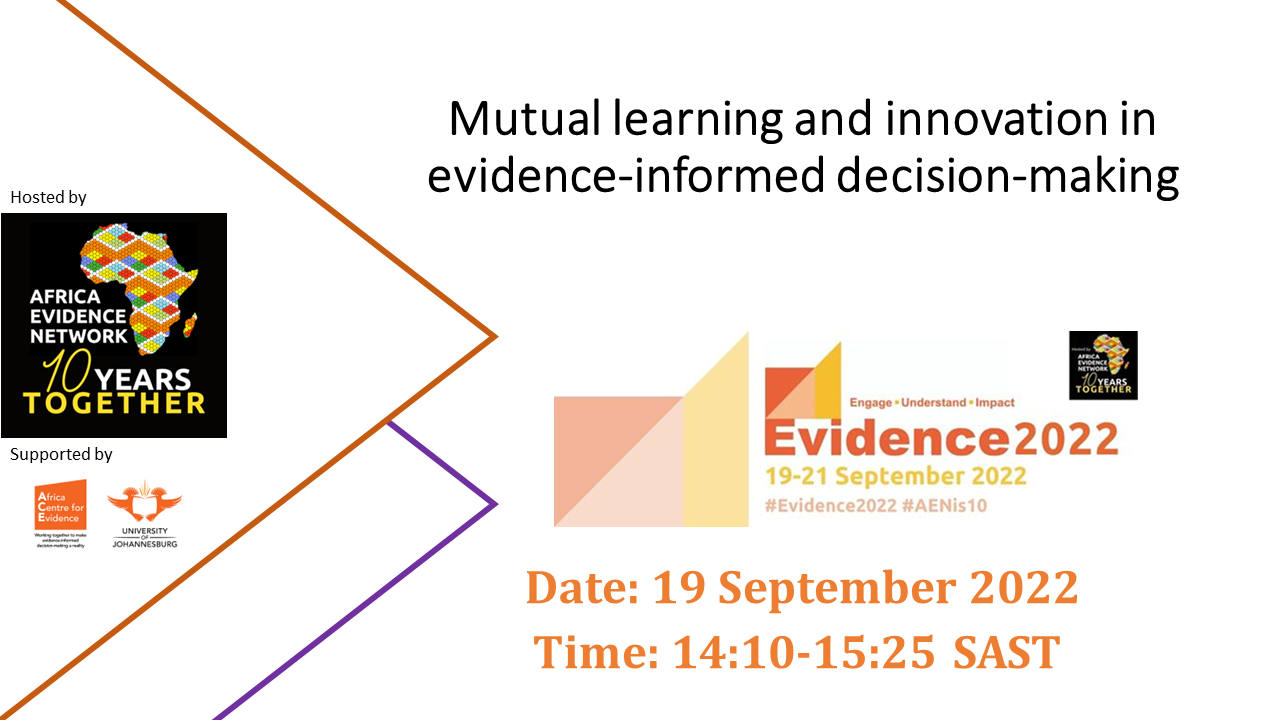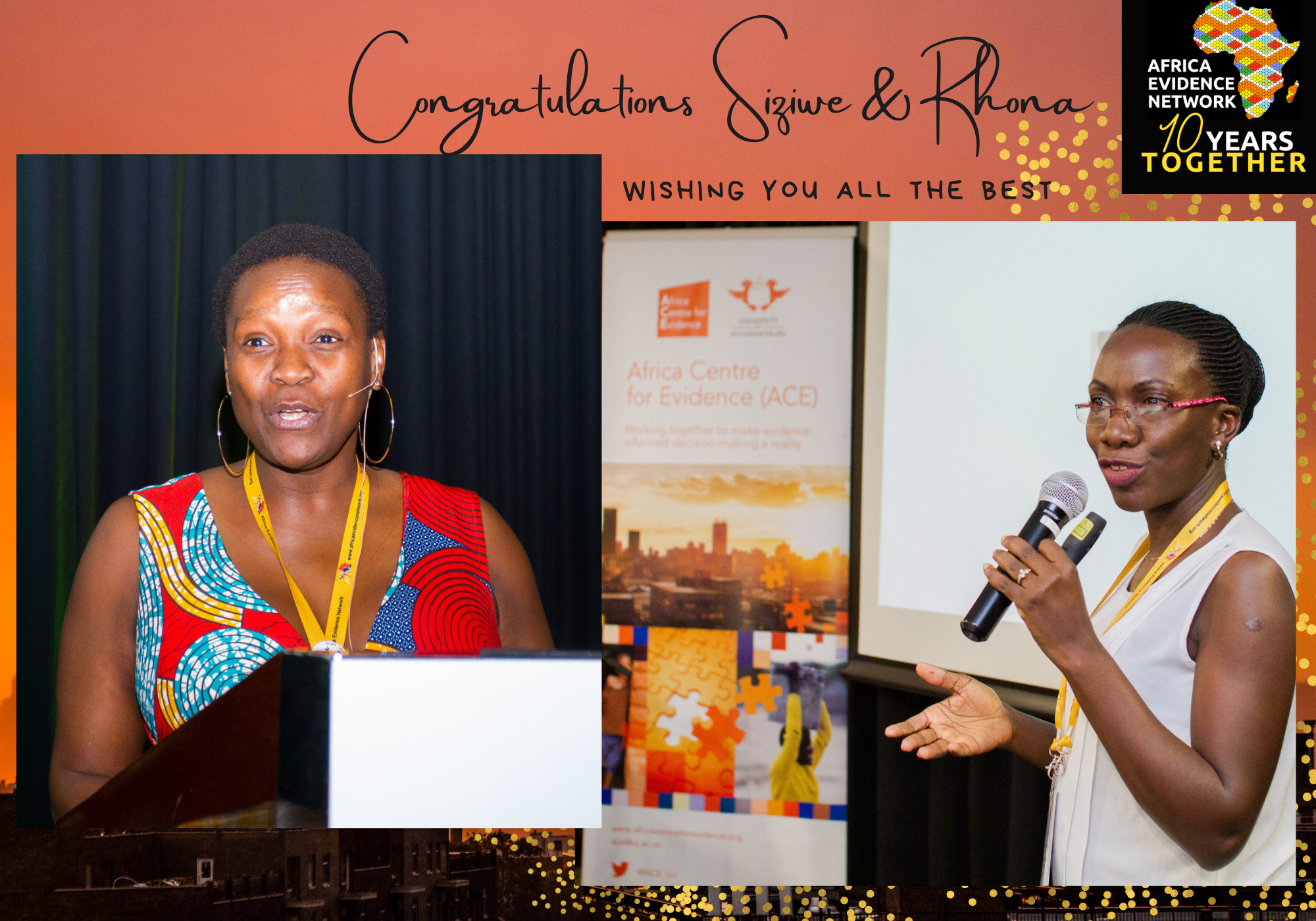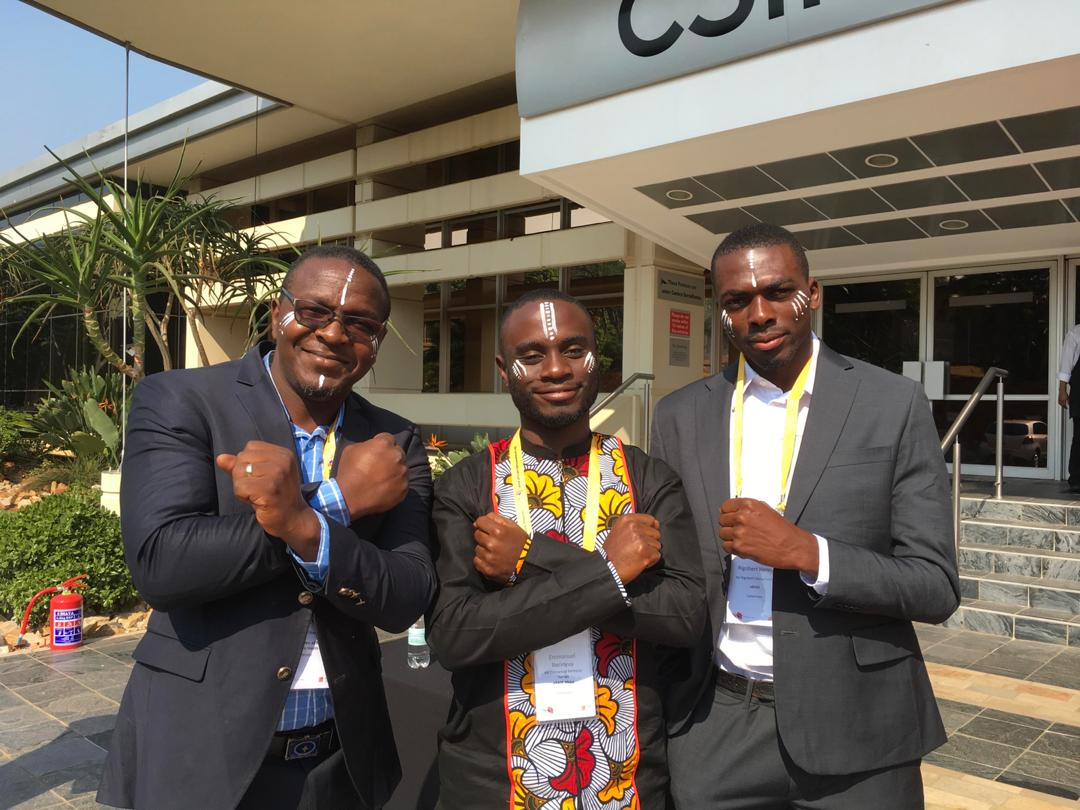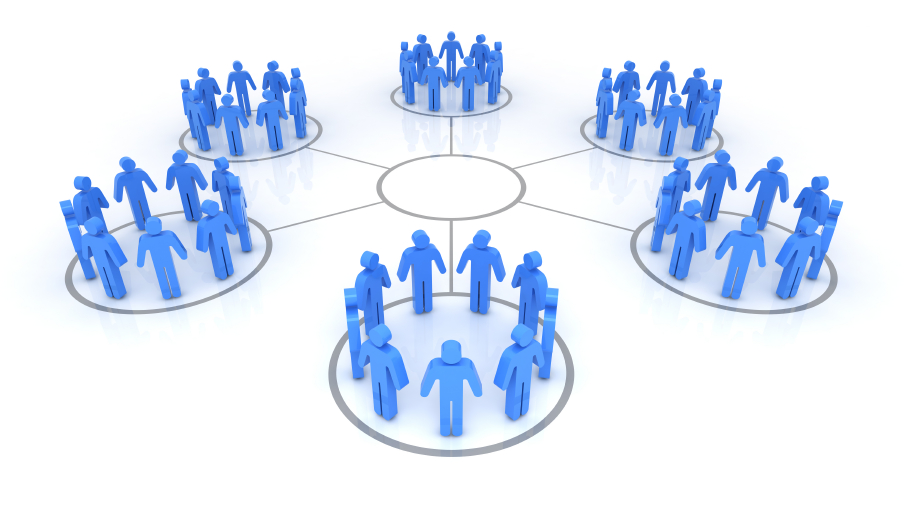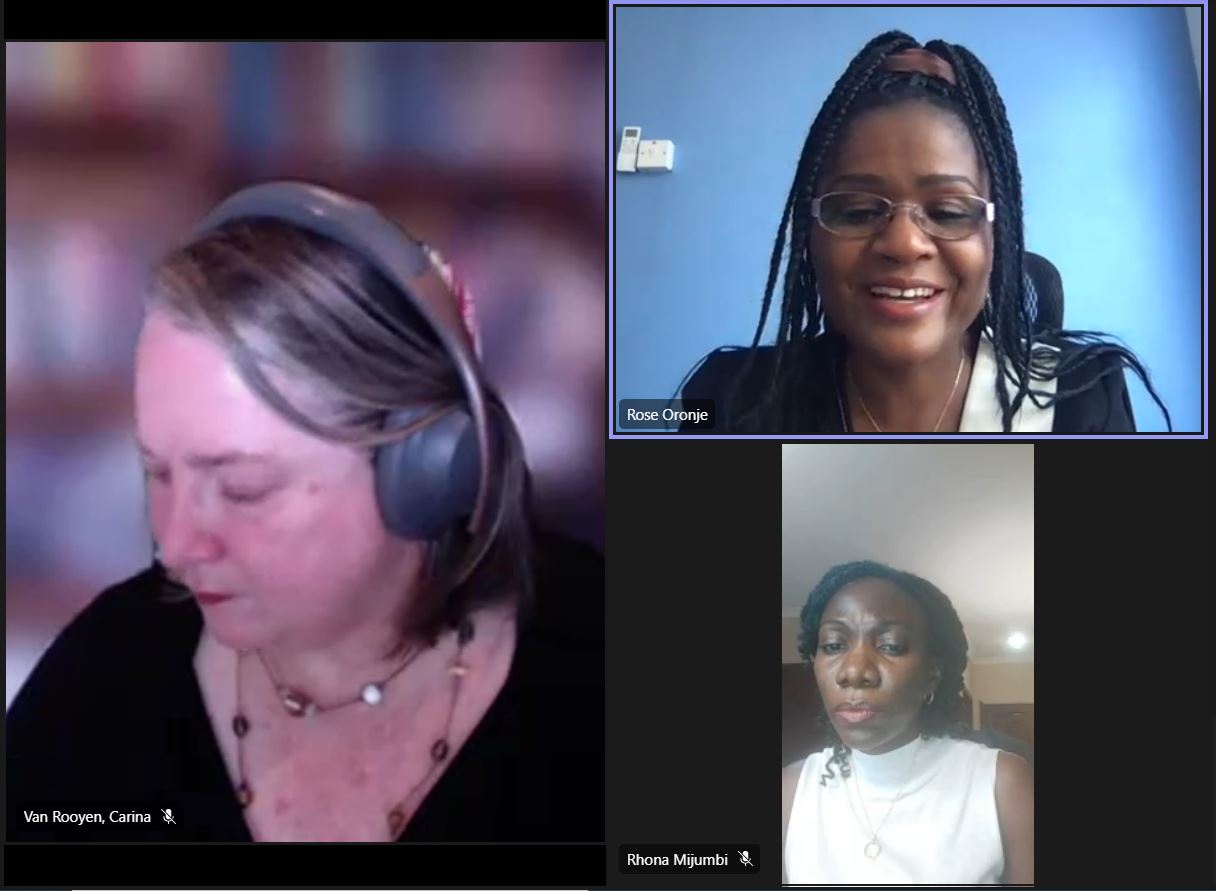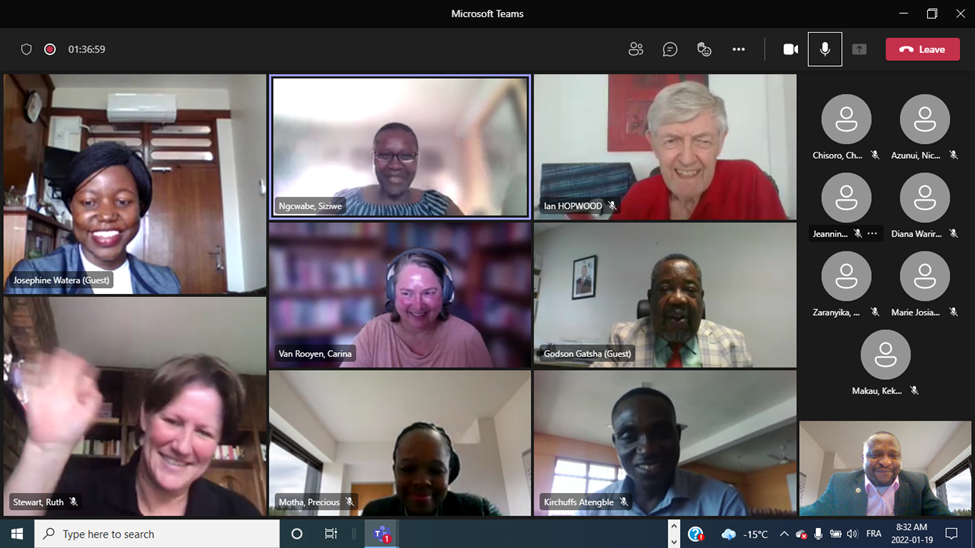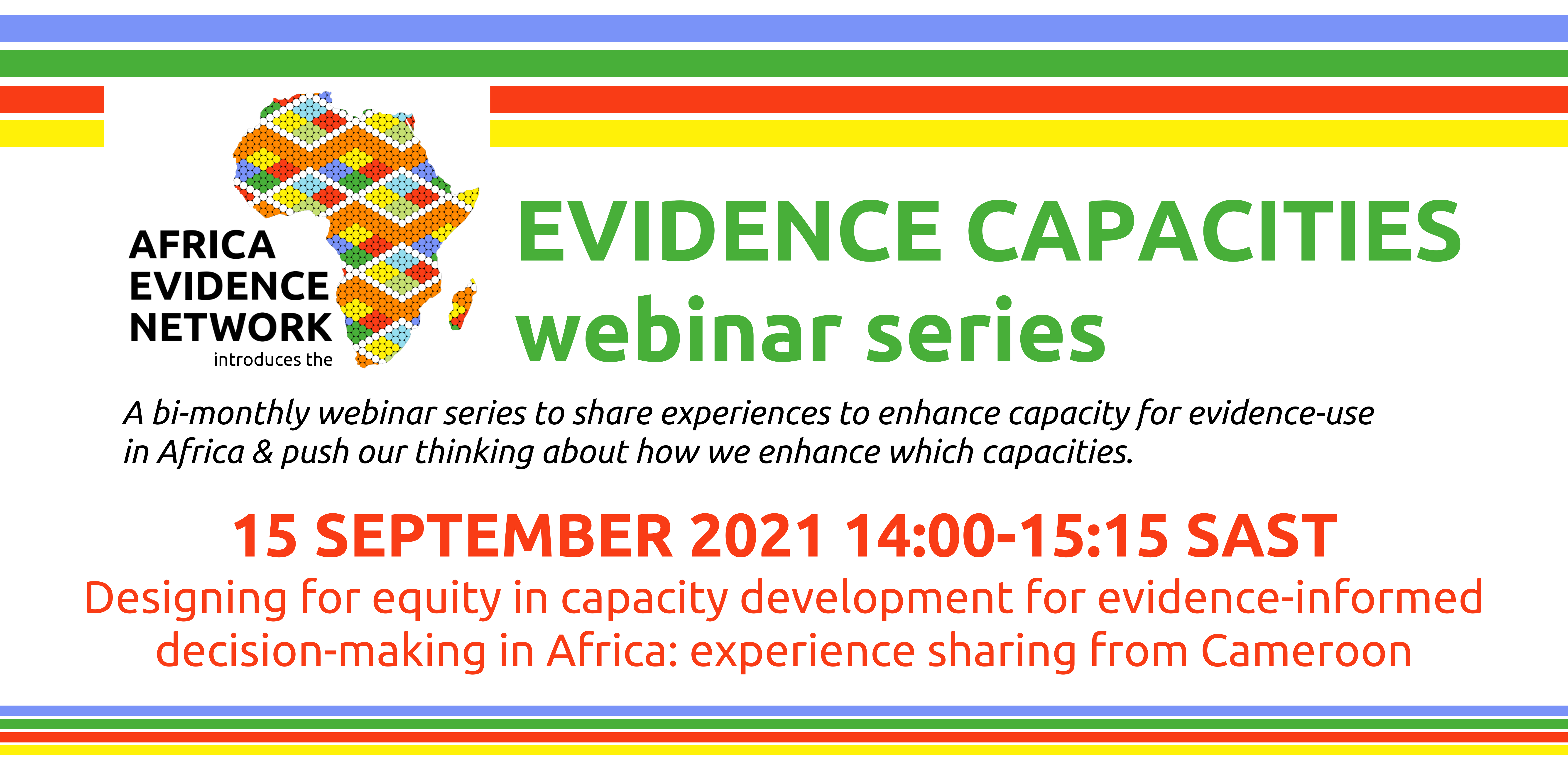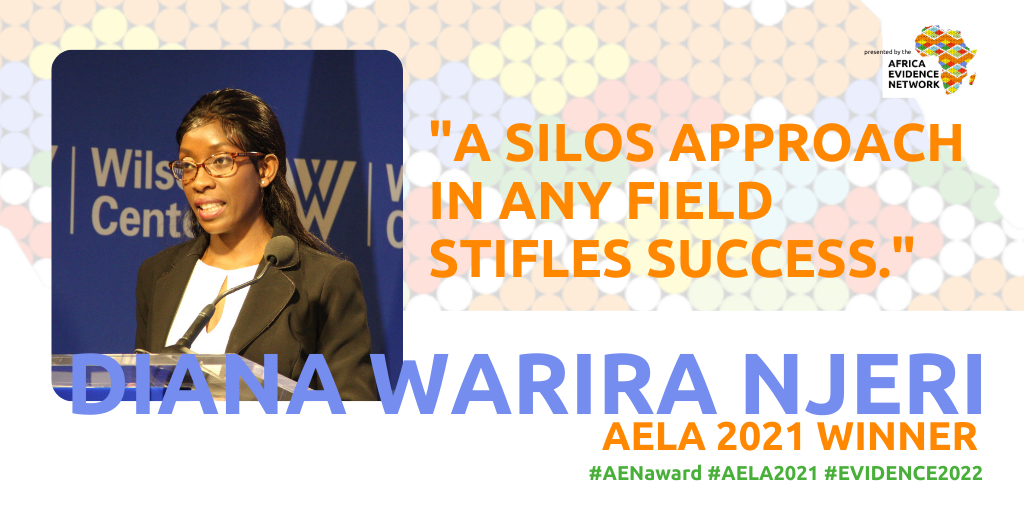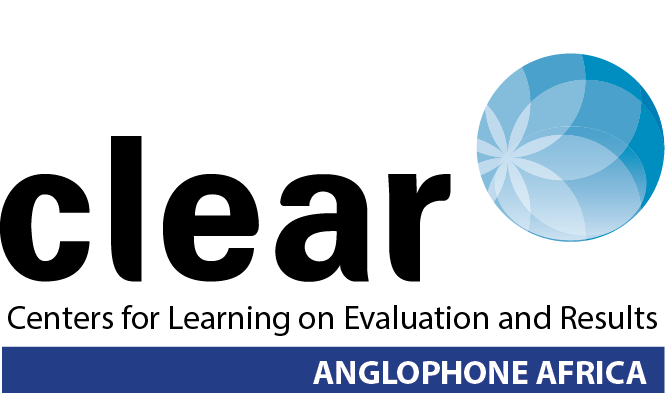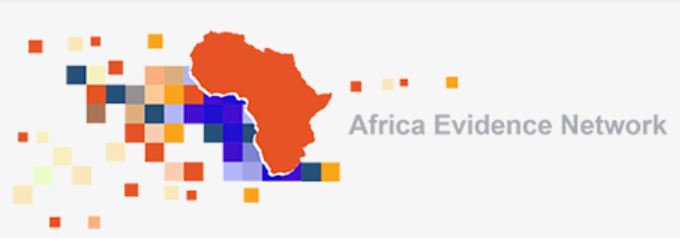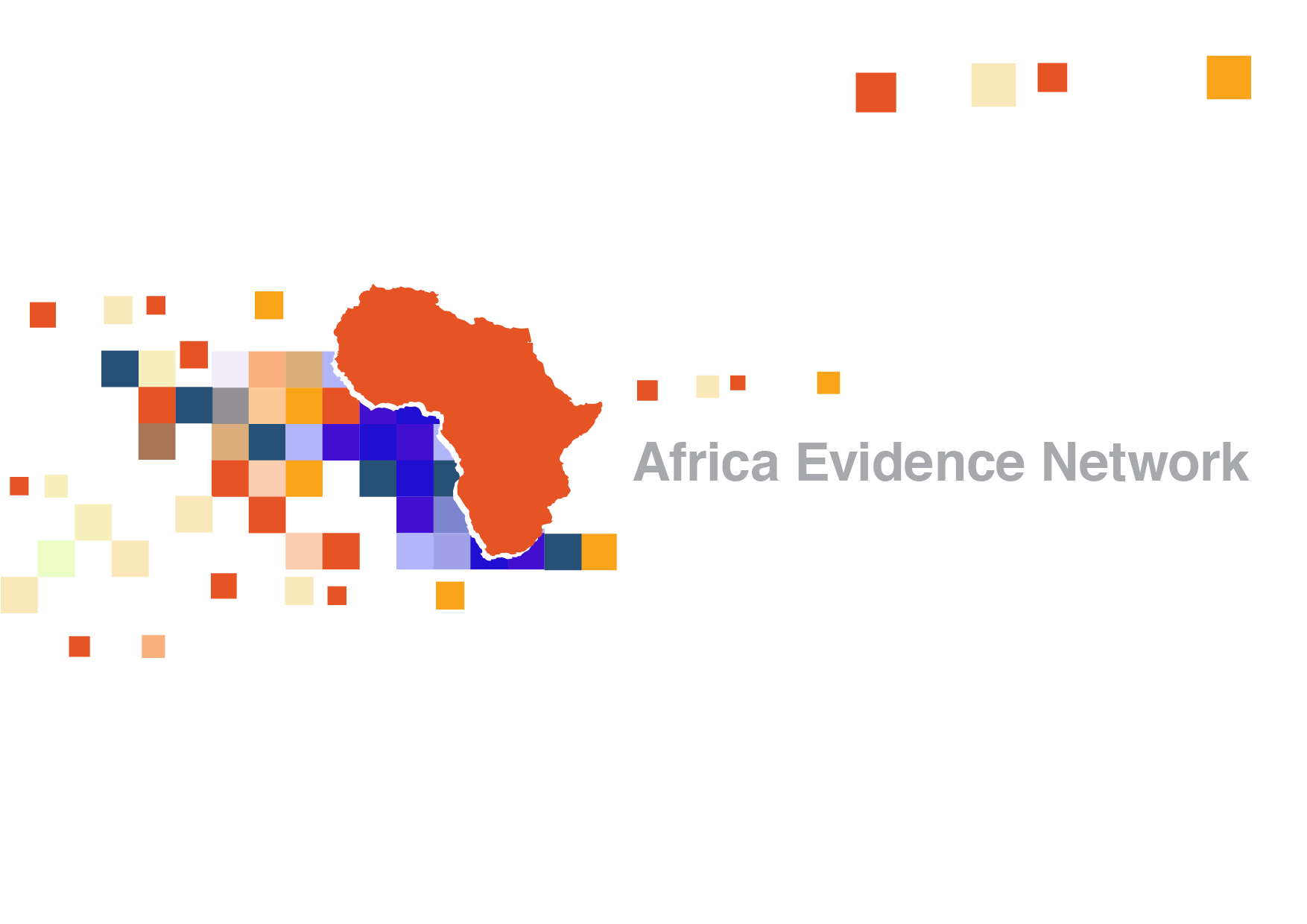
Good intentions are fine, but our complex world, from poverty reduction to climate change, demands more than the pale shadow of what is required. We still use a more strategic approach that avoids presumptions and individual biases and is driven by the best possible evidence when leading our decisions and actions. This is represented by what is termed Evidence-Informed Decision-Making (EIDM).
EIDM is a robust solution that puts beating good intentions and plausible theories into motion. It takes us from "hoping for the best" to actively building things that work in reality. This blog post explains how EIDM, in the spirit of the proverb "Waste Not, Want Not," saves us resources while positively impacting lives and communities.
The Pitfalls of Intuition and Good Intentions
Historically, many development programmes were designed based on good intentions and personal experience. While these motivations are laudable, ultimately, they can often lead to the creation of solutions that are, at best, ineffectual and, at worst, harmful. One example might be a programme offering free meals to increase school attendance. While improving child well-being is a noble goal, it is not necessarily an approach toward improving attendance for those children. One might turn up research information that identifies the low attendance cause as essential as lack of transportation or poor education quality.
Such disregard of the evidence can result in an extravagant waste of resources. Public purse strings are almost always tight, and putting bets on programmes with weak or non-existent foundational evidence means the potential for positive change goes out the window. Furthermore, ineffective programmes may well leave in their wake community distrust of and frustration with the very programmes that are supposed to help.
The Power of Evidence: Making Choices that Matter
EIDM puts a dose of "why" into our decision-making. It involves seeking out and using the best available evidence—scientific research, citizen surveys, expert opinions, and data analysis—to understand, first, the problem and, second, to design the solution most likely to succeed. Suppose a government struggled with high infant mortality rates in one of its predominantly rural poor regions. EIDM may encourage them to study data on explanatory variables, such as prenatal care, immunisation rate coverage, and cases of malnutrition. They can then take these findings to design interventions that deal with the most severe issues emerging from the evidence, like a mobile healthcare clinic or local community education programmes on nutrition.
The Benefits of EIDM: A Ripple Effect of Positive Change
EIDM has numerous benefits that stretch beyond the money it saves. Some of these advantages are:
• Increasing effectiveness: EIDM increases the likelihood of positive outcomes due to its focus on solutions based on prior experience. Scarce resources are used more efficiently to get better value for money.
• Better lives: Evidence-based effective programmes may significantly improve people's lives. These could manifest as better health outcomes, access to education, or more robust economic opportunities.
• Better accountability and transparency: With EIDM, a culture of accountability is created whereby data and evidence get utilised to trace progress and determine the efficiency of programmes. If done right, such transparency develops trust and public confidence in decision-making processes.
• Lesser chances of damage: EIDM lowers the chances of probable adverse effects arising from the development programmes by critically analysing the potential outcomes in advance.
Putting EIDM into Practice: A Toolkit for Change
Luckily, any stakeholder can exercise EIDM. The following steps are taken to put it into practice:
• Defining the problem: Define the issue you want to fix.
• Having diverse sources of evidence: Not relying on one source of information, such as academic research, reviewing citizen surveys, or analysing data and expert opinions to gain holistic insight.
• Critically assessing evidence: Everything is not evidence. Your findings need to be gauged by credibility and pertinent contexts.
• Designing Solutions Based on Evidence: From research and views, create solutions that answer the problems with documented outputs.
• Monitor and adapt: Effective programmes can evolve. Regularly monitor progress and be prepared to adjust your approach based on new evidence.
Beyond the Blog: Expanding the Reach of EIDM
While individuals can take initiative, a broader shift towards EIDM requires a multi-pronged approach:
• Building capacity: Building the skills of policymakers, development professionals, and NGOs in identifying and using evidence.
• Investing in research: Increasing investment in research to identify what works best as interventions and study existing programs for impact.
• Sharing knowledge: Providing channels through which evidence-based best practices can be shared and cross-sector collaboration can be built.
Conclusion: A Better Future Based on Evidence
EIDM is not a magic bullet but a powerful tool for tackling complex challenges. It helps avoid the waste of resources and makes our actions effective through evidence-informed decisions that ensure a bright future for us and generations to come.
About the author: Oluyemi Theophilus Adeosun is a Research Fellow at Lagos Business School, Pan Atlantic University, Lagos State, Nigeria. He is known for his strategic leadership, applying a holistic approach to implement HR strategies that enhance organisational performance and fortify business systems. He has a robust staff training, development, and supervision background and is adept at leading and motivating high-performing teams towards achieving common goals and a shared vision.
He is a distinguished Human Resource Executive with an impressive career spanning over 19 years across various high-profile industries. These include Power/Energy, Oil & Gas, Telecommunications, Technology, Courier, E-commerce, Broadcasting, Real Estate, Advertising, Academia, Consulting, Membership-Based Organisation, and Volunteer work. He brings a diverse skill set in organisational strategy development, business partnership, change management, employee relationship management, and expert HR roles.
As a visionary thought leader, Oluyemi excels in managing transformational HR projects, revamping organisational culture, and establishing functional human resources departments. He demonstrates a profound understanding of both local and international employment laws. His strong business acumen, excellent assessment skills, and sound judgment enable him to address complex organisational issues effectively. He embraces challenges with a unique blend of creativity and practicality.
Oluyemi is a valued, trusted, and respected business partner recognised for his exceptional work ethic, integrity, and high professional standards. He is a competent ISO Auditor, well-versed with ISO 9001 -2008 Standards. He possesses a comprehensive understanding of International Labor Organisation (ILO) Conventions and guidelines and is skilled in managing co-funded staff within multinational organisations. In terms of his specialities, he has considerable expertise in Economic policy research and analysis, Project Design and Management, Business process improvement, Business systems documentation, Institutional/Organisational Development, and Capacity building. You can contact him at oluyemiadeosun@gmail.com. He is also reachable on the following social media platforms: LinkedIn, Facebook, Twitter and Instagram.
Acknowledgements: The author(s) is solely responsible for the content of this article, including all errors or omissions; acknowledgements do not imply endorsement of the content. The author is grateful to Charity Chisoro for her guidance in preparing and finalising this article, as well as her editorial support.
Disclaimer: The views expressed in published blog posts, as well as any errors or omissions, are the sole responsibility of the author/s and do not represent the views of the Africa Evidence Network, its secretariat, advisory or reference groups, or its funders; nor does it imply endorsement by the afore-mentioned parties.
Suggested citation: Adeosun O (2024) Waste Not, Want Not: How Evidence Saves Money and Improves Lives. Blog posting on 18 June 2024. Available at: https://www.africaevidencenetwork.org/en/learning-space/article/325/
